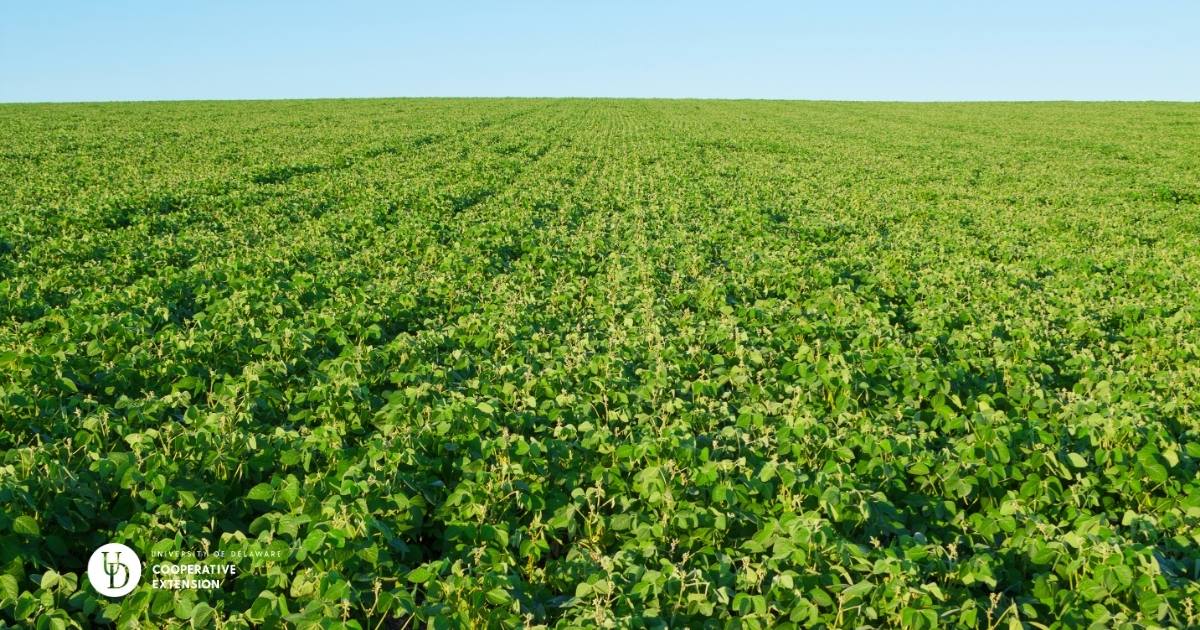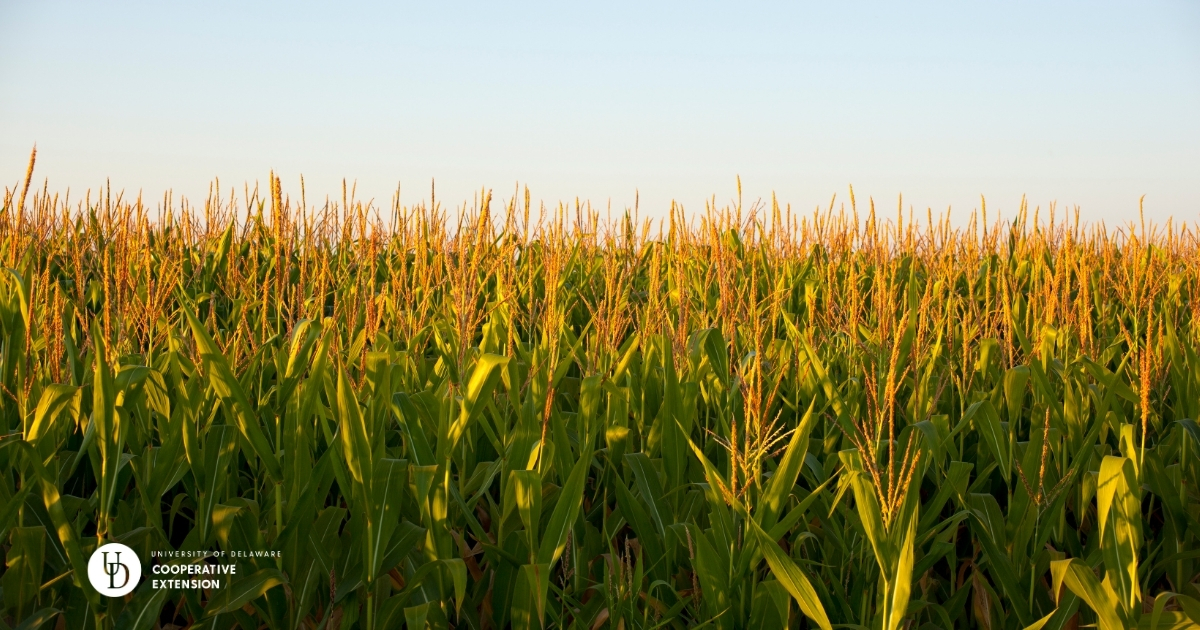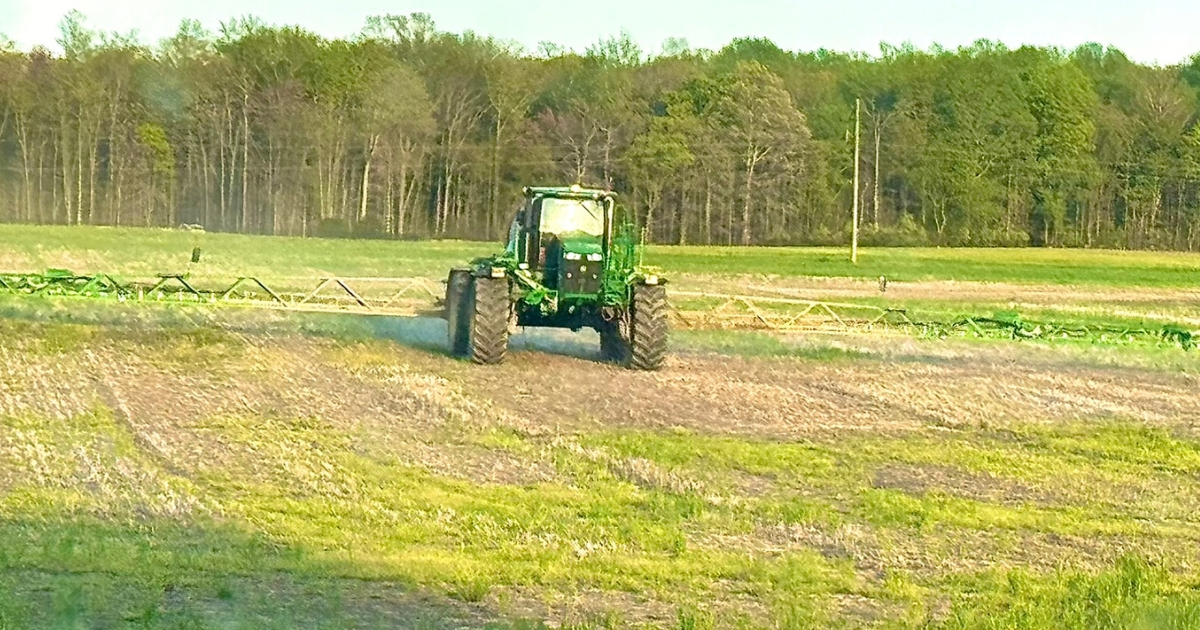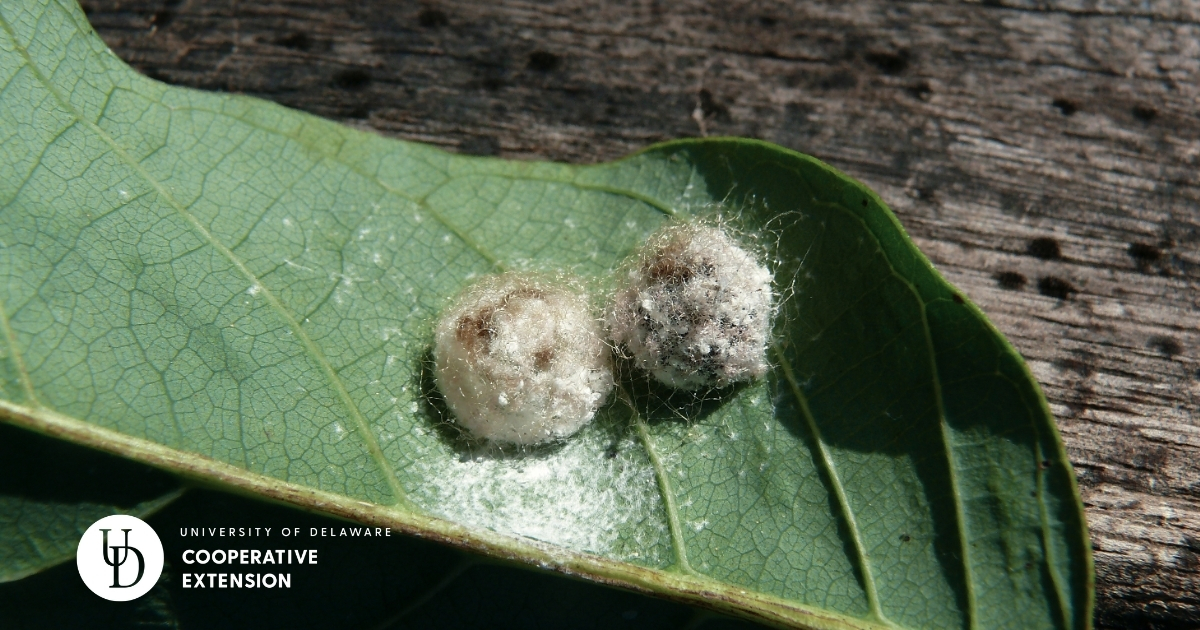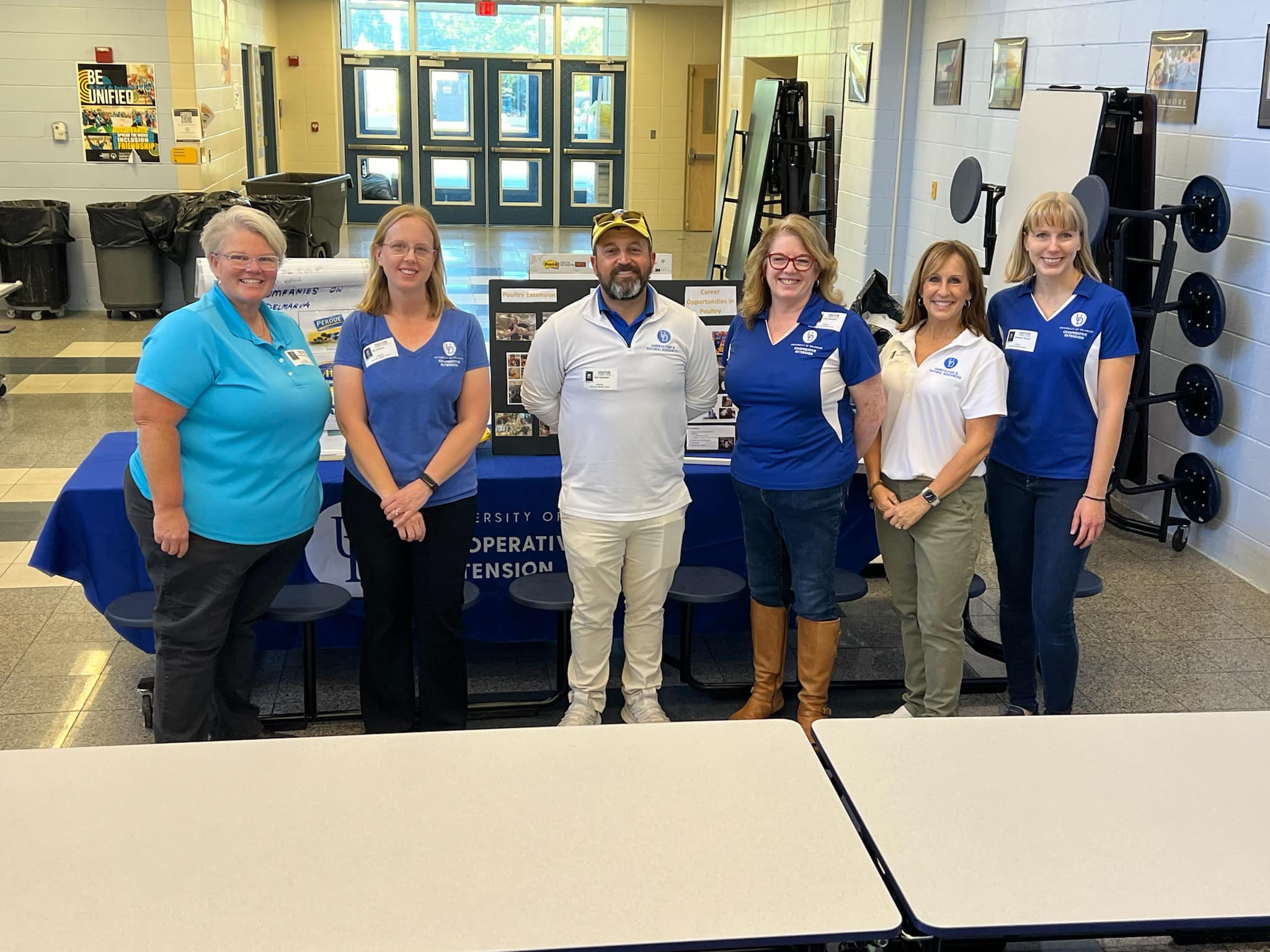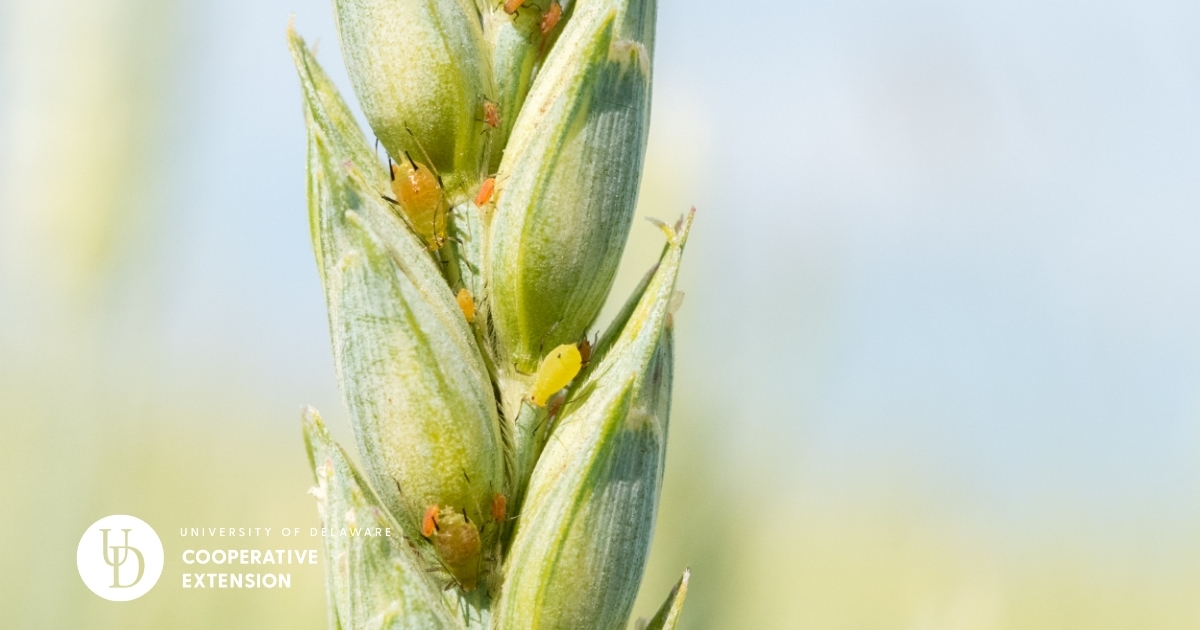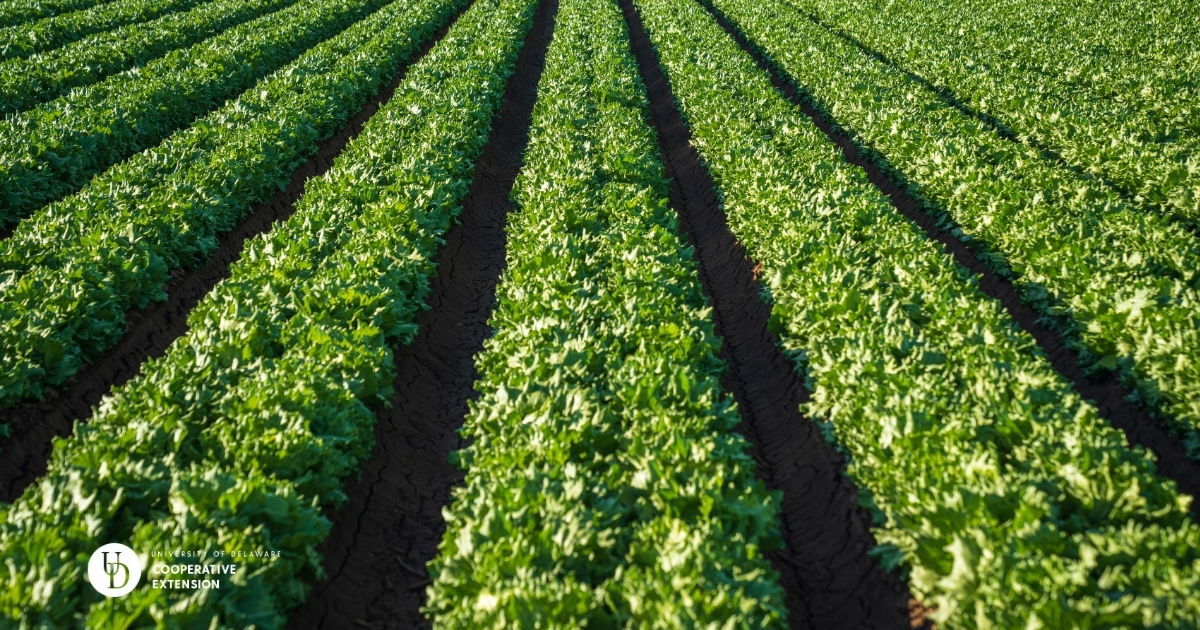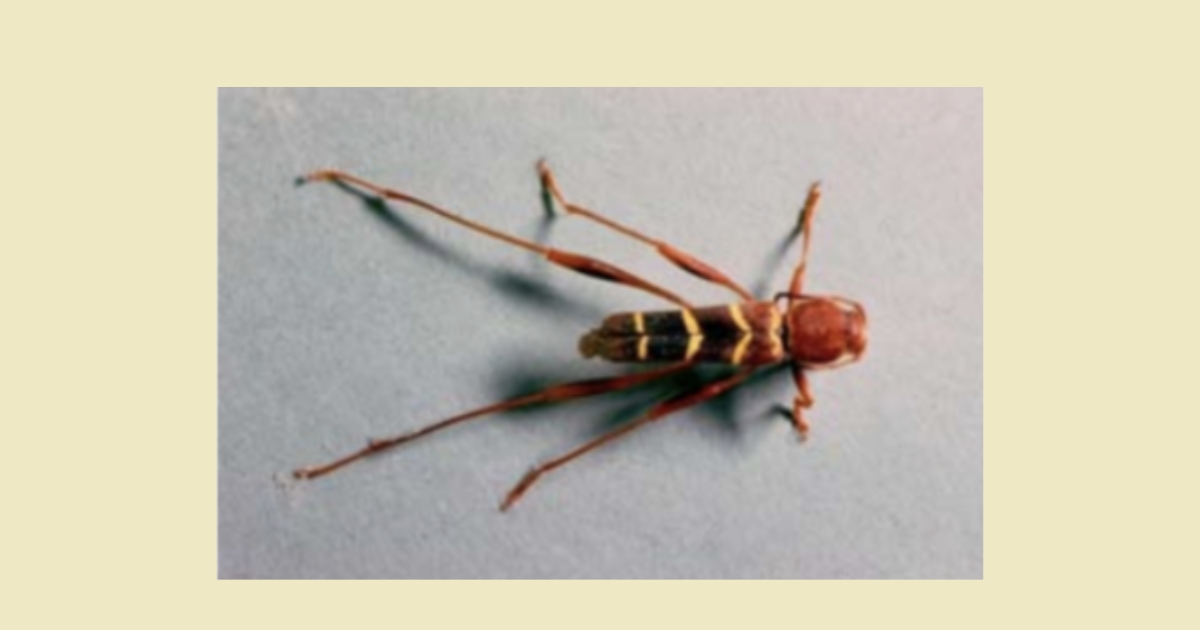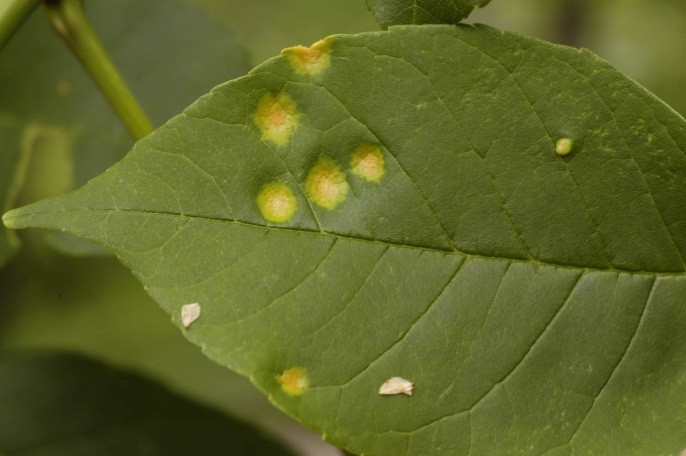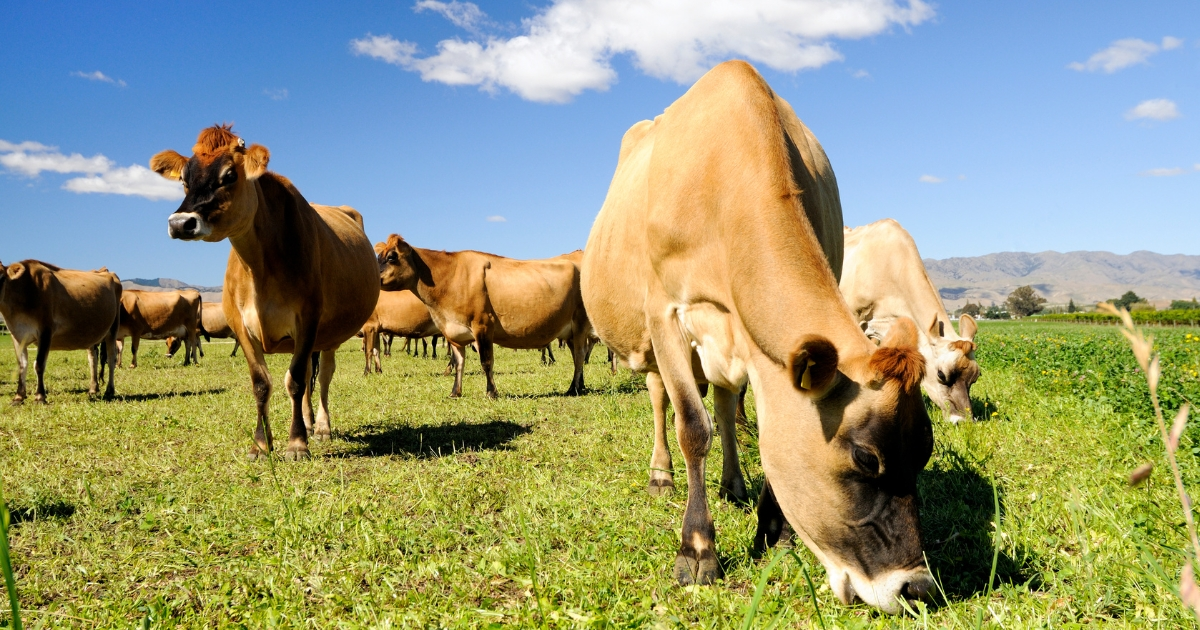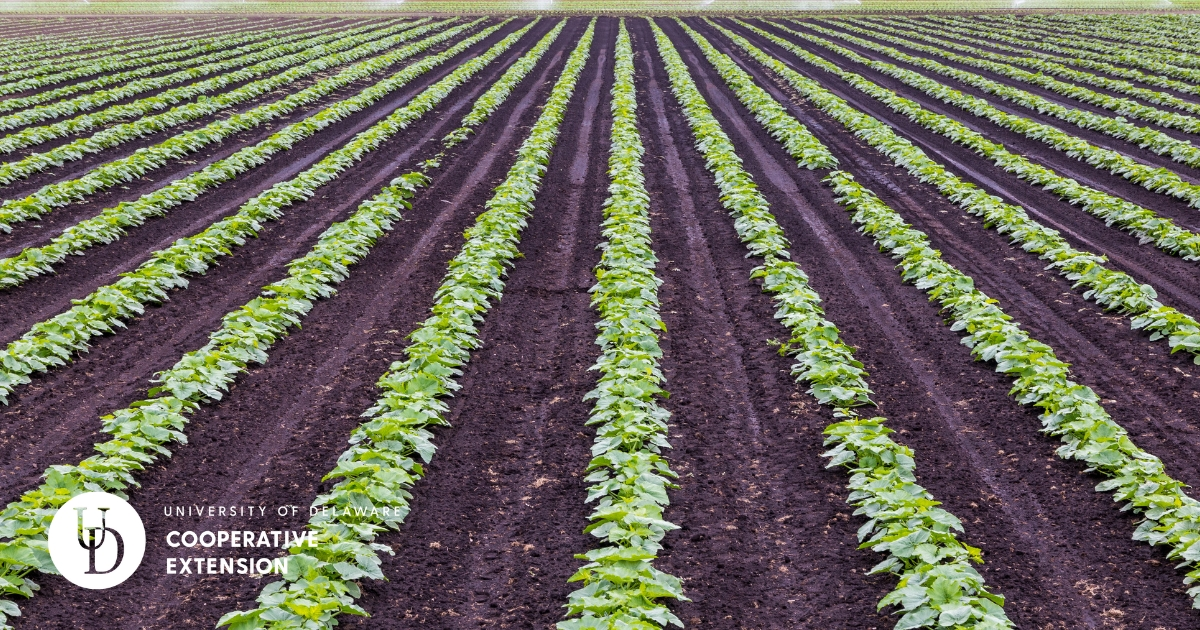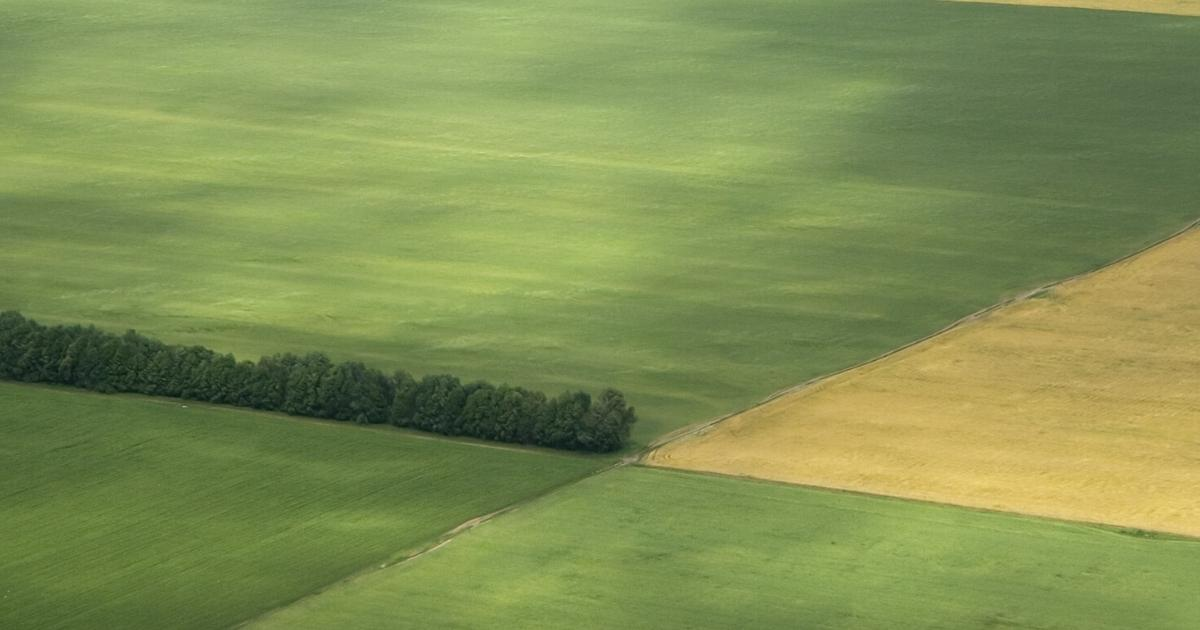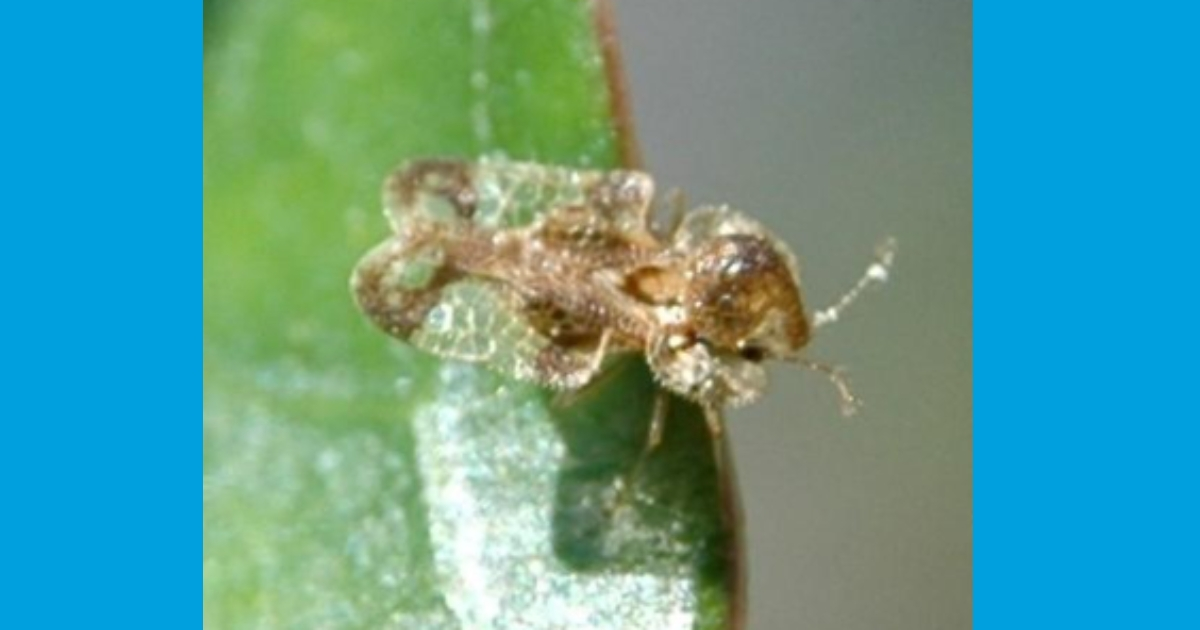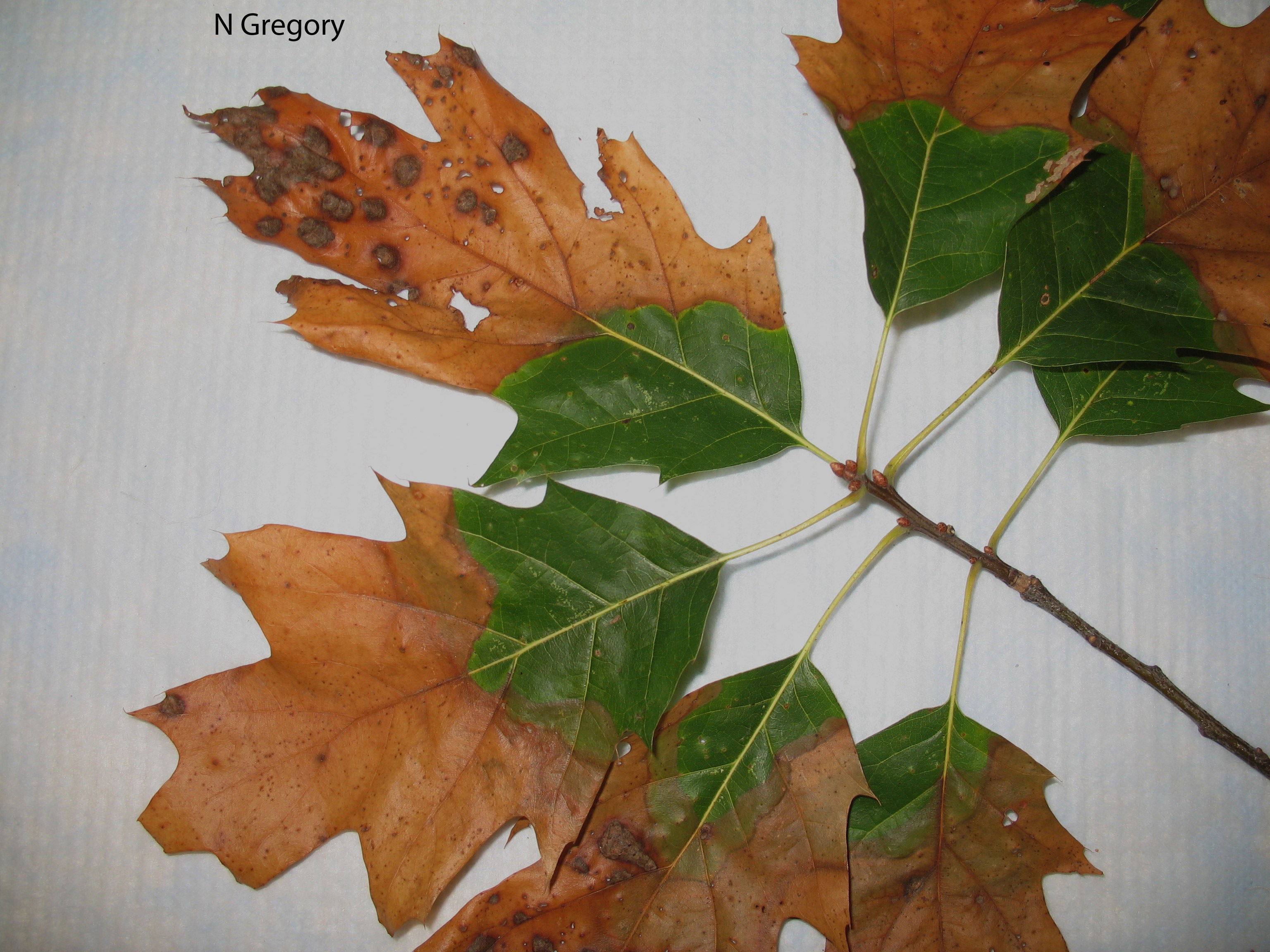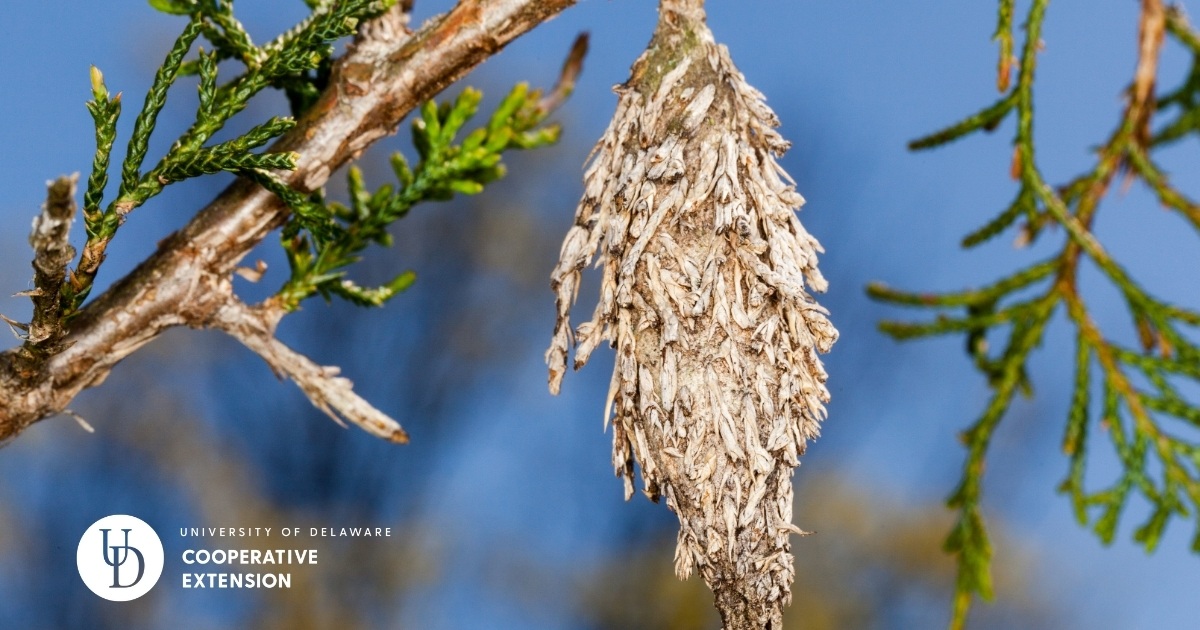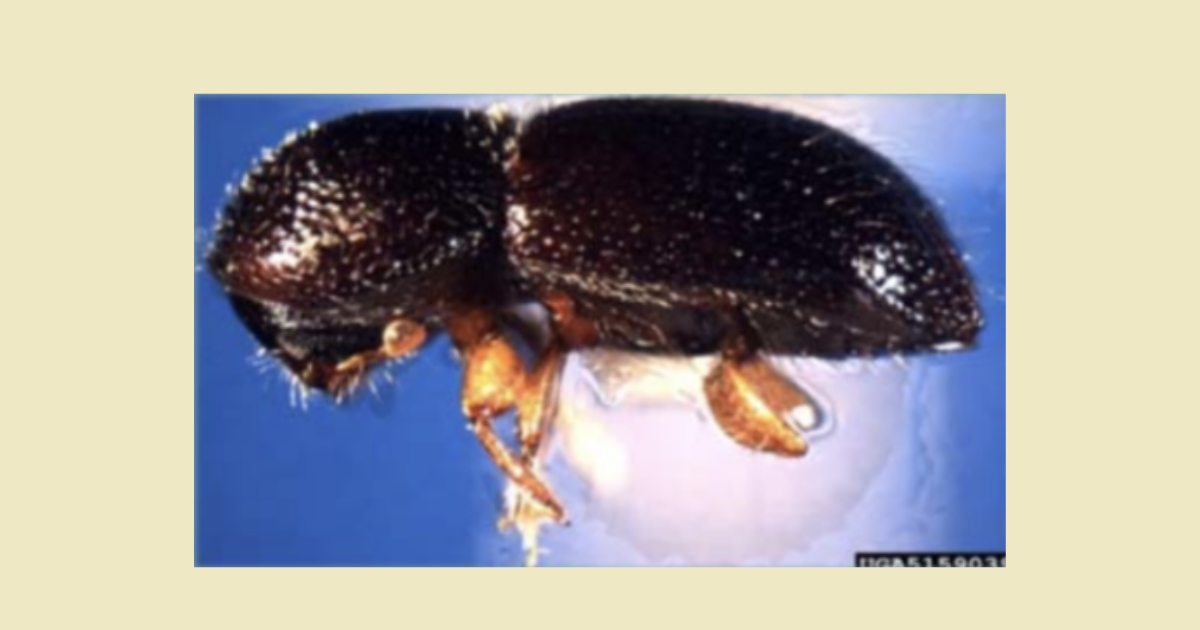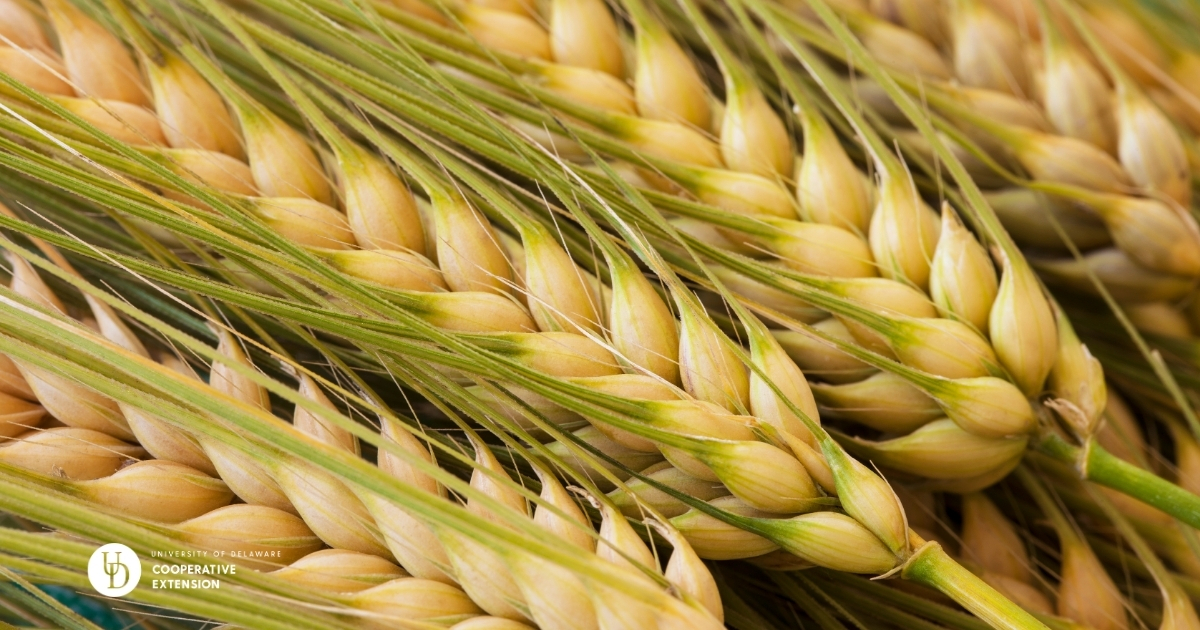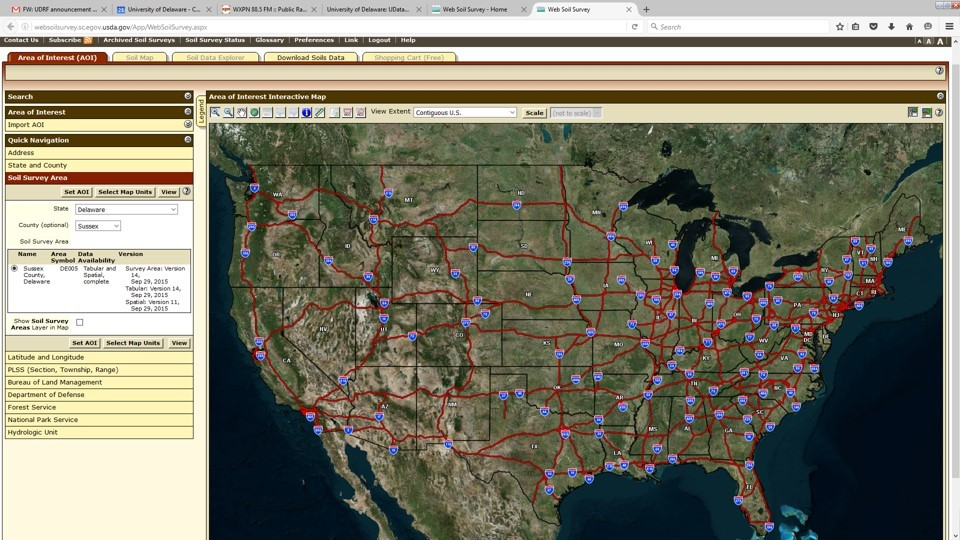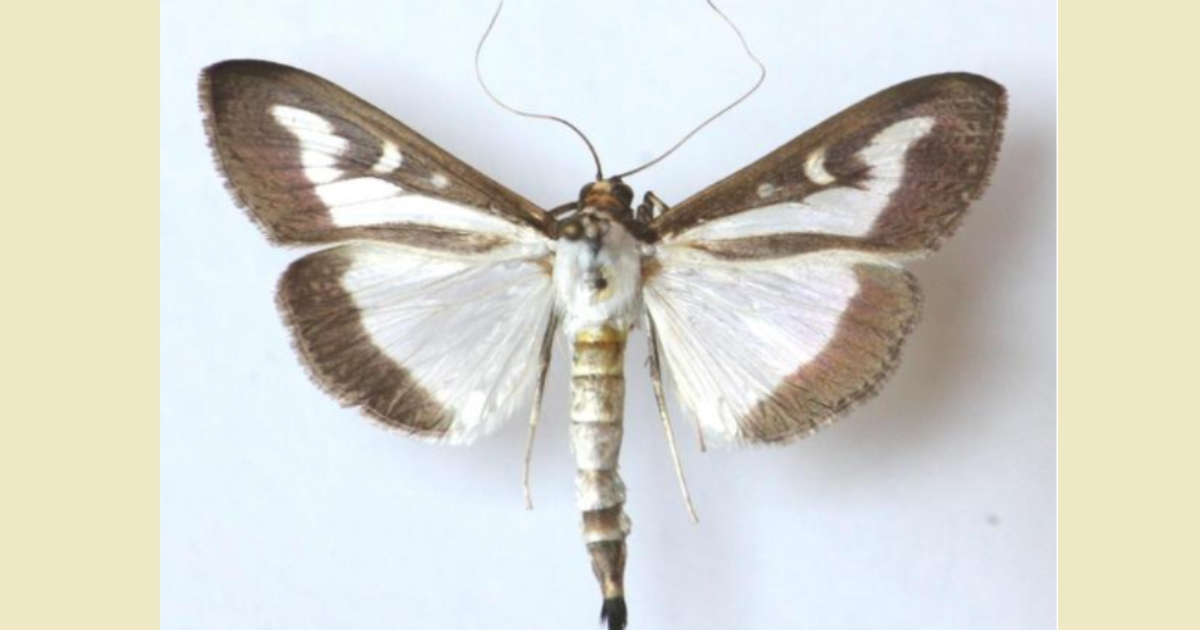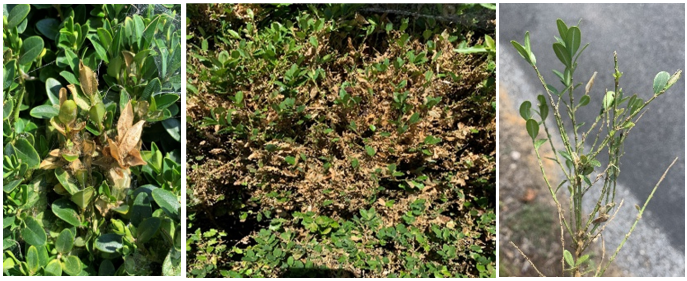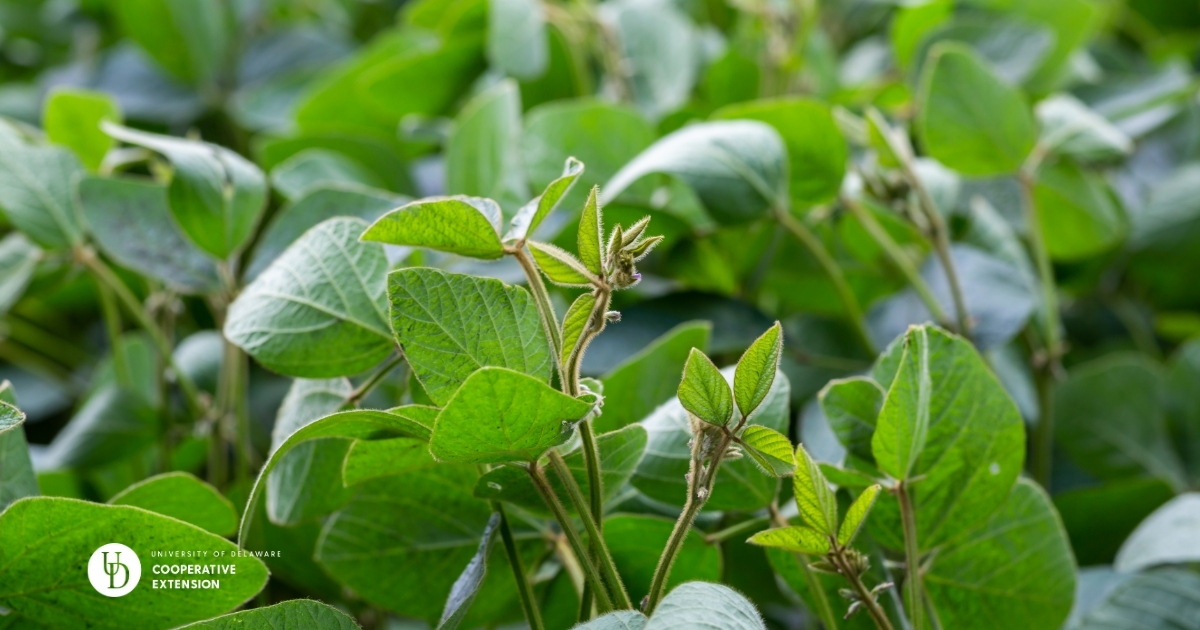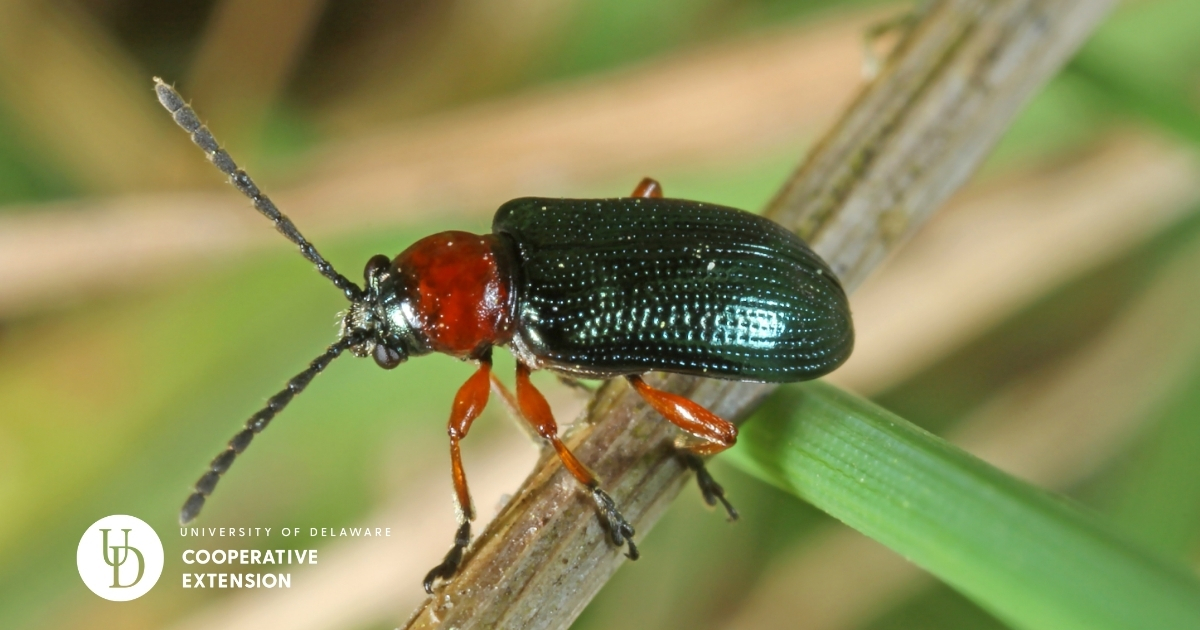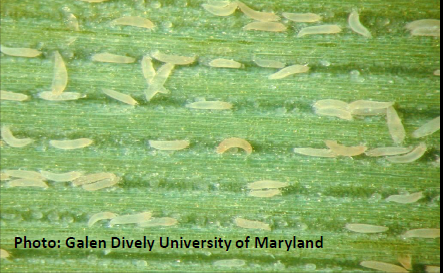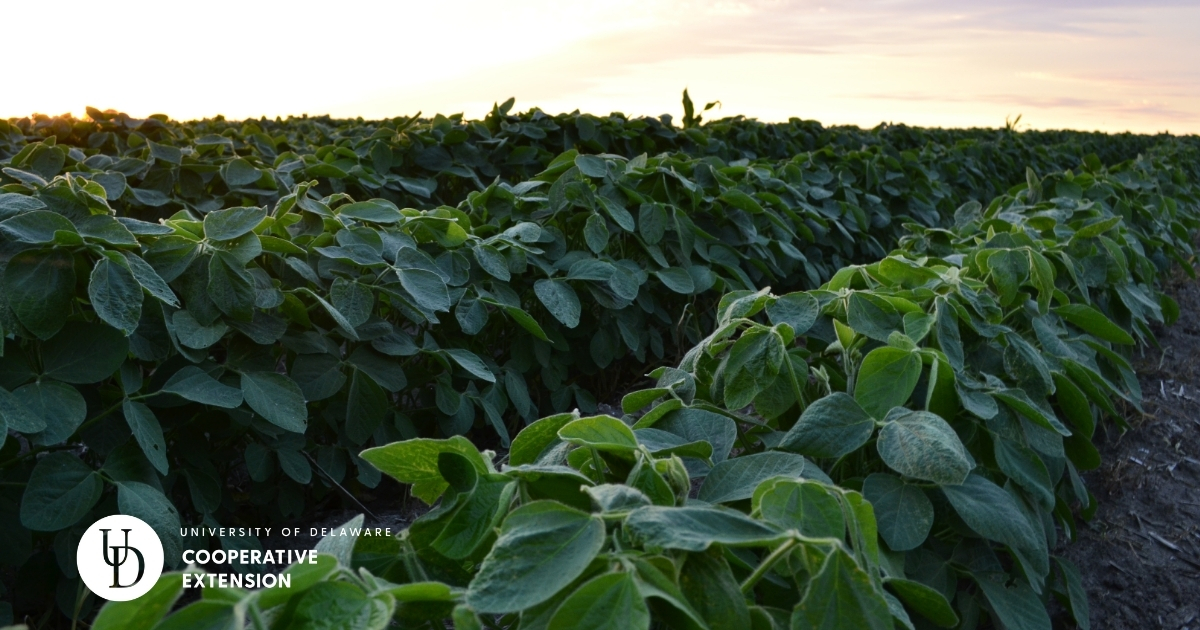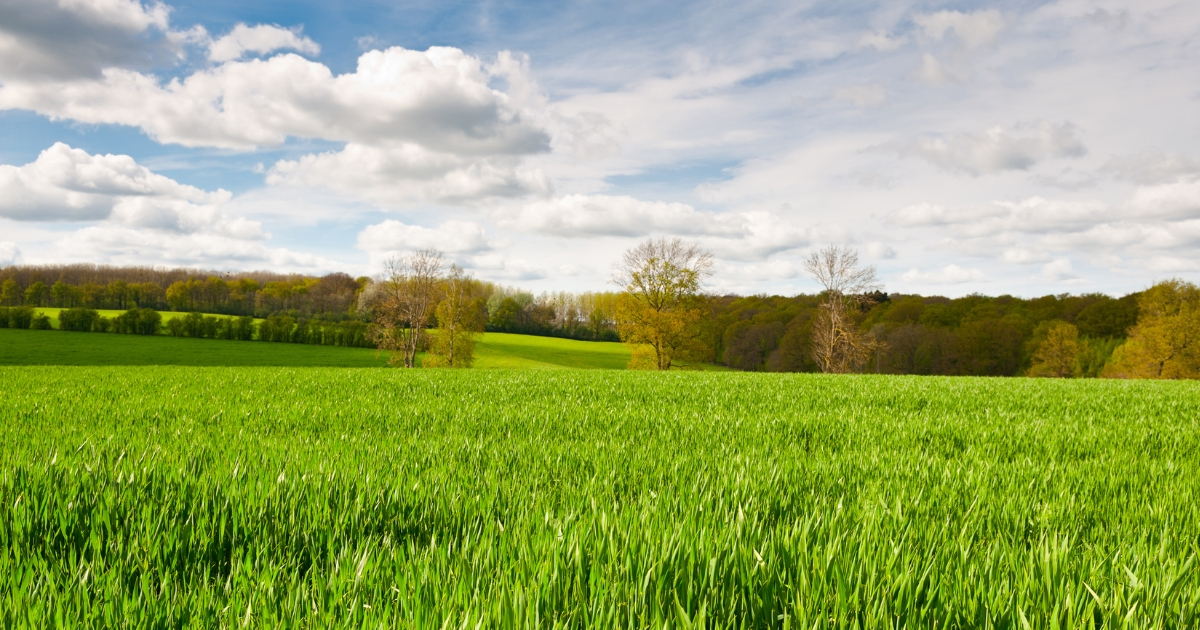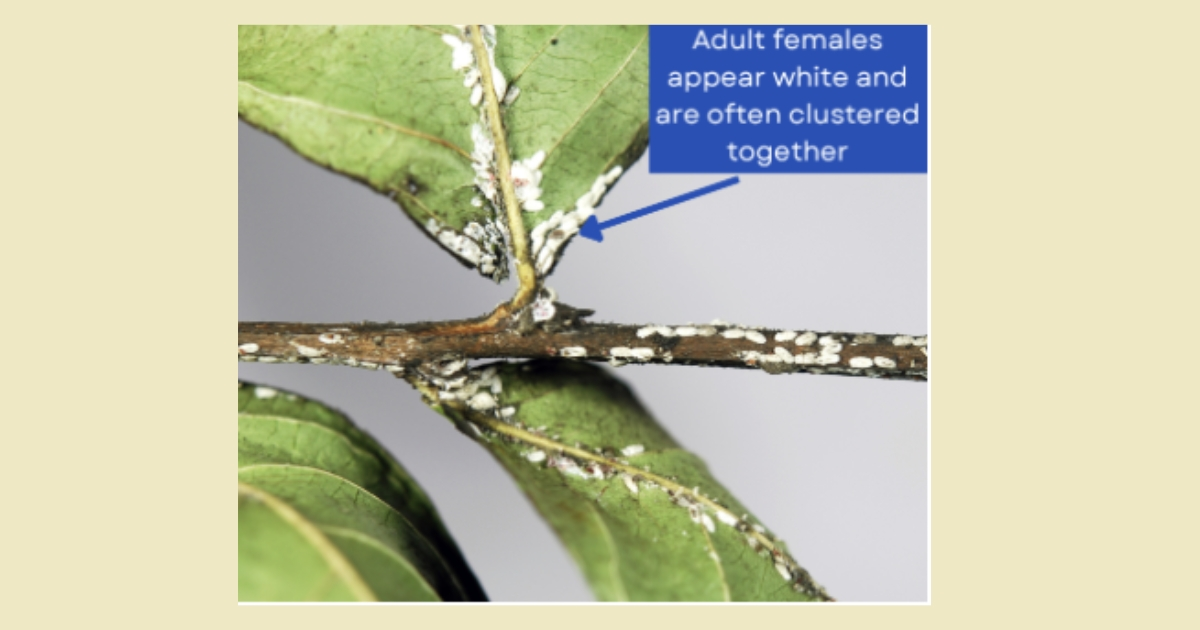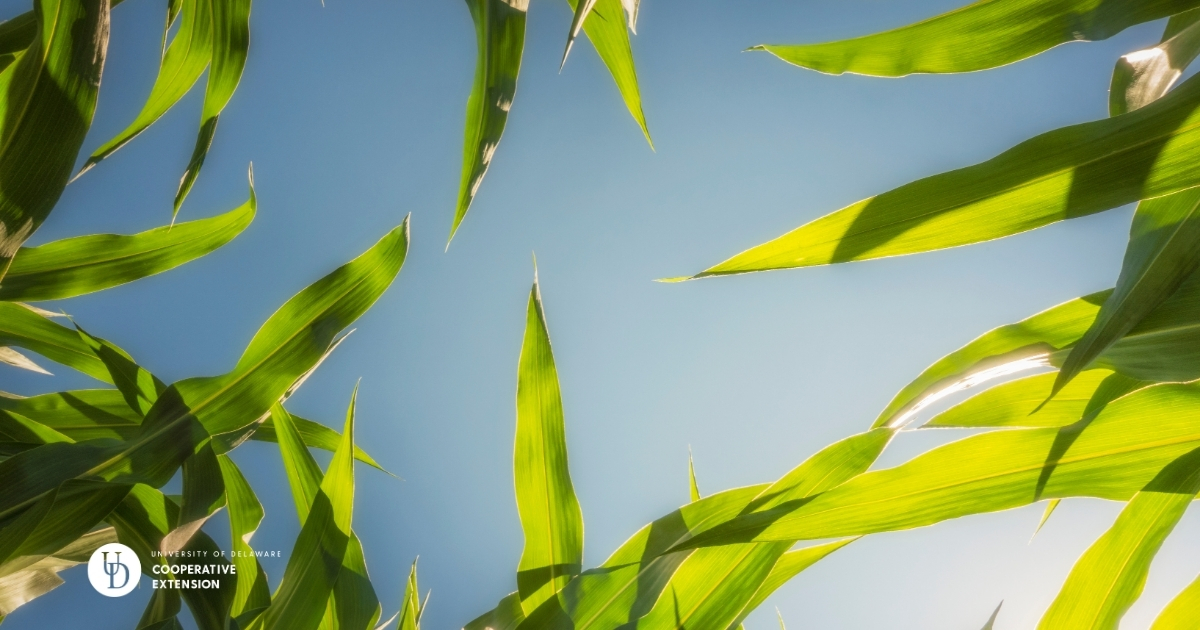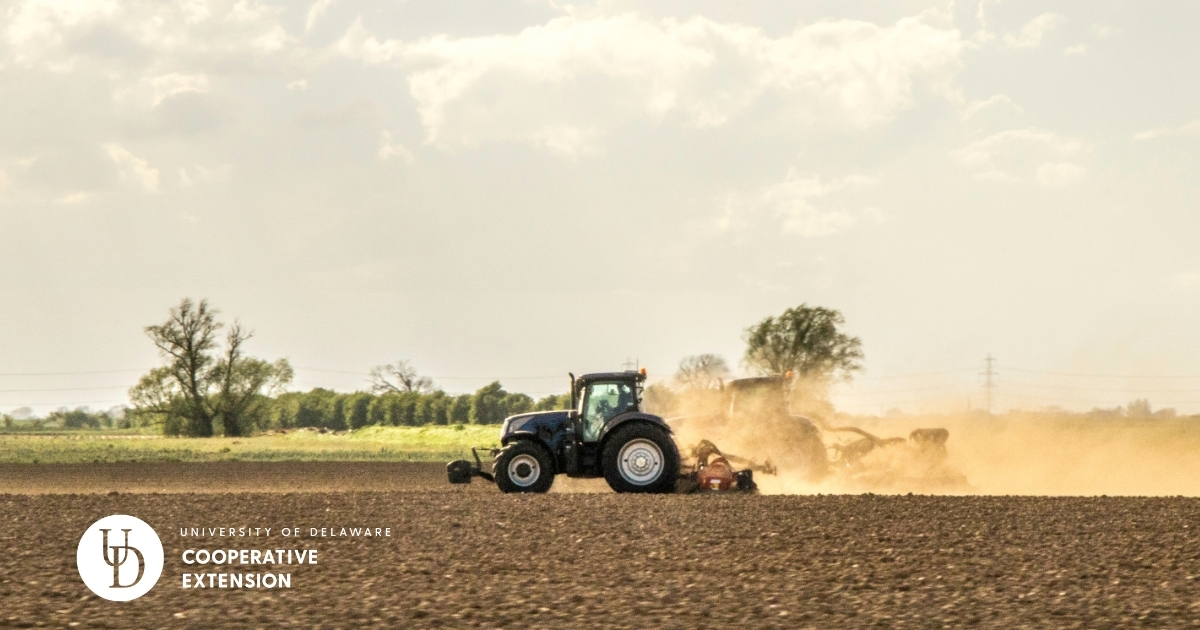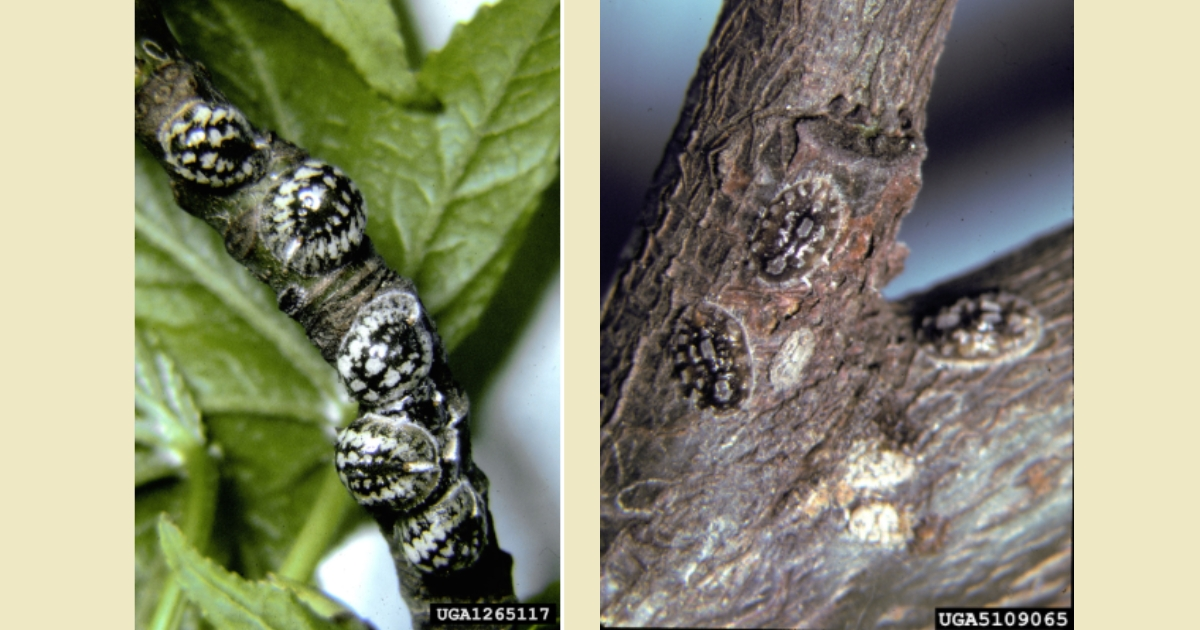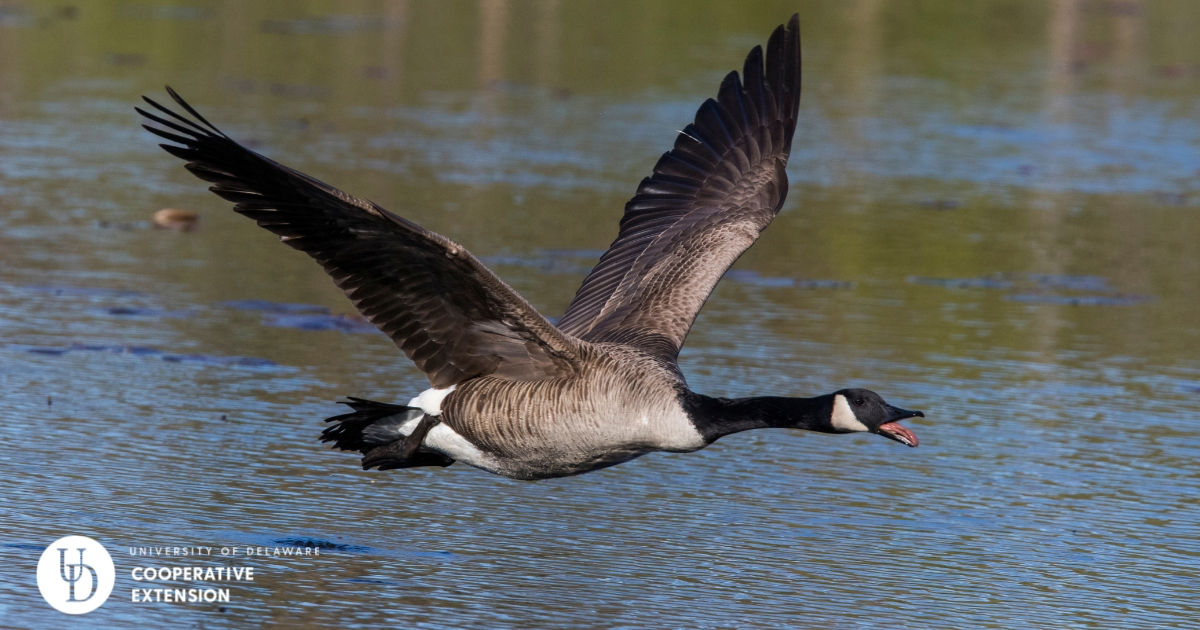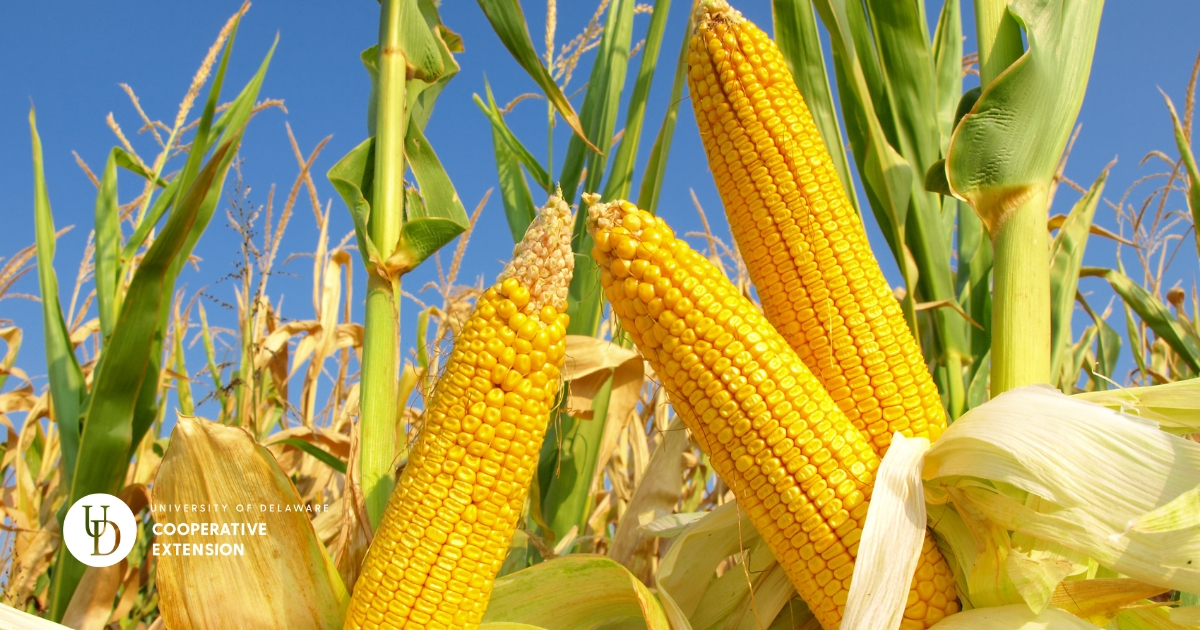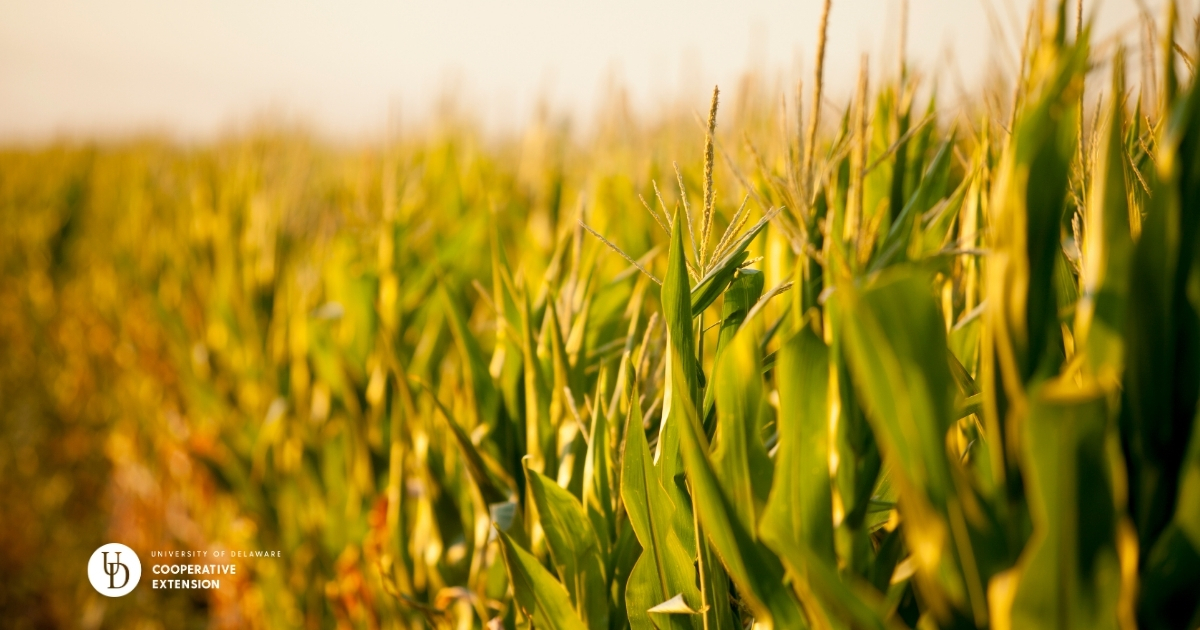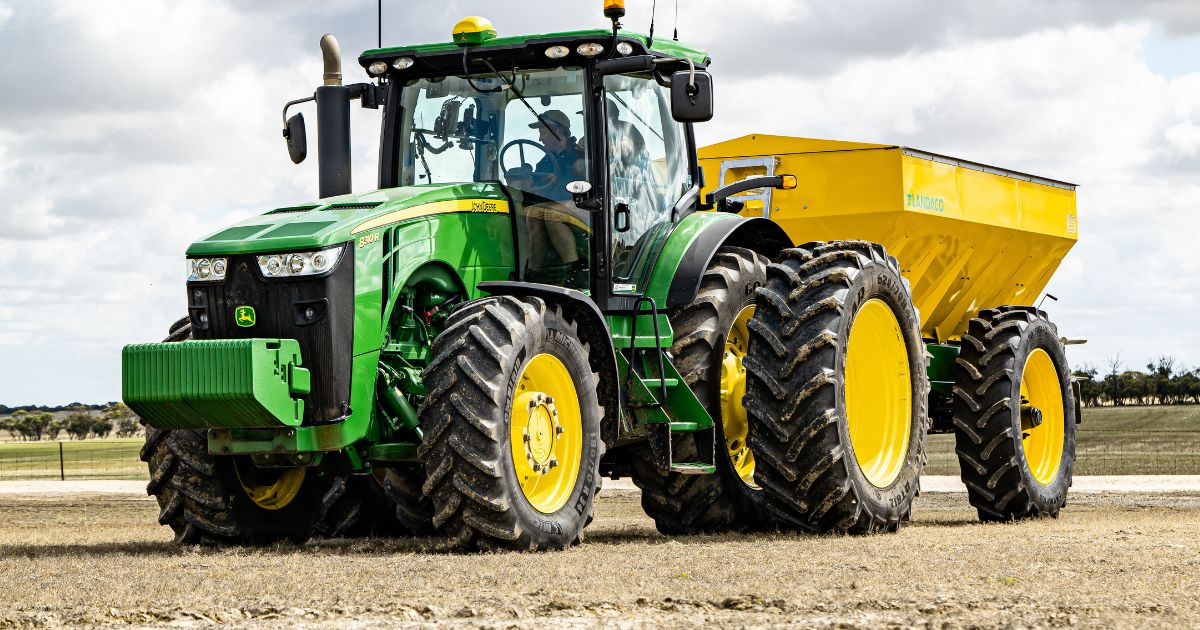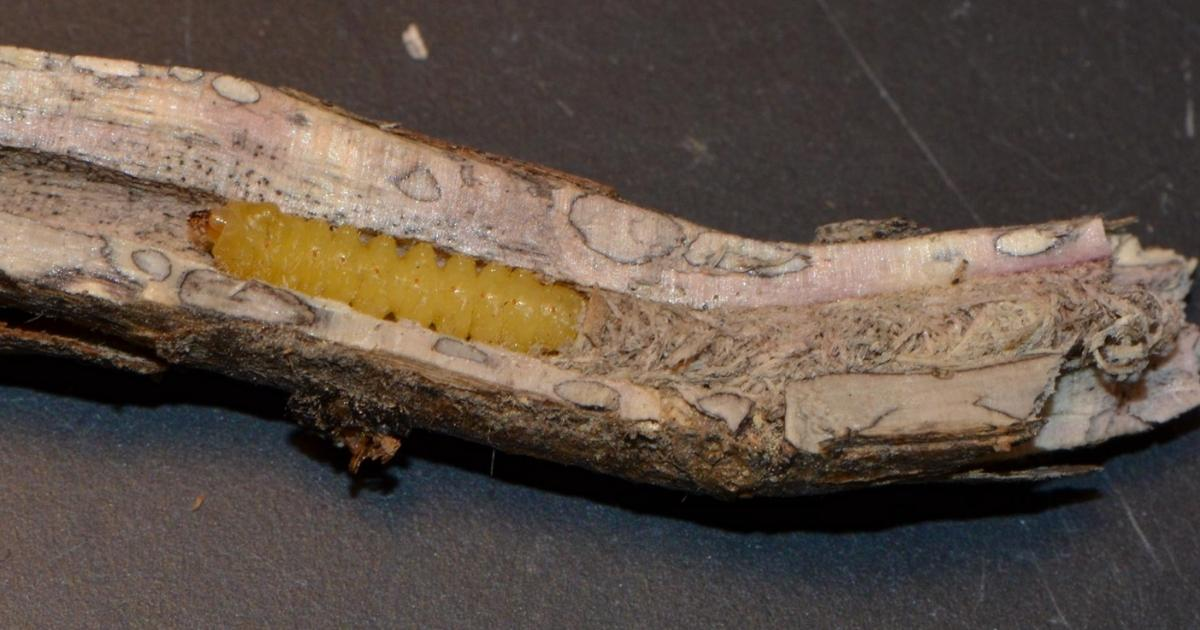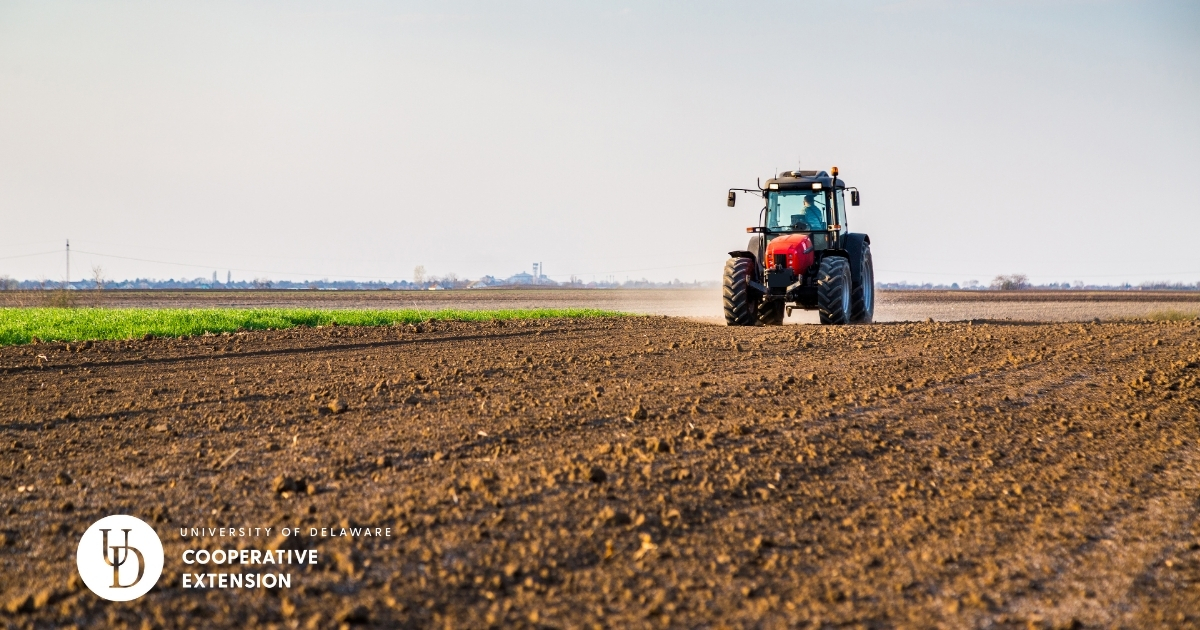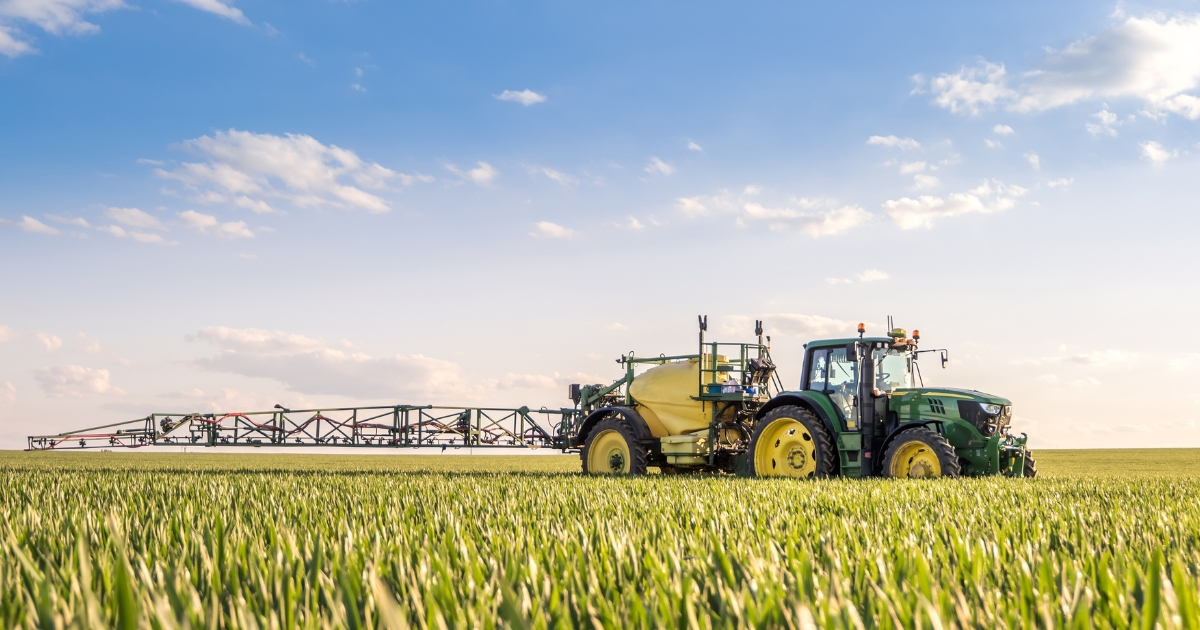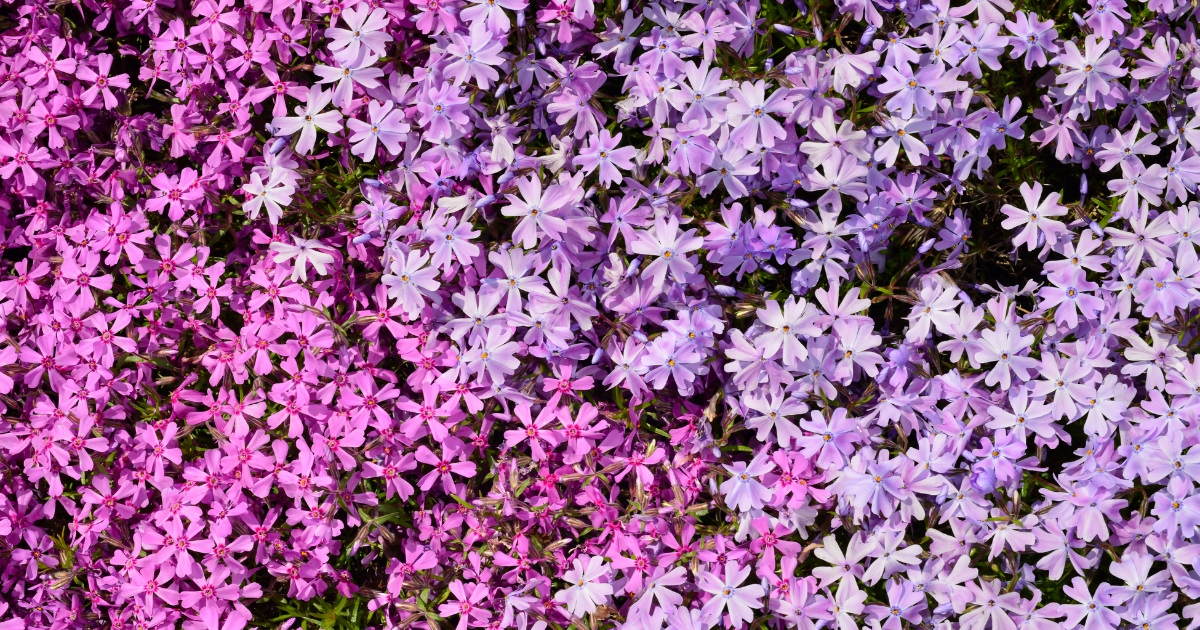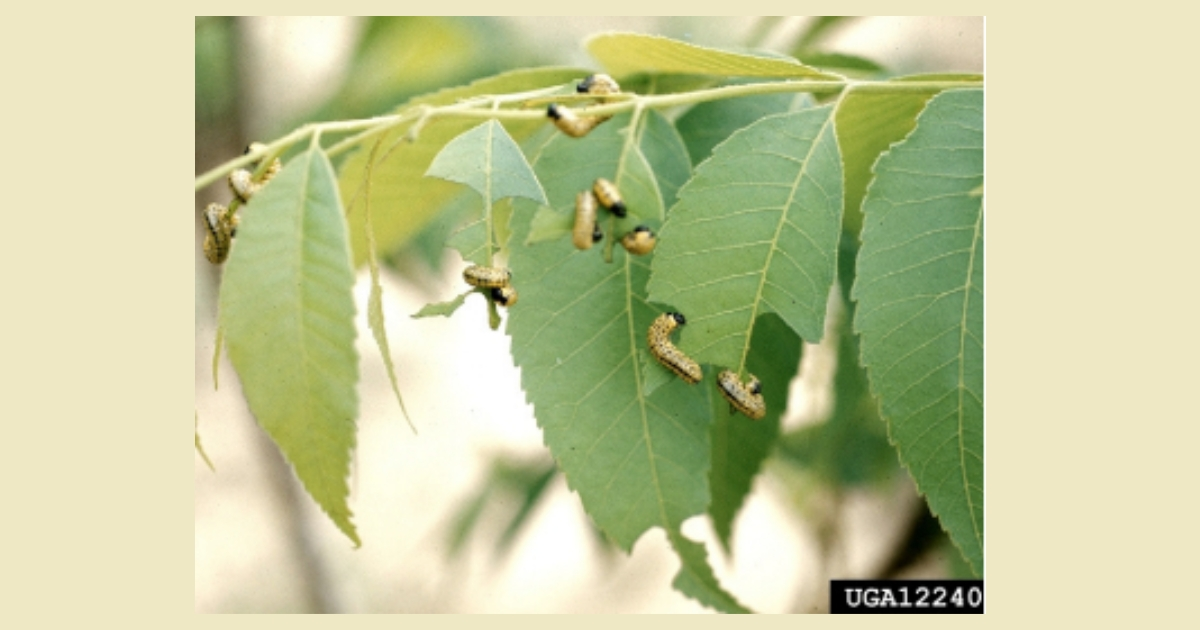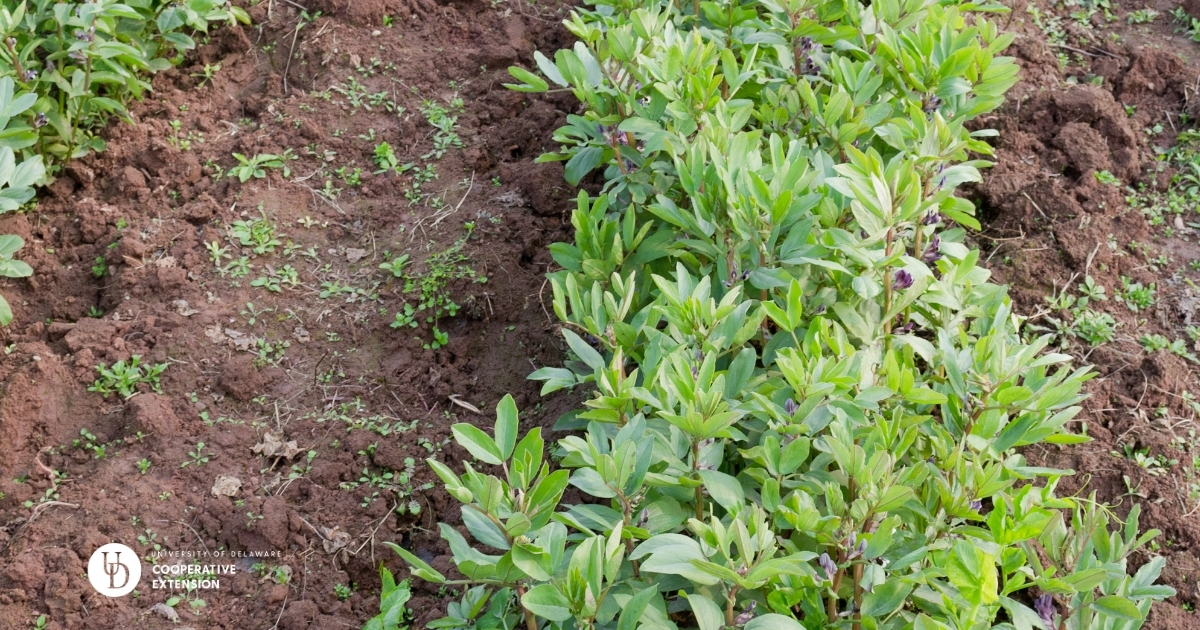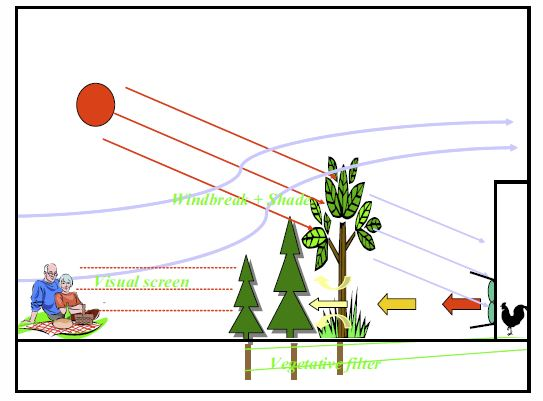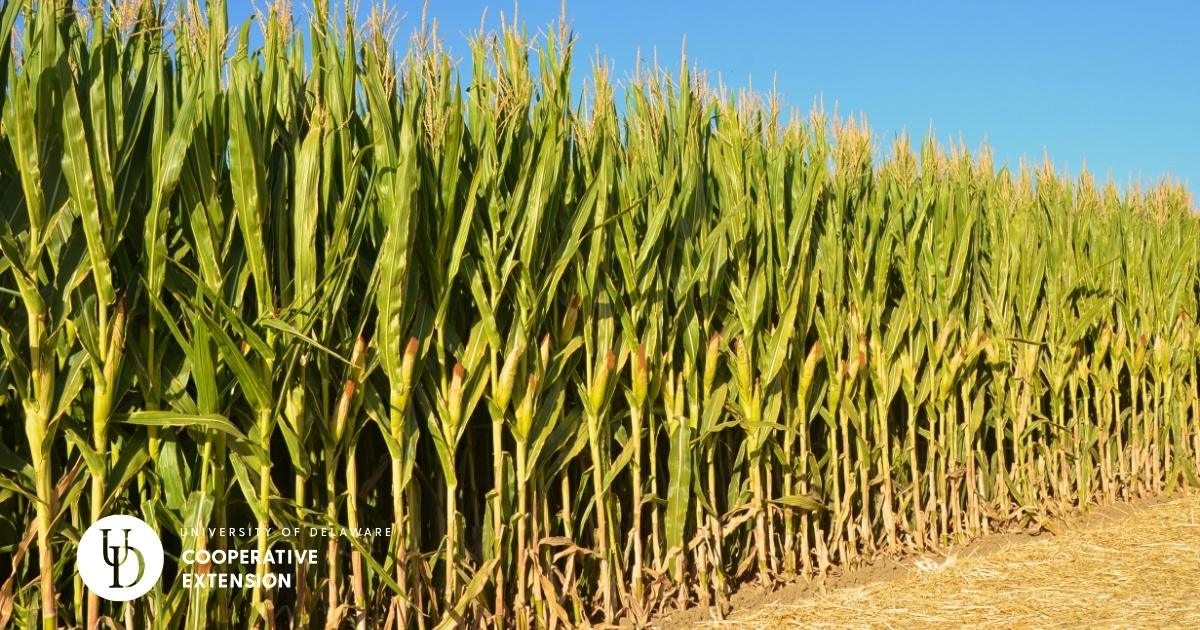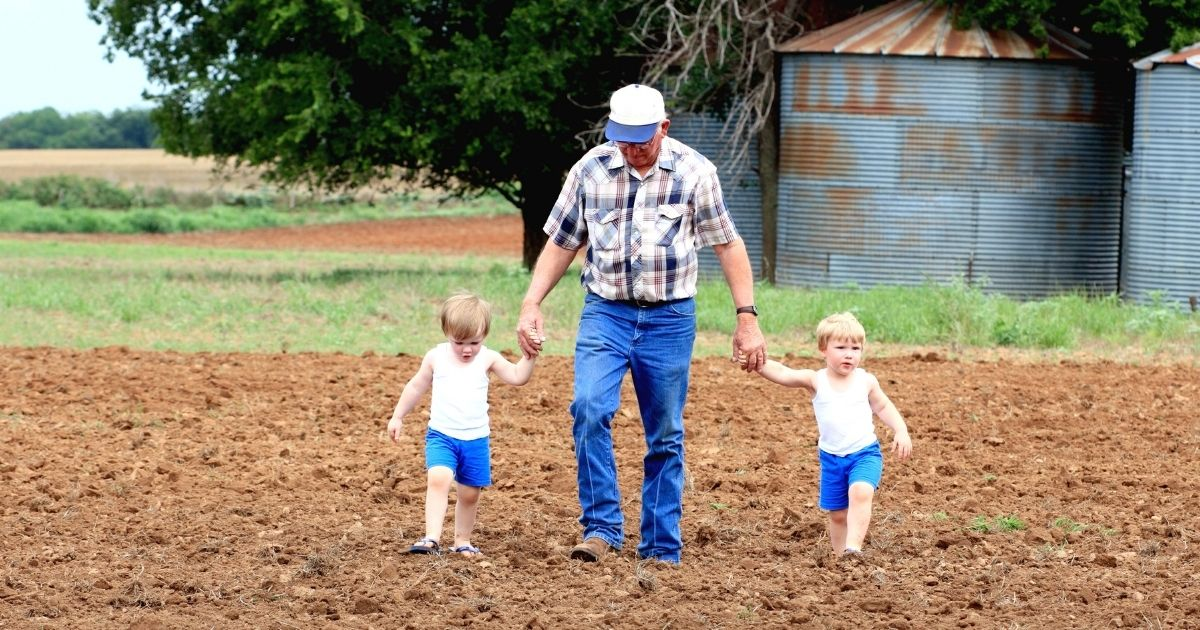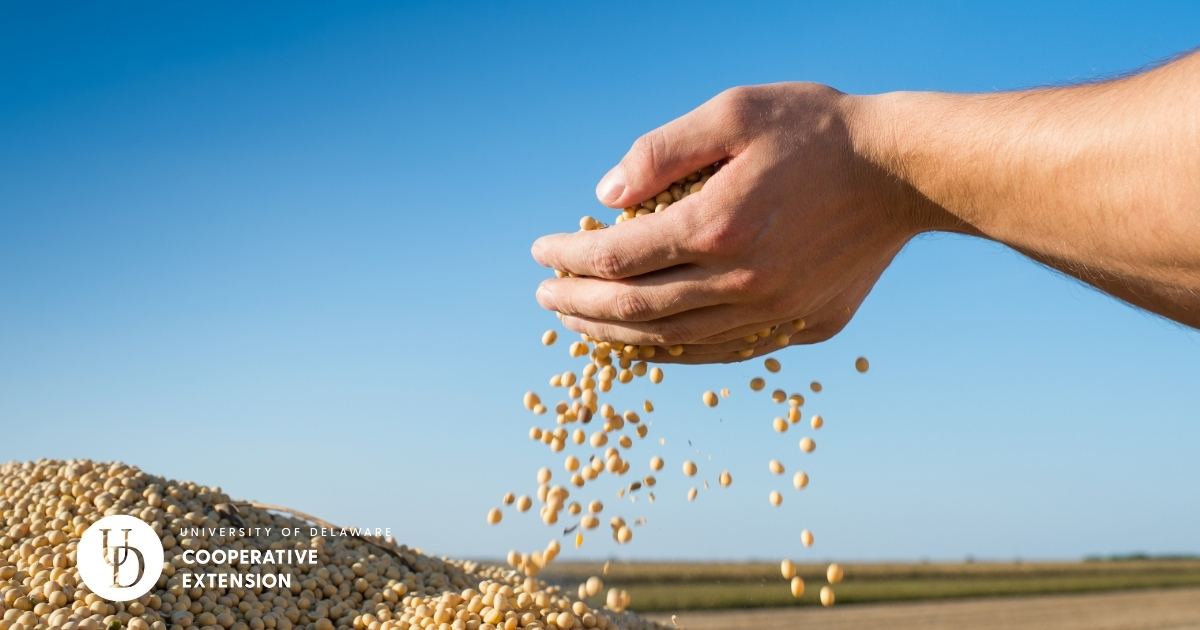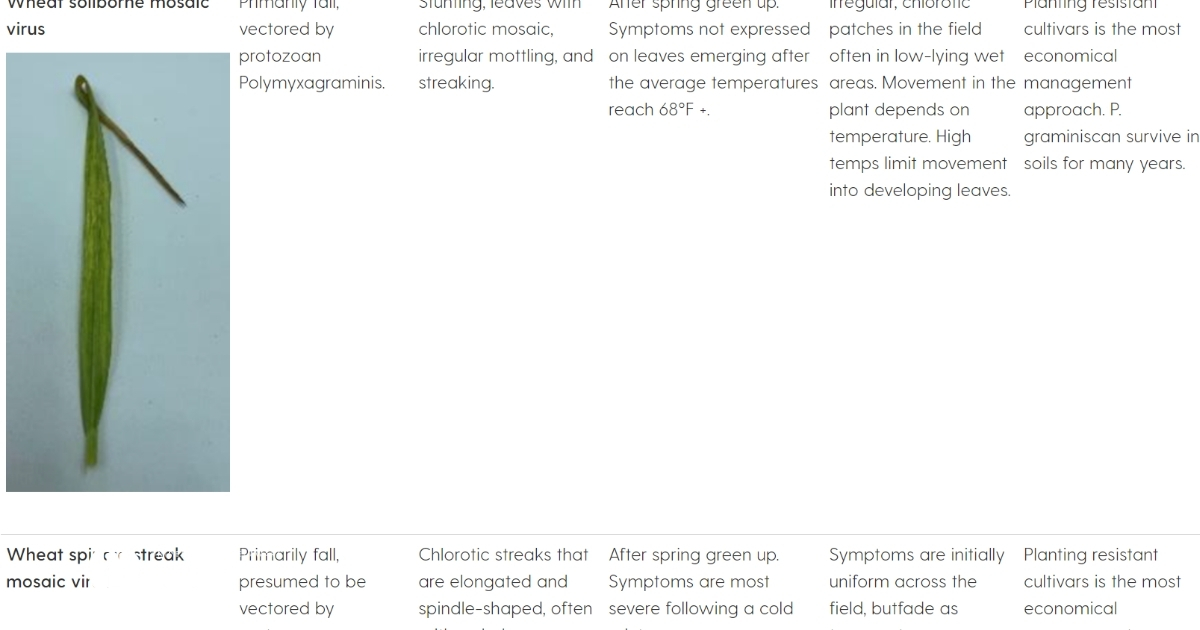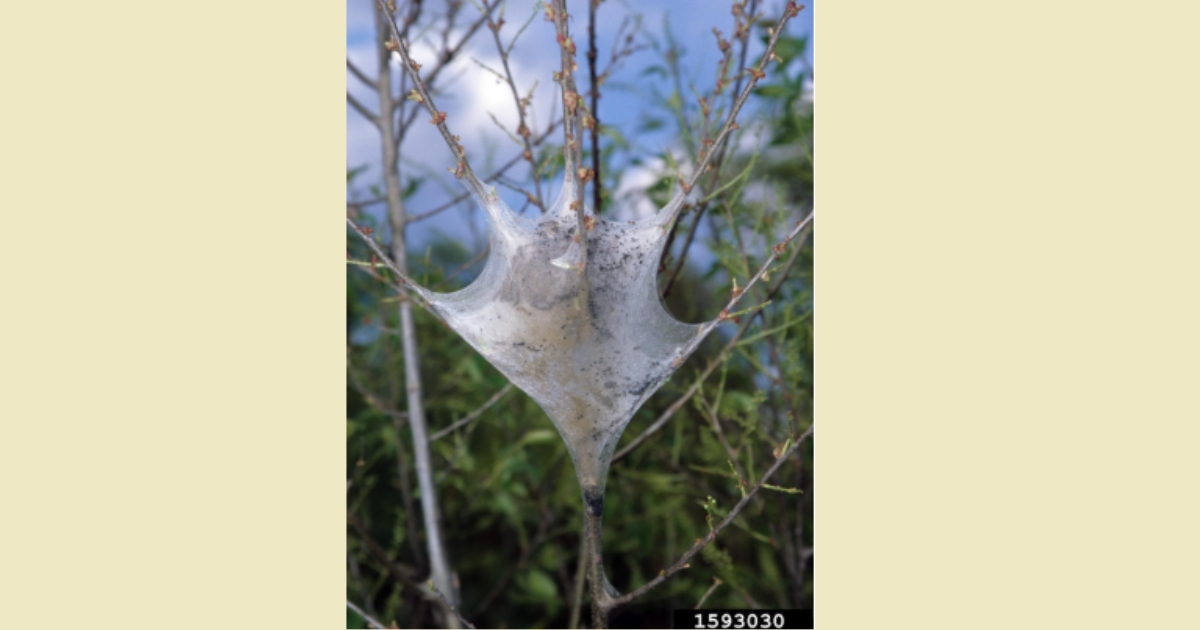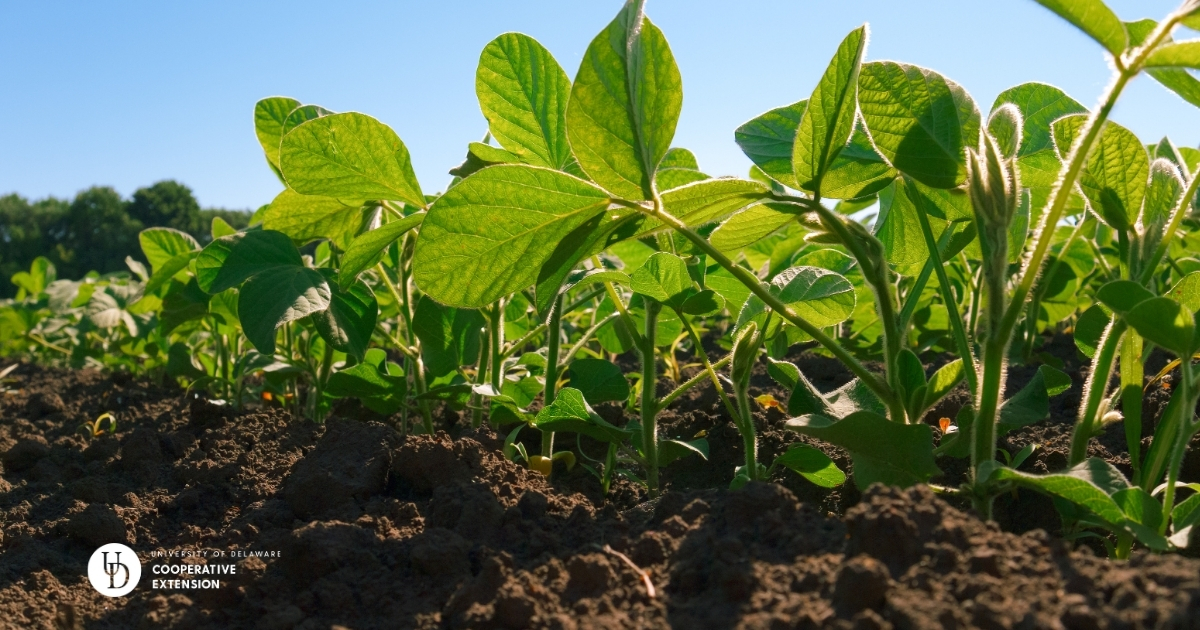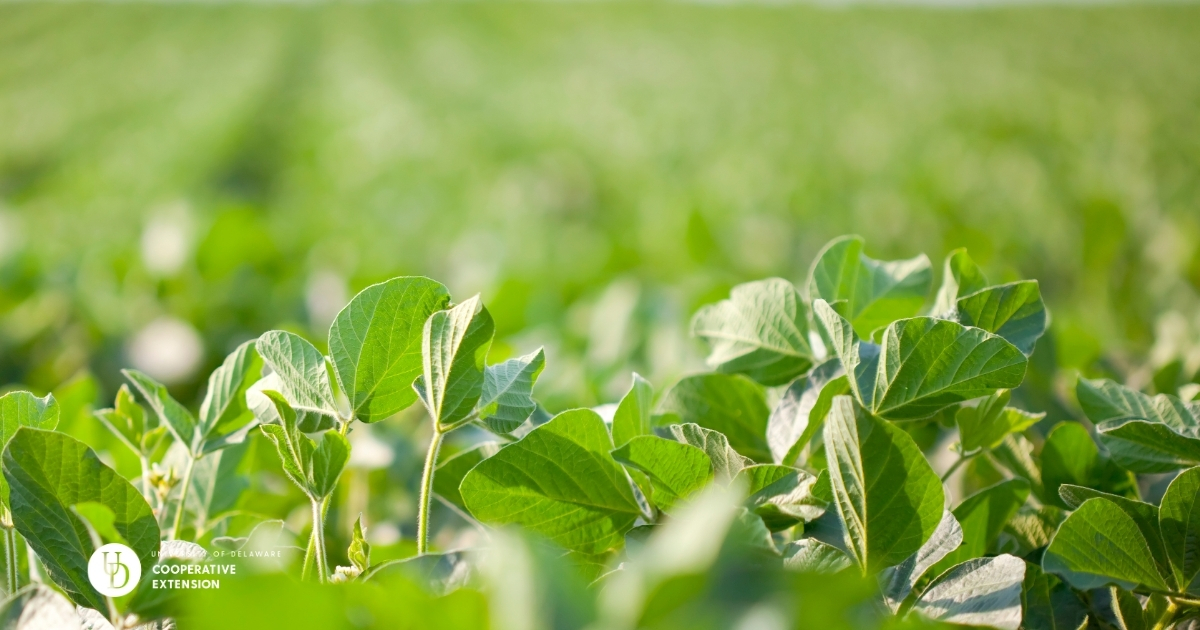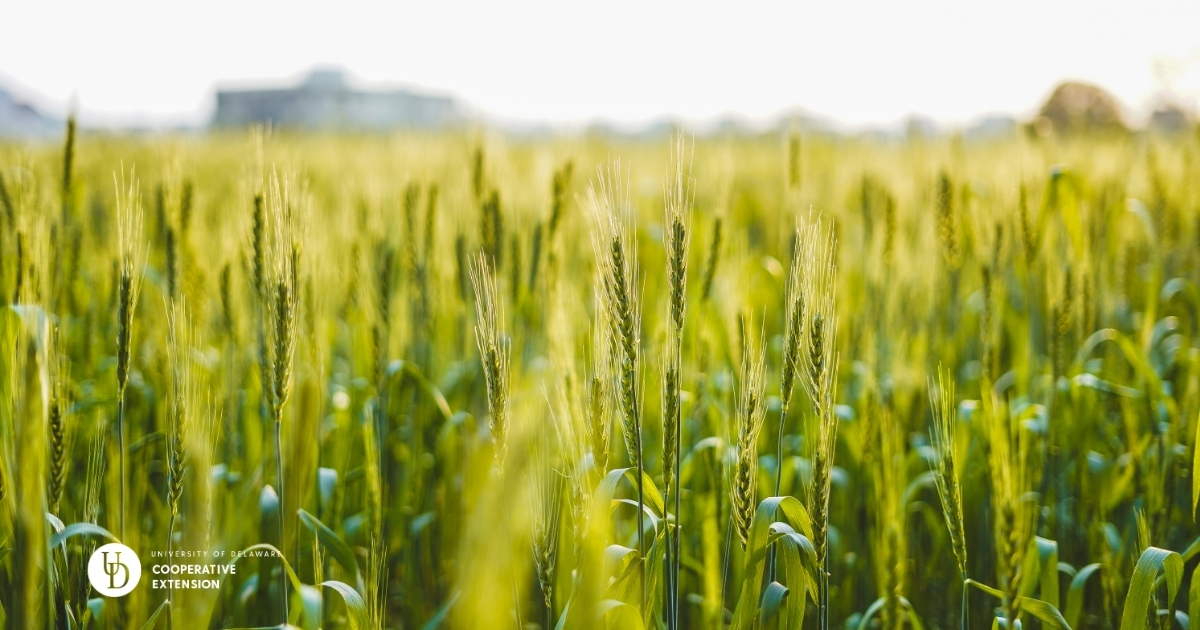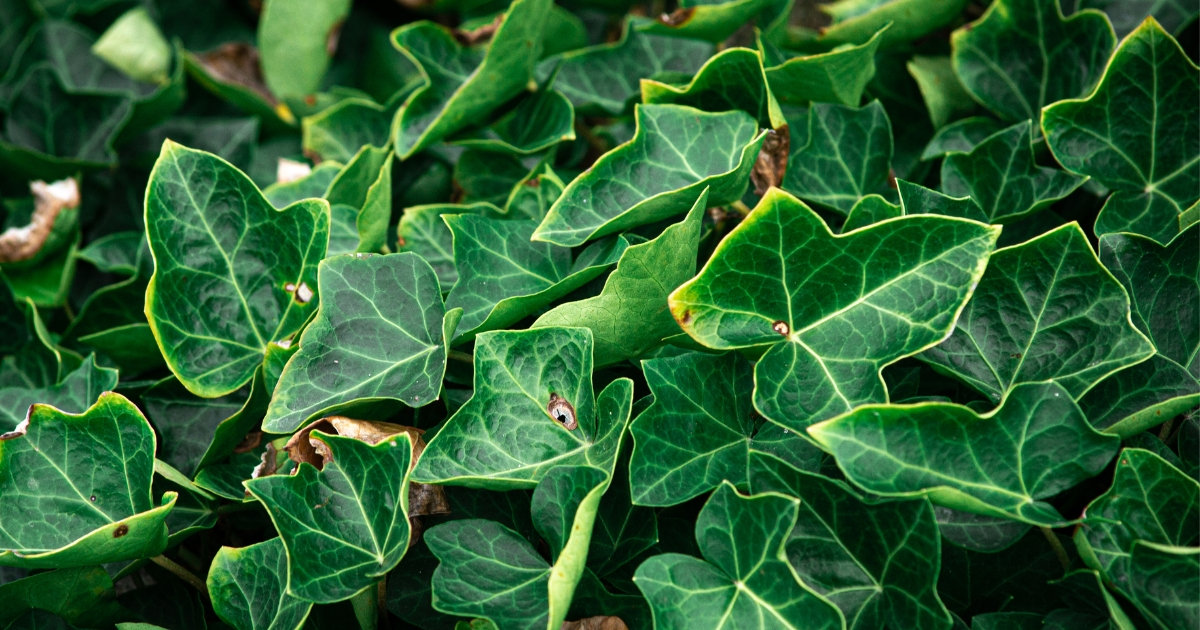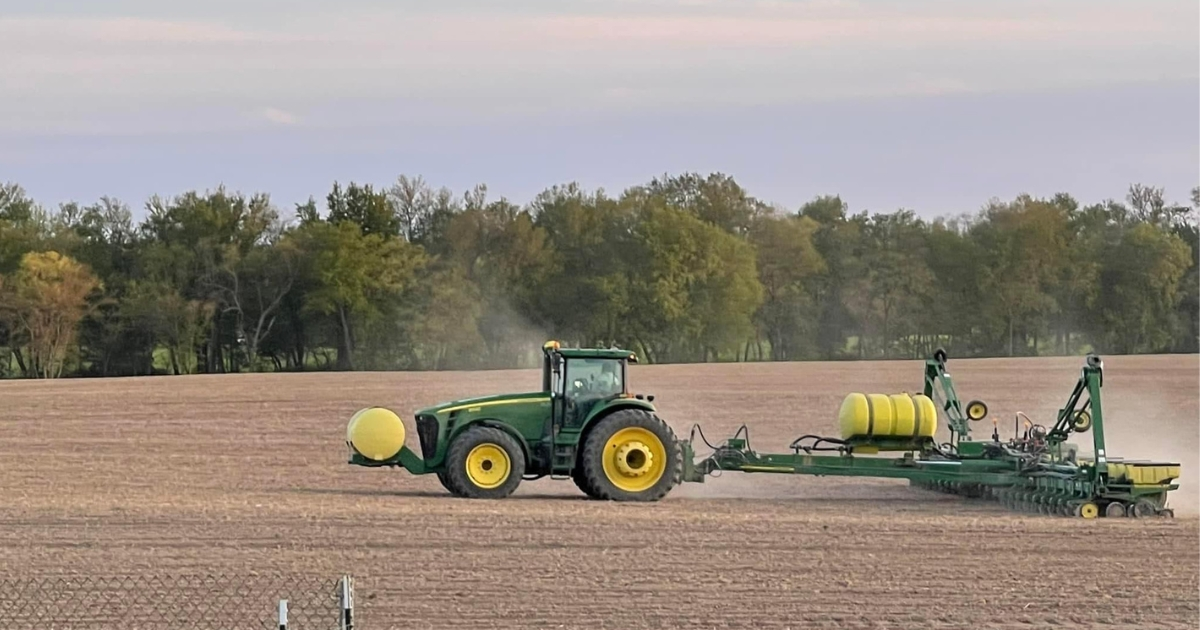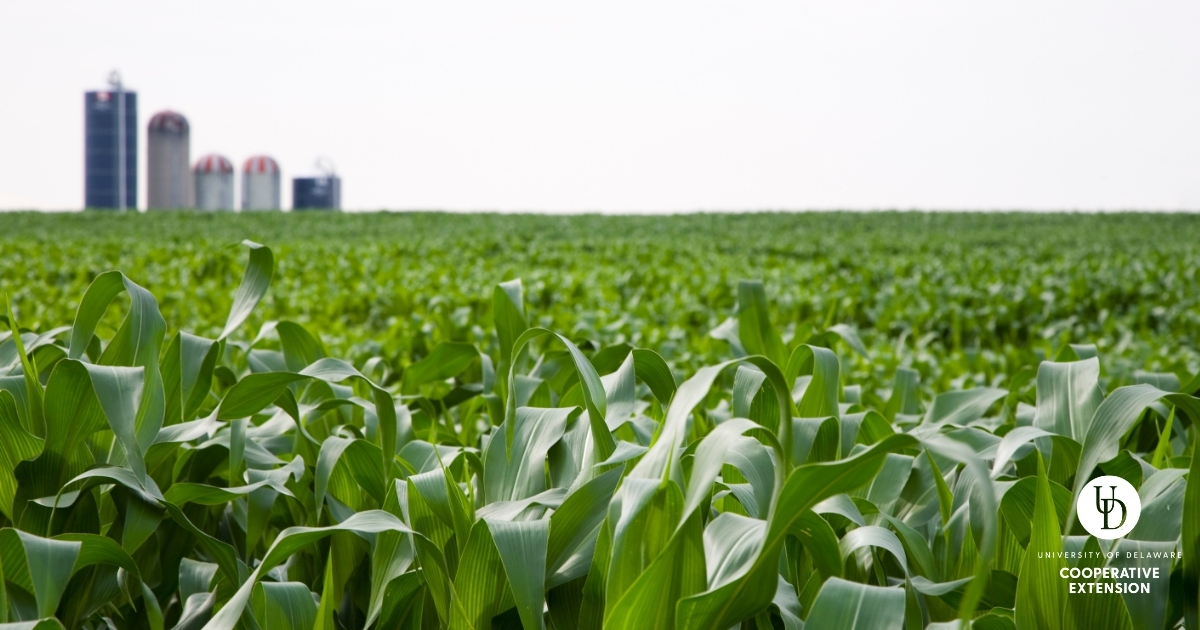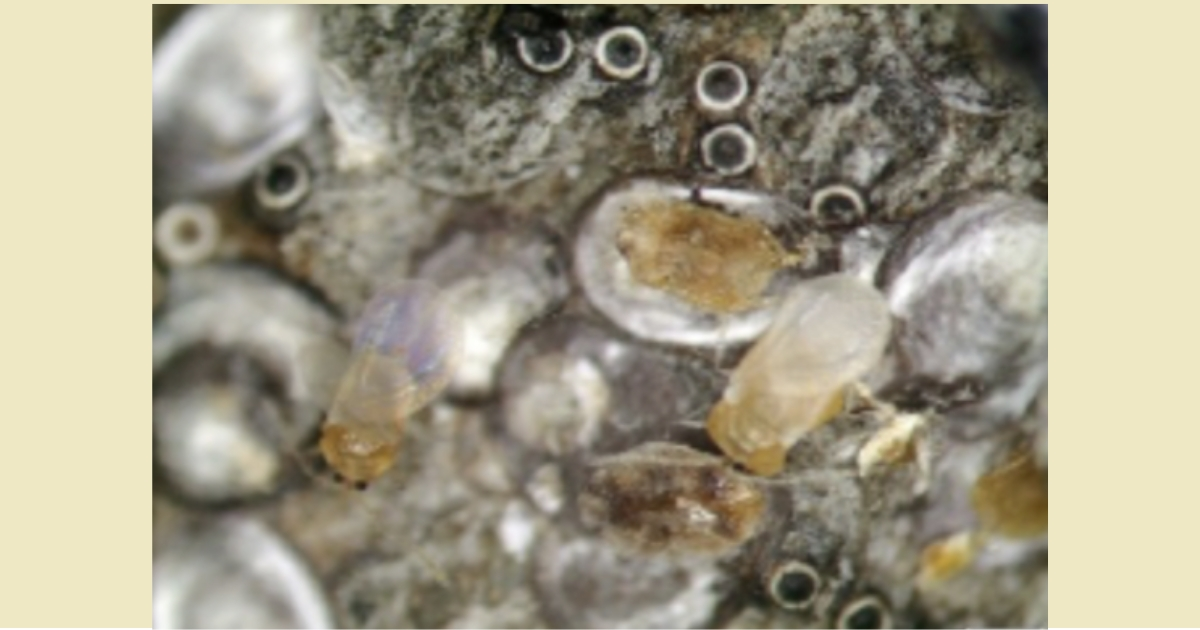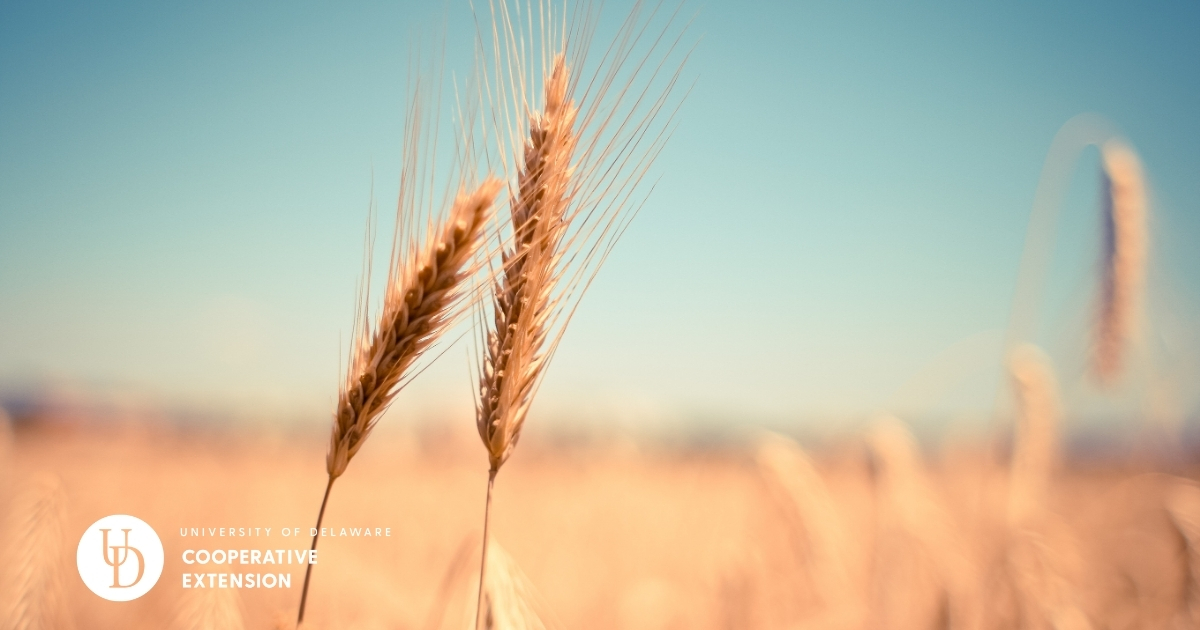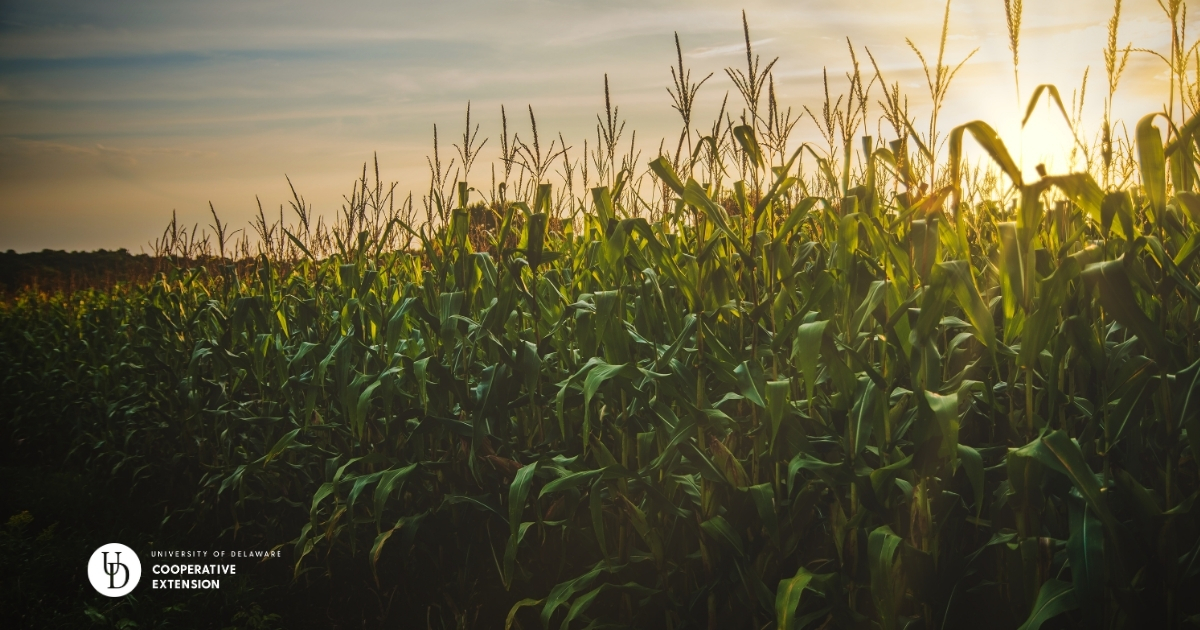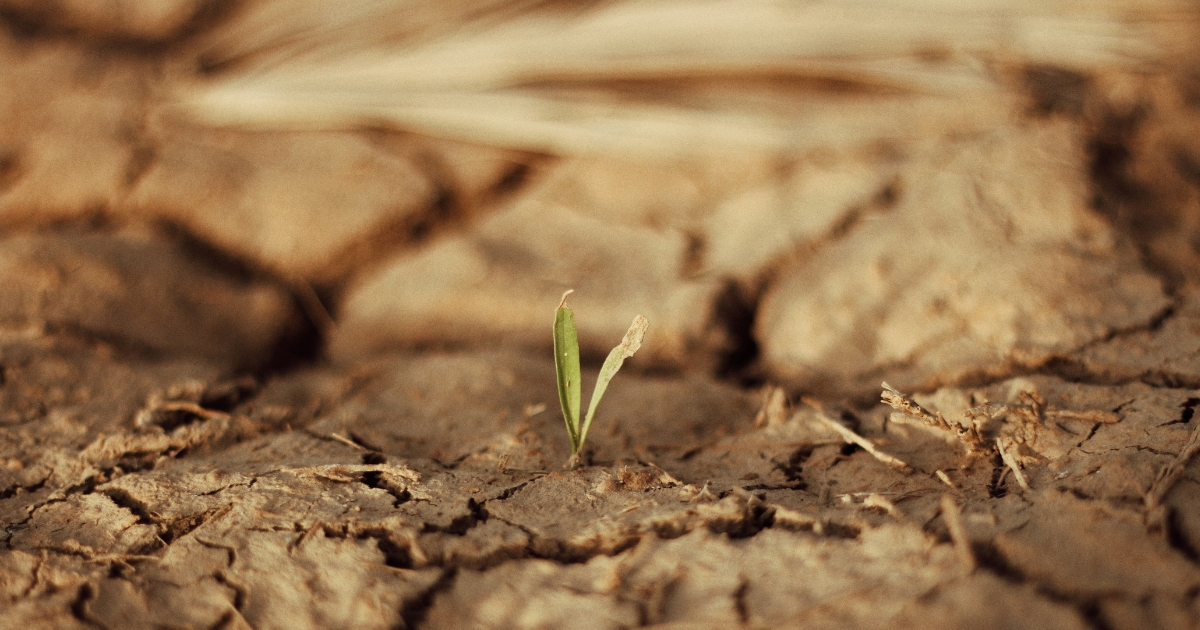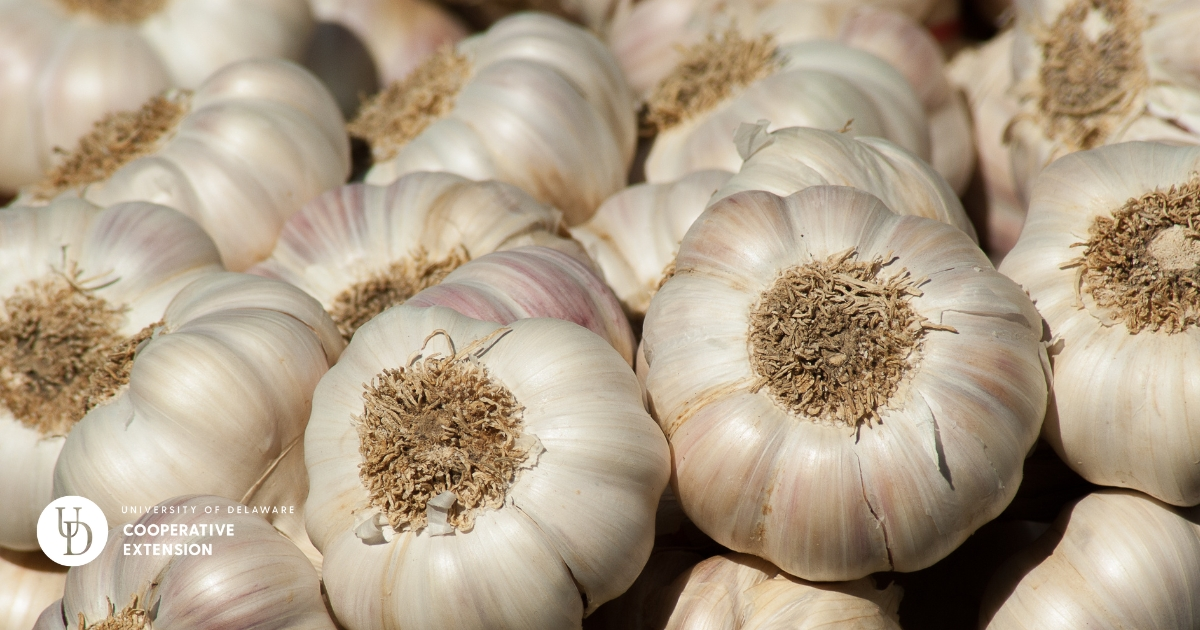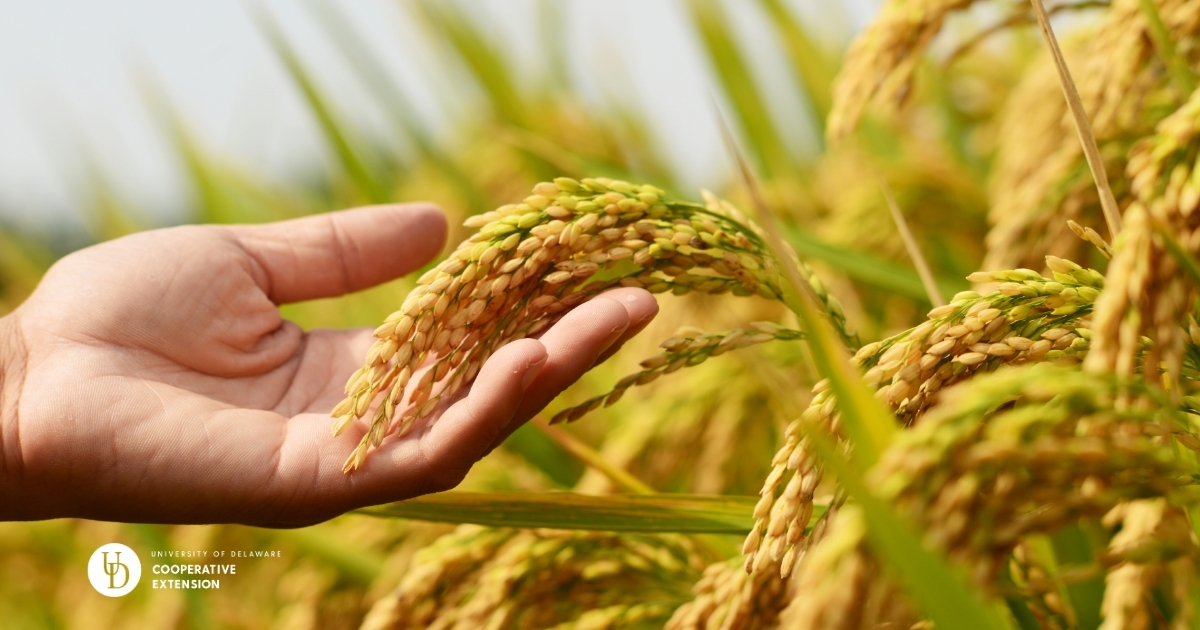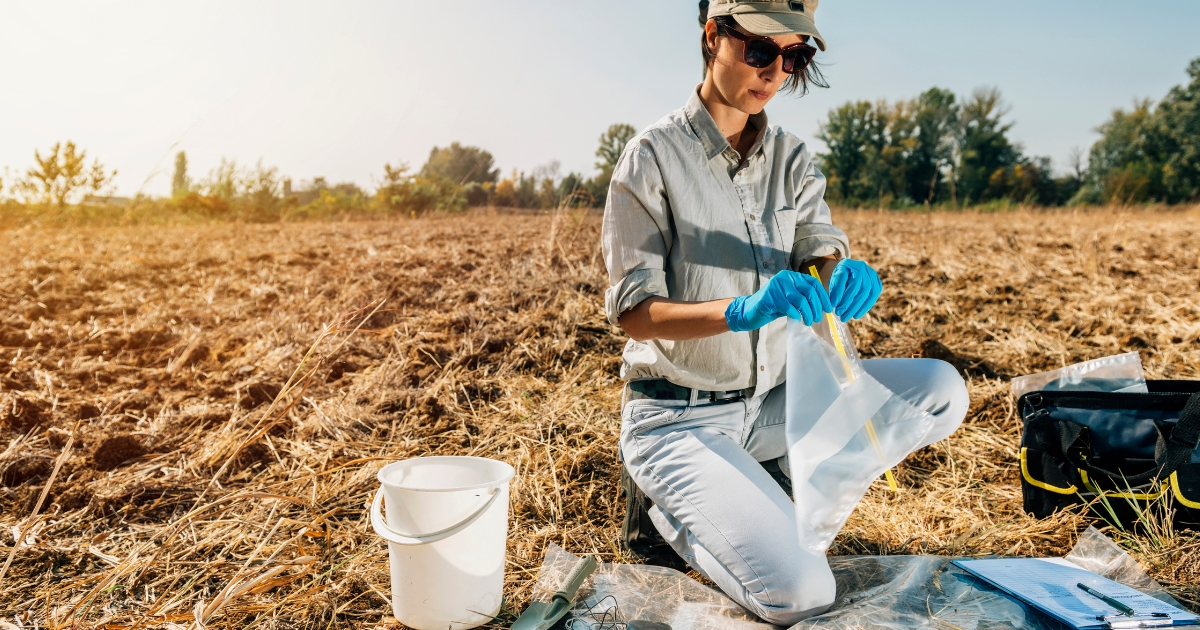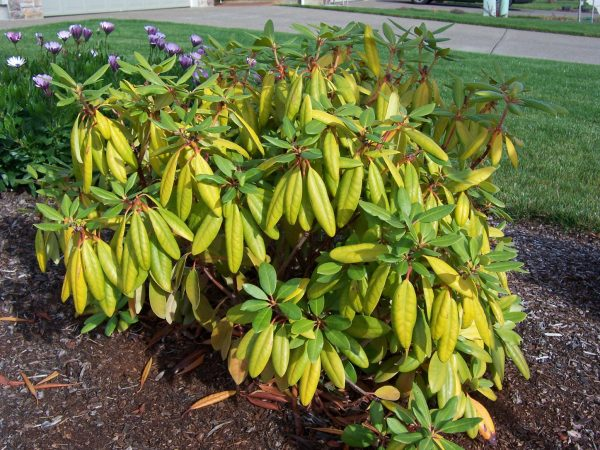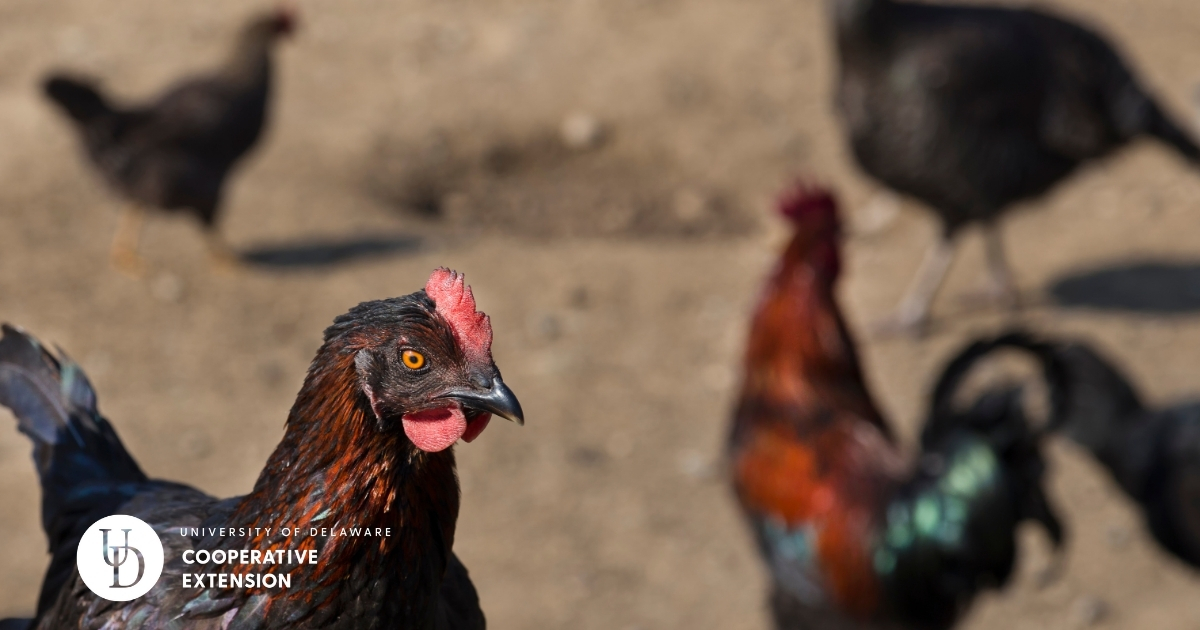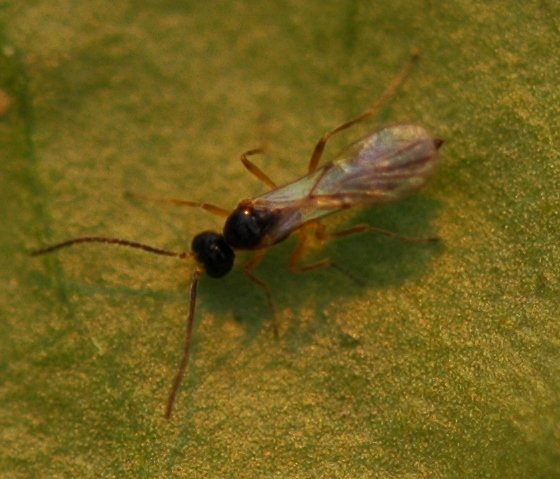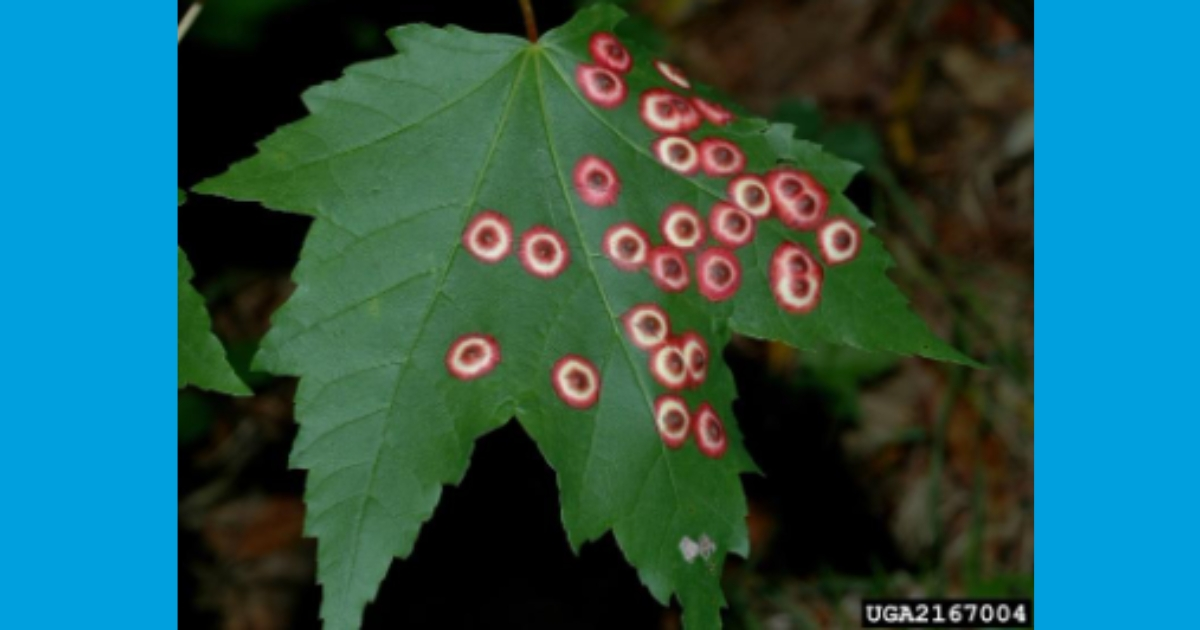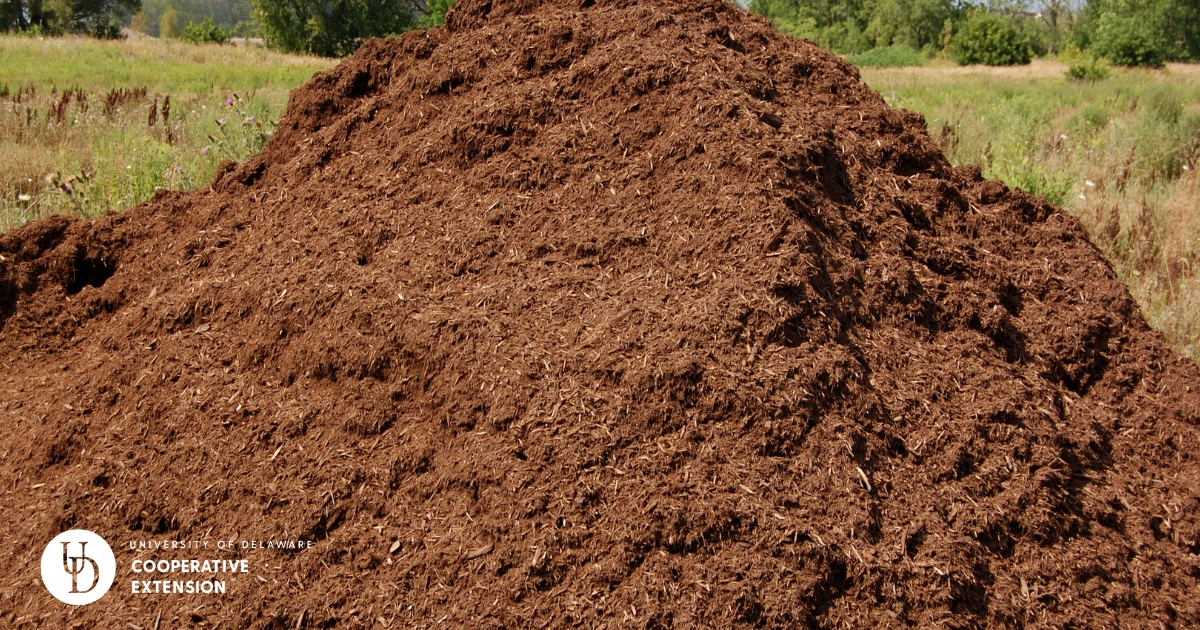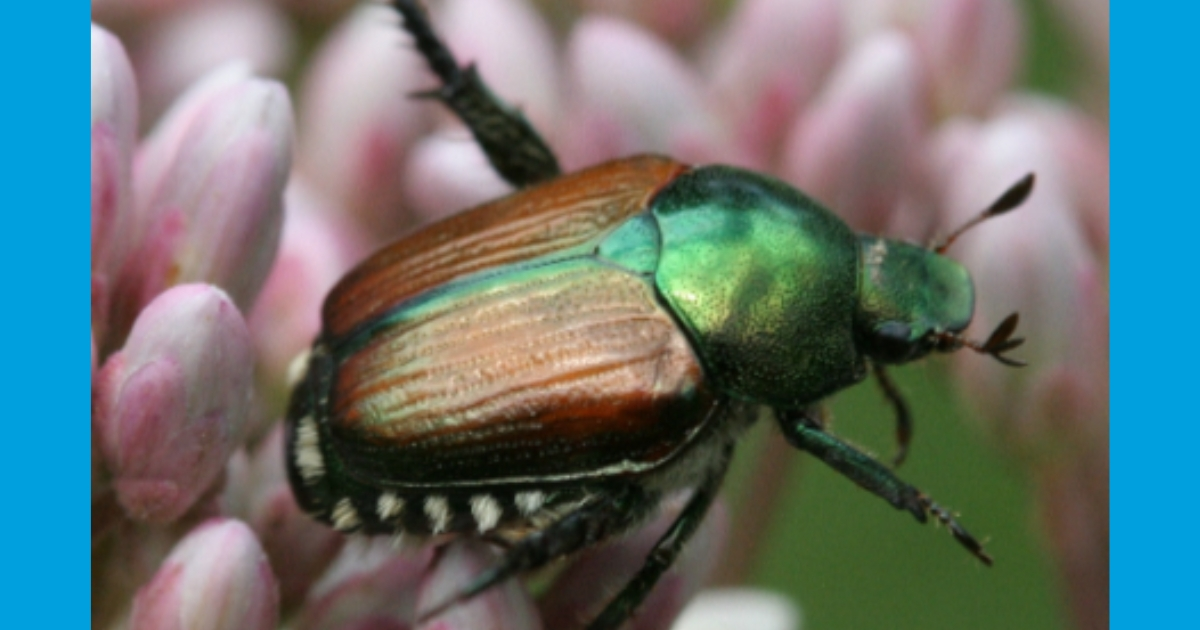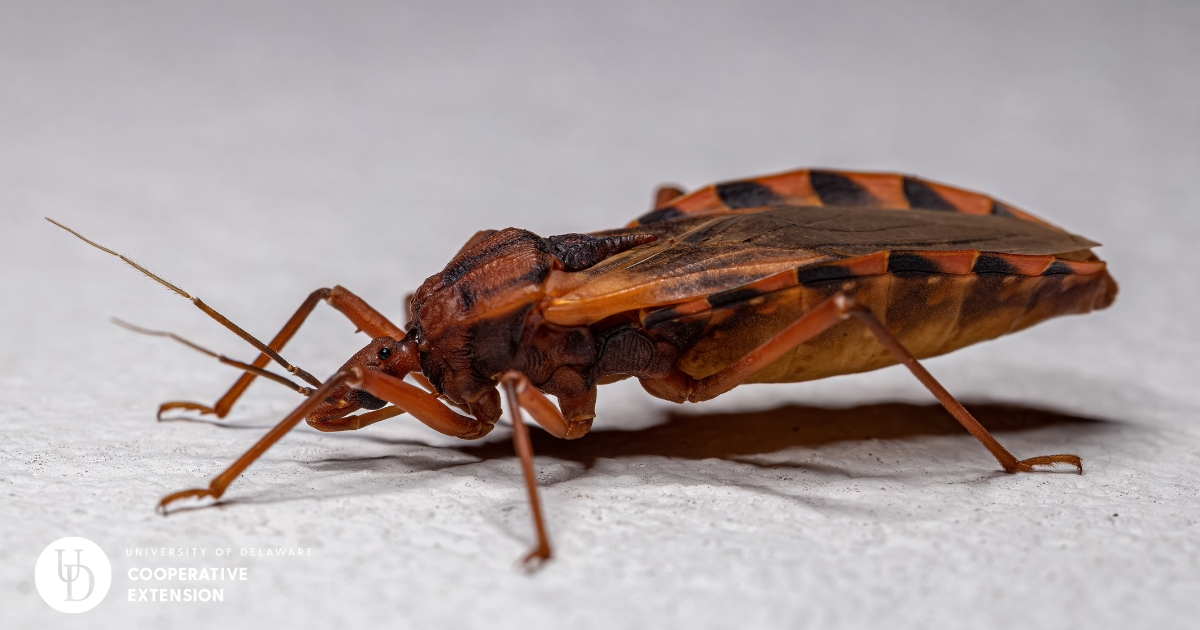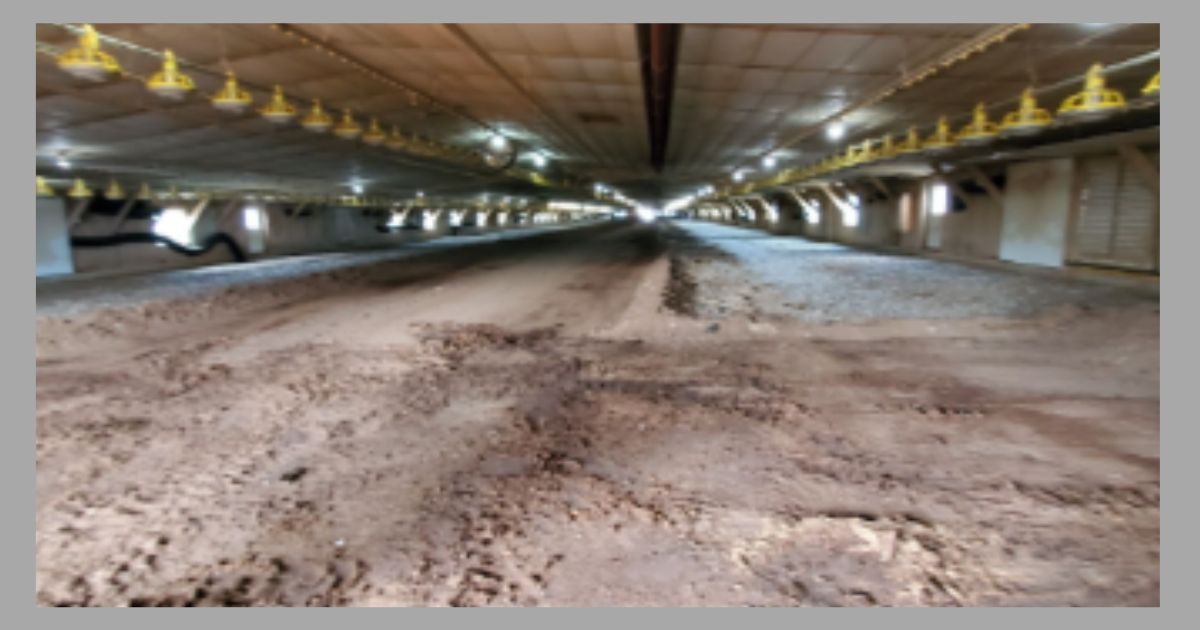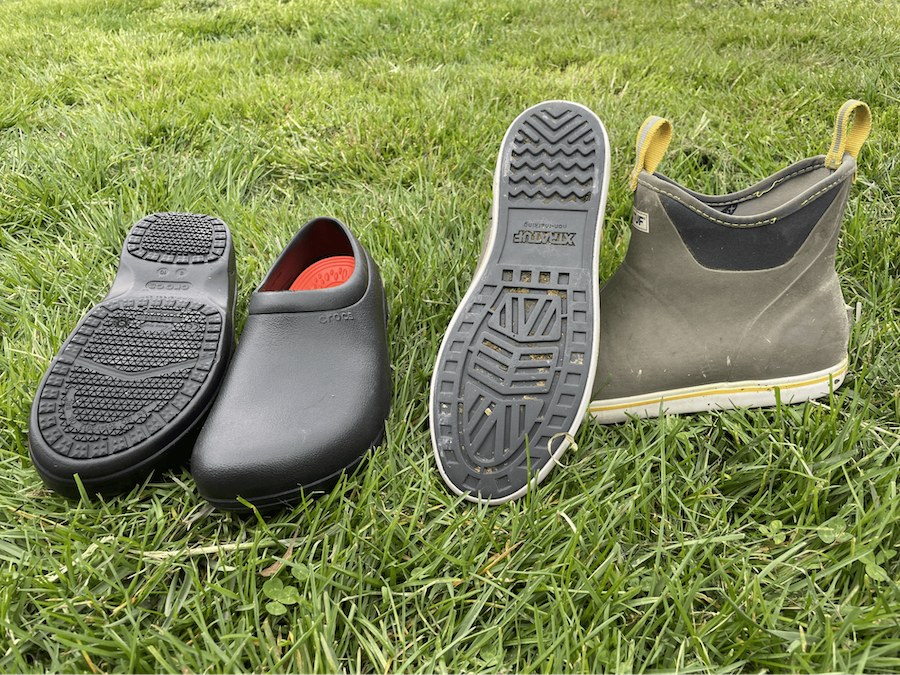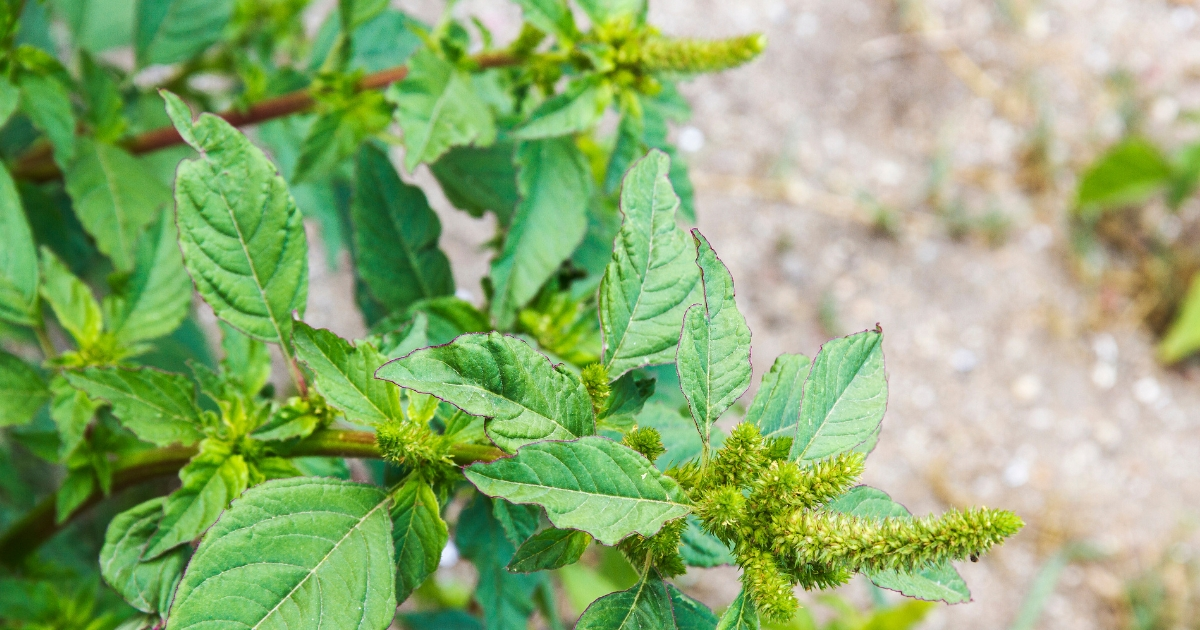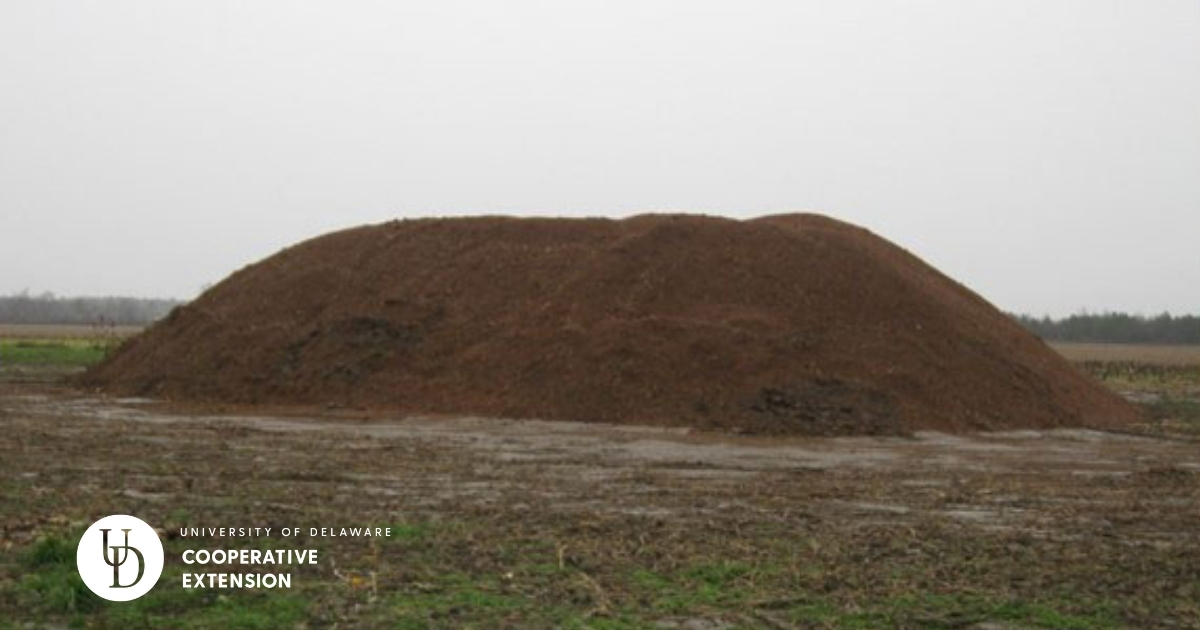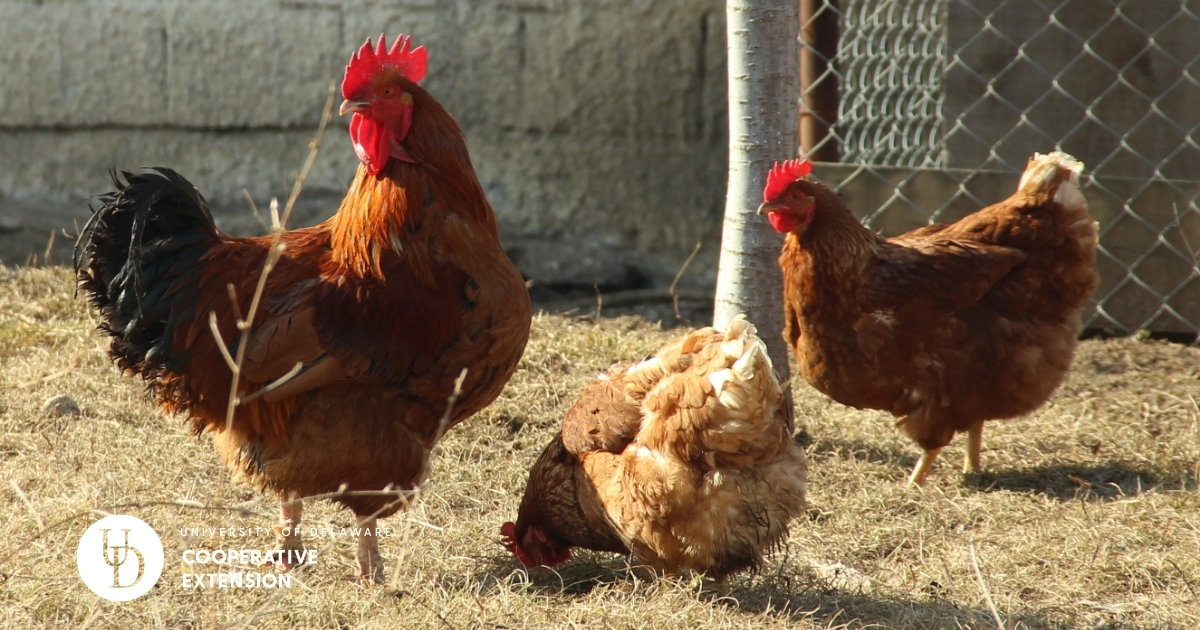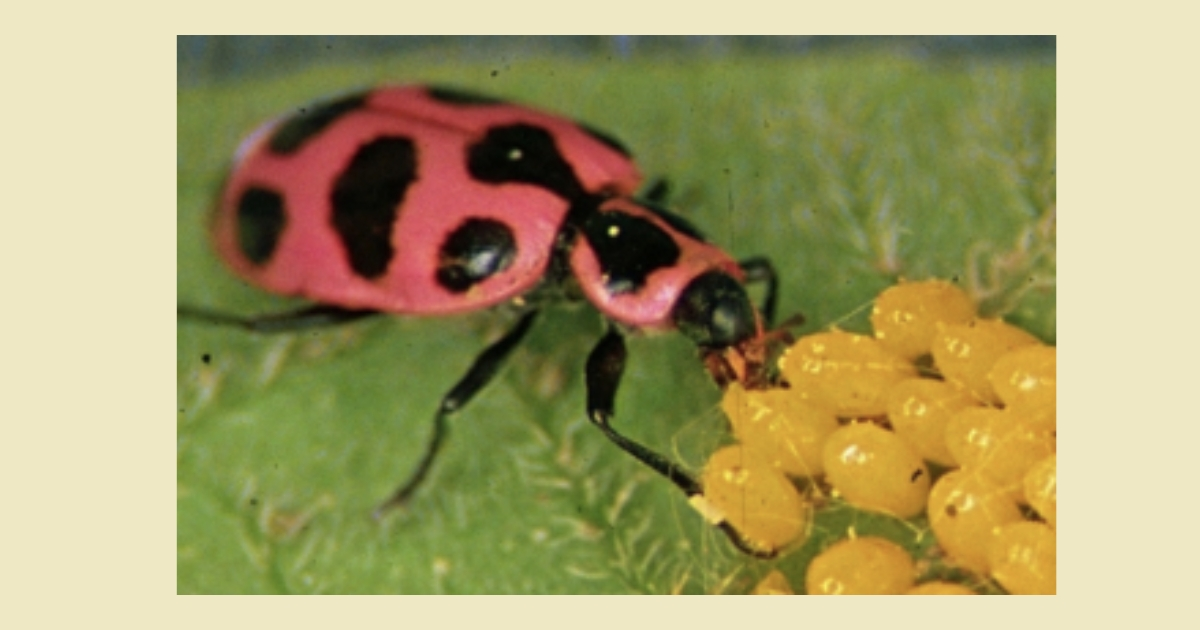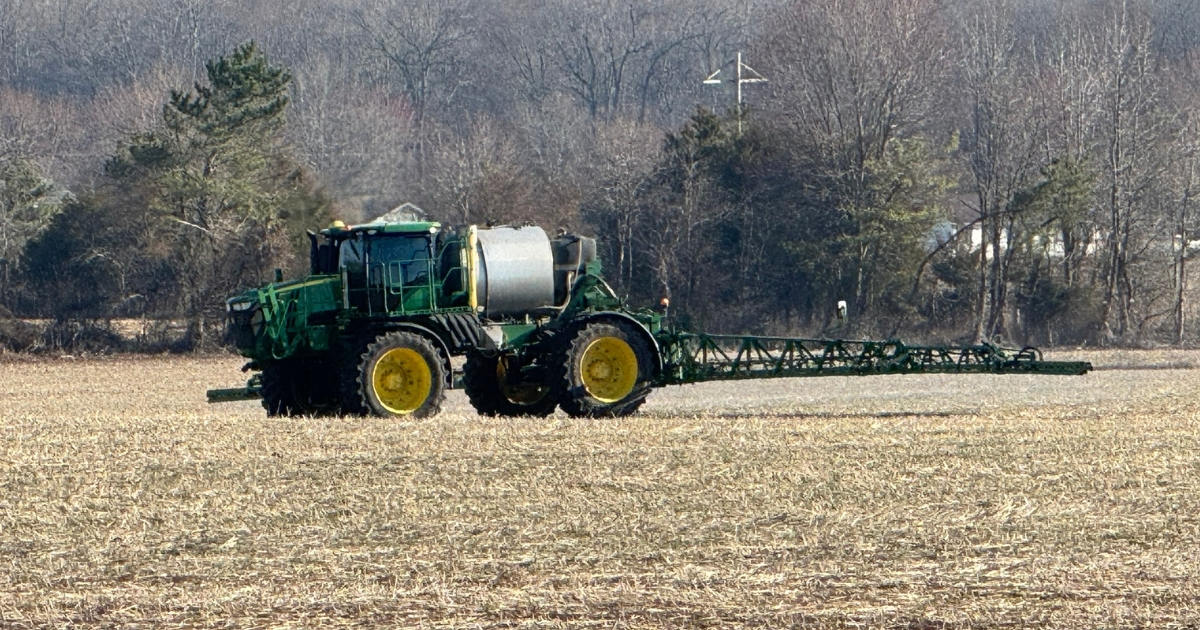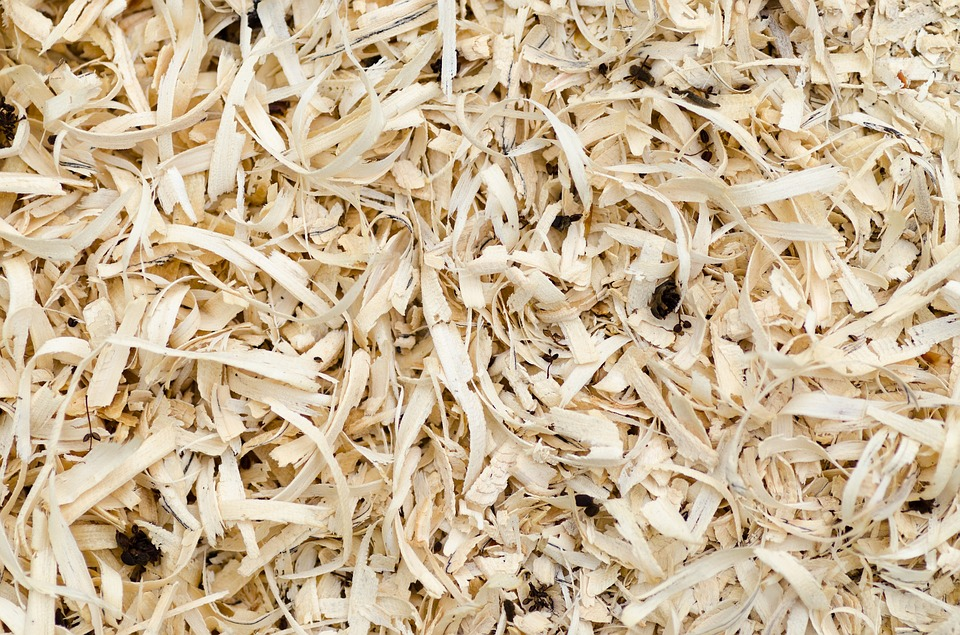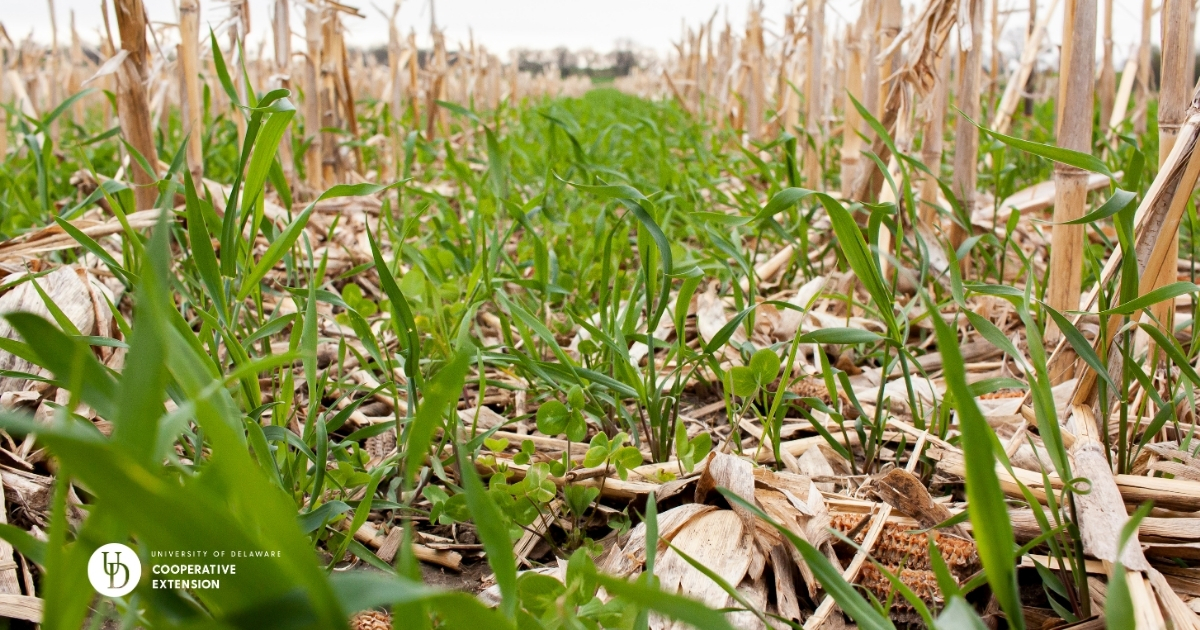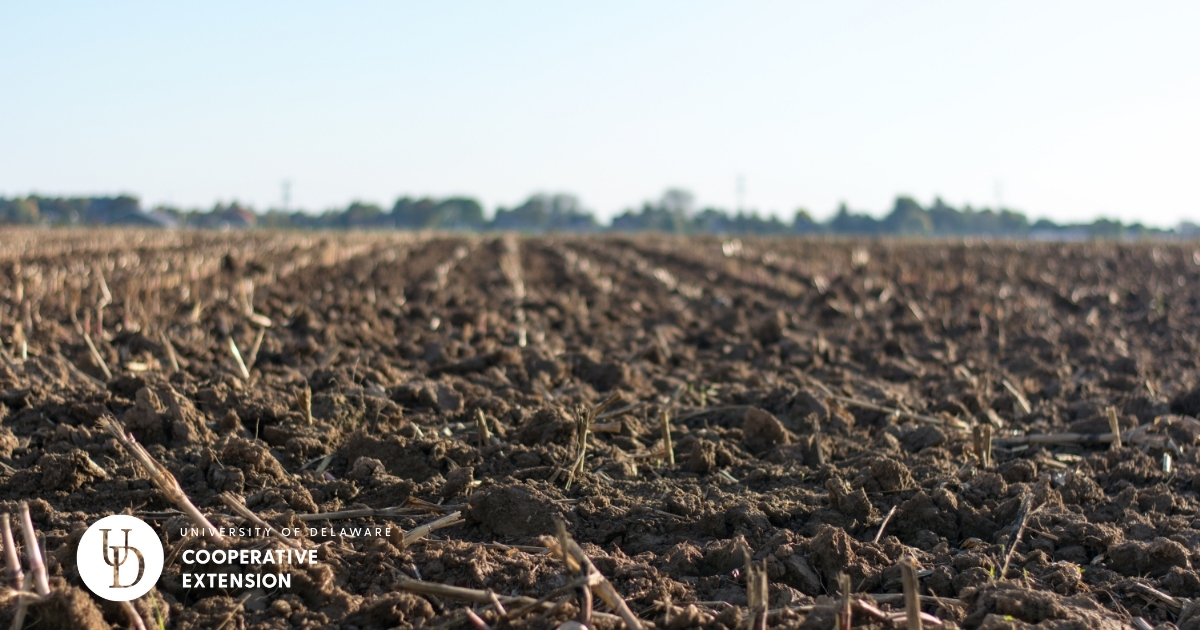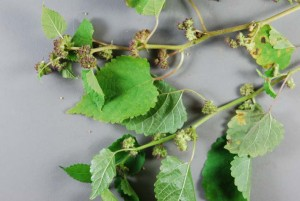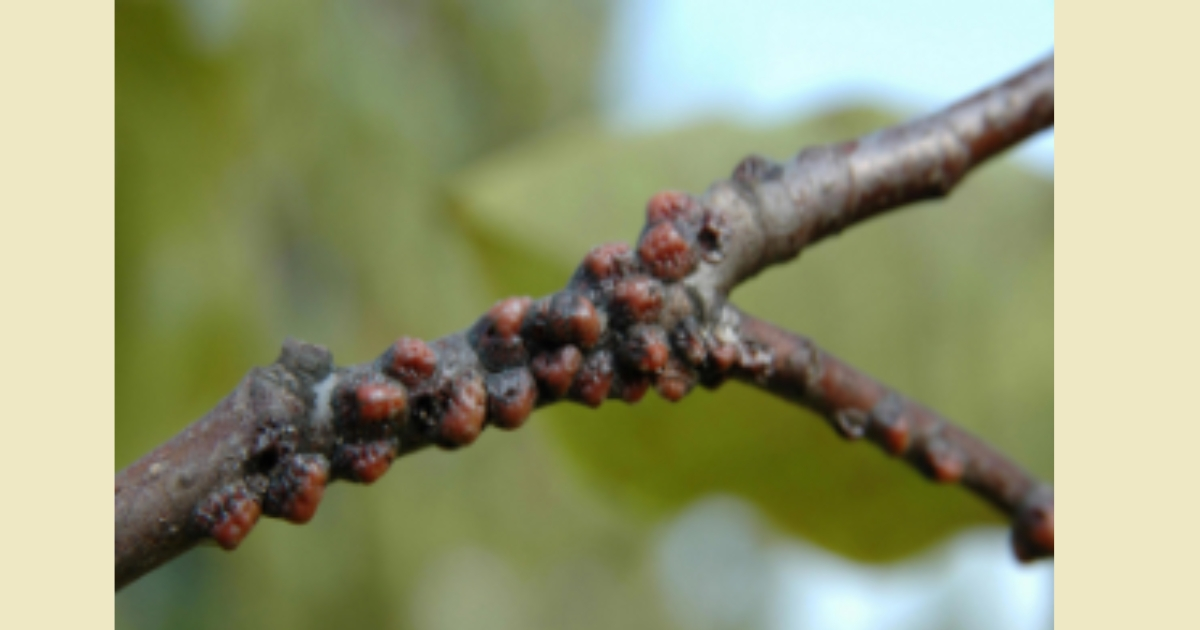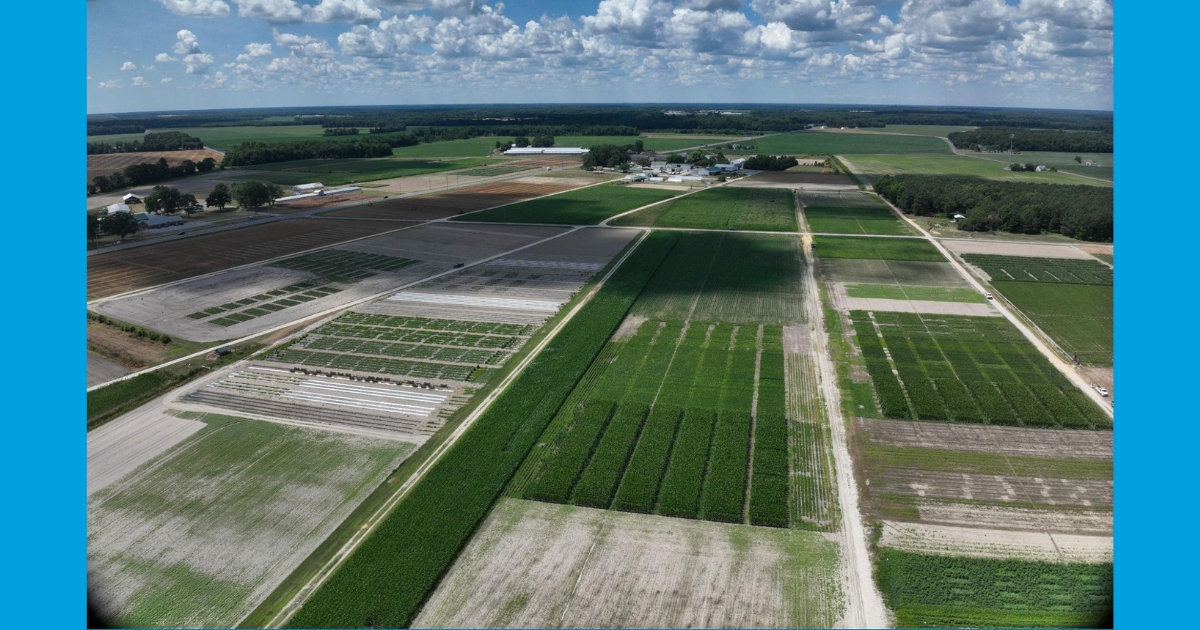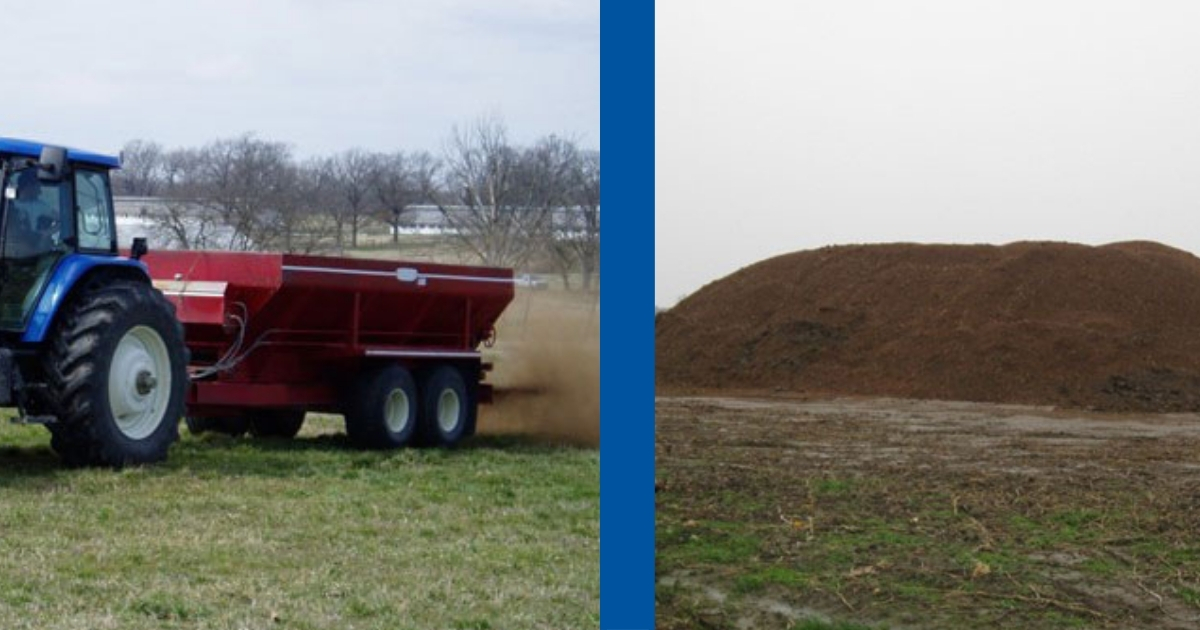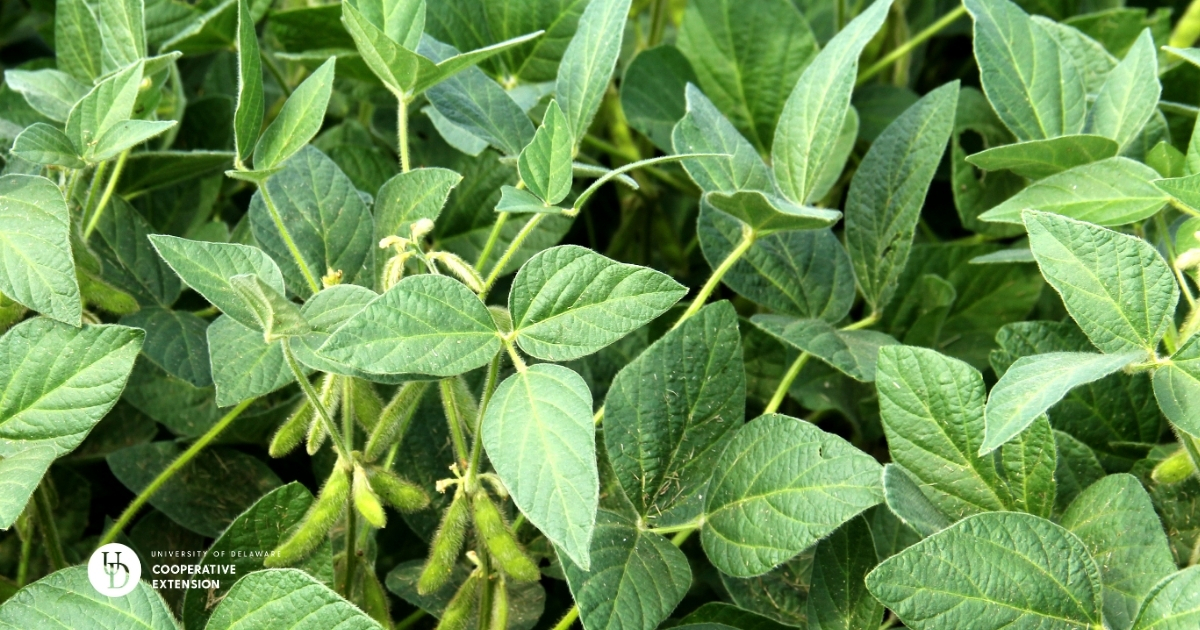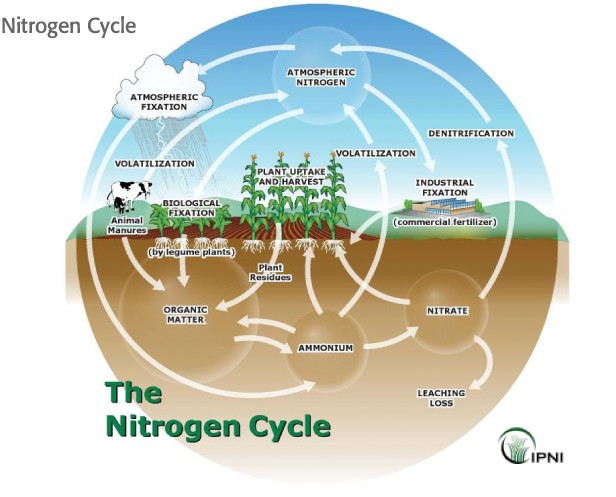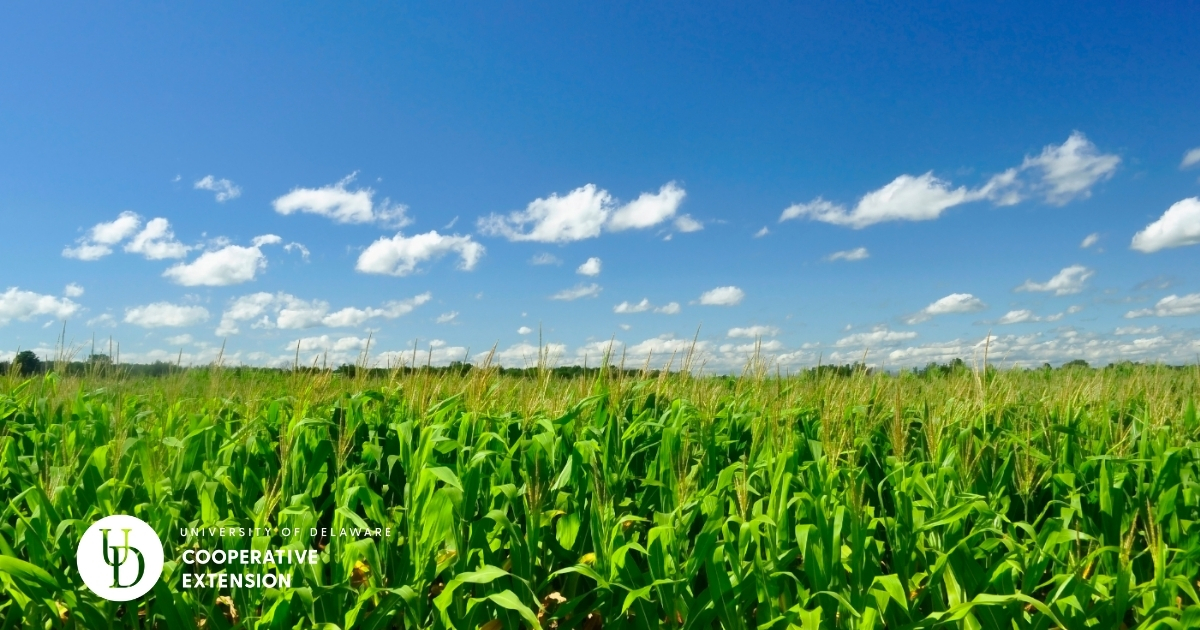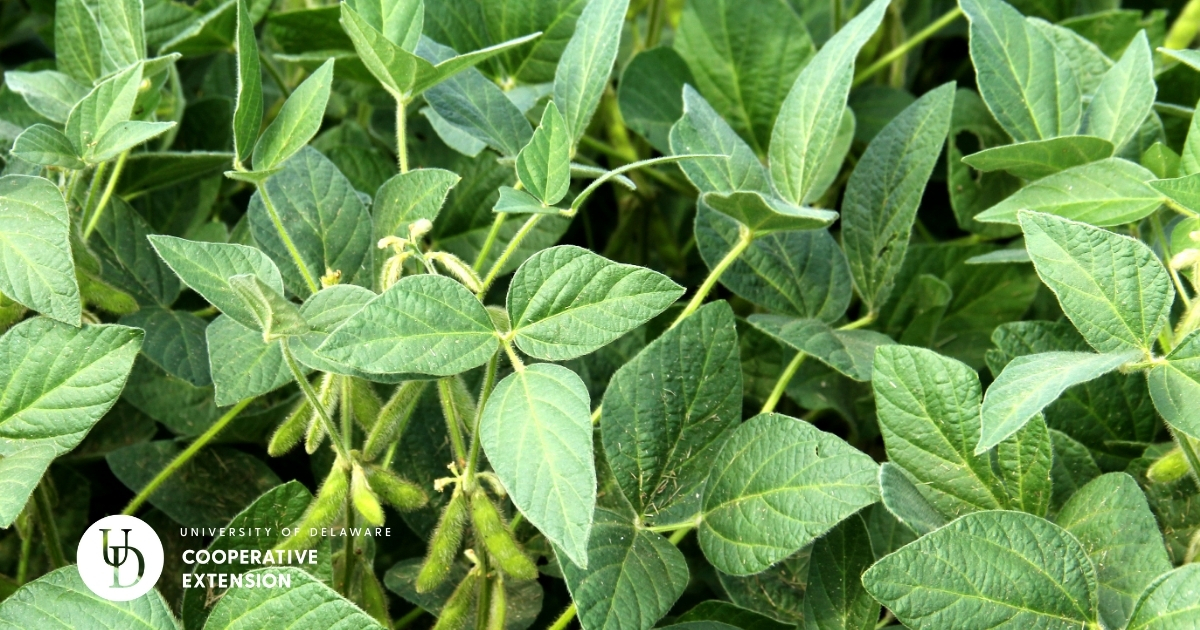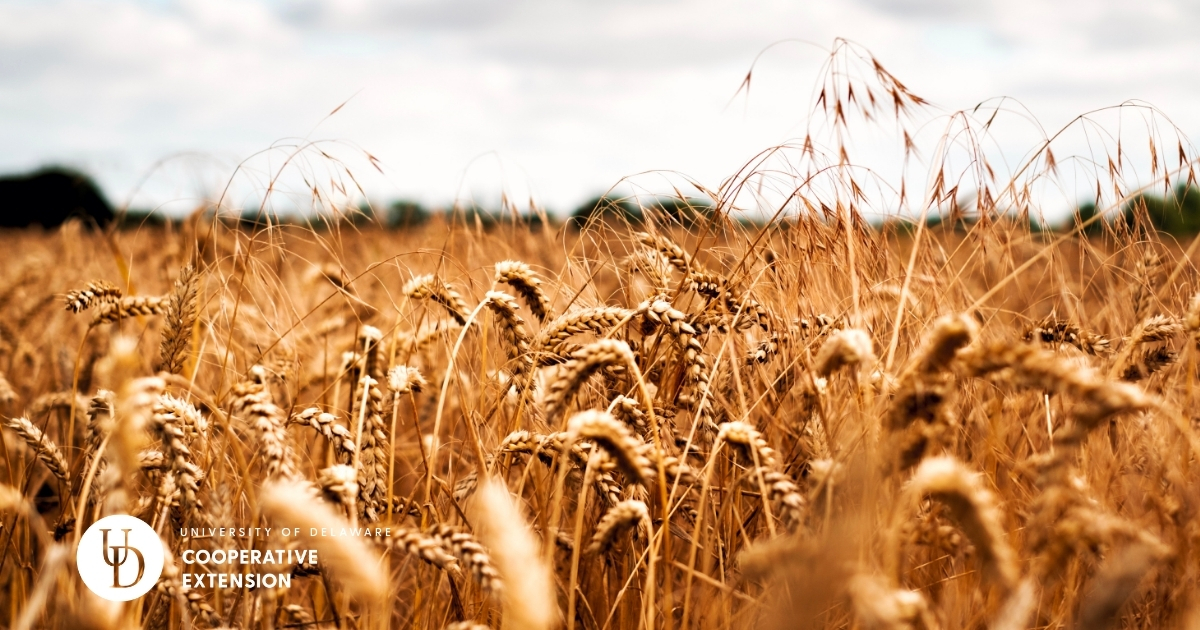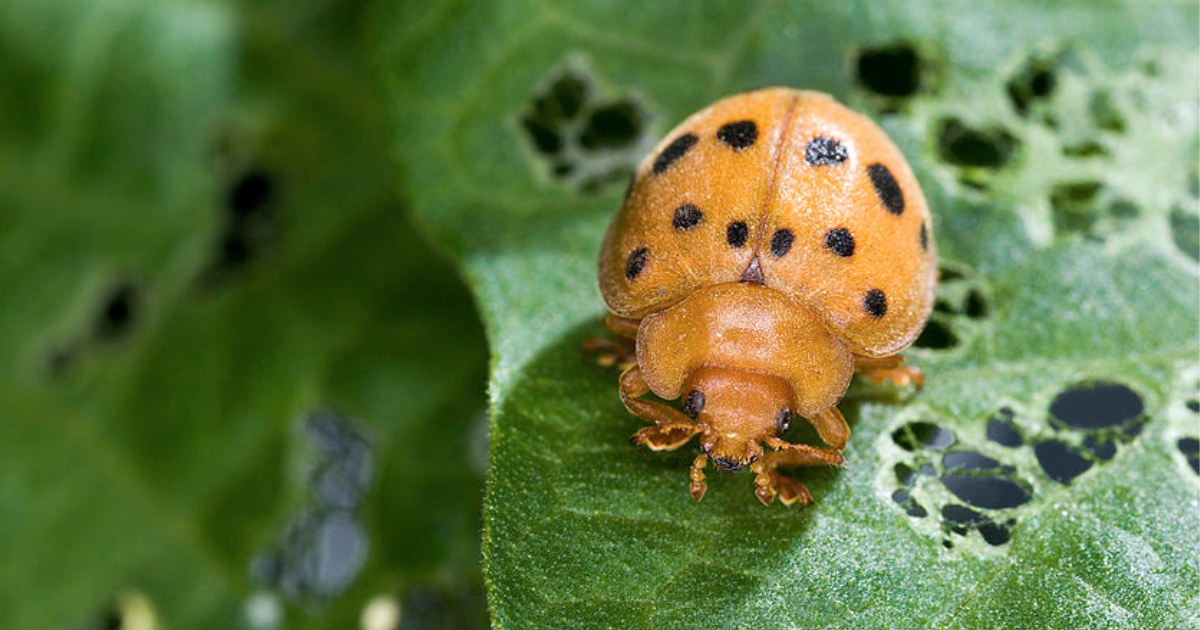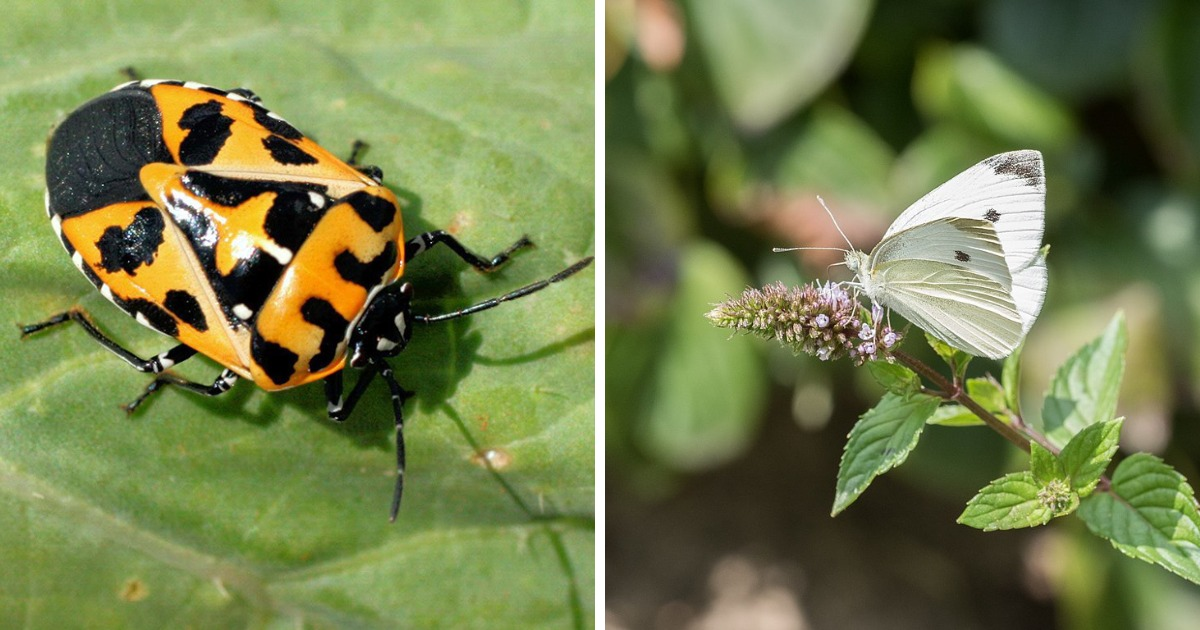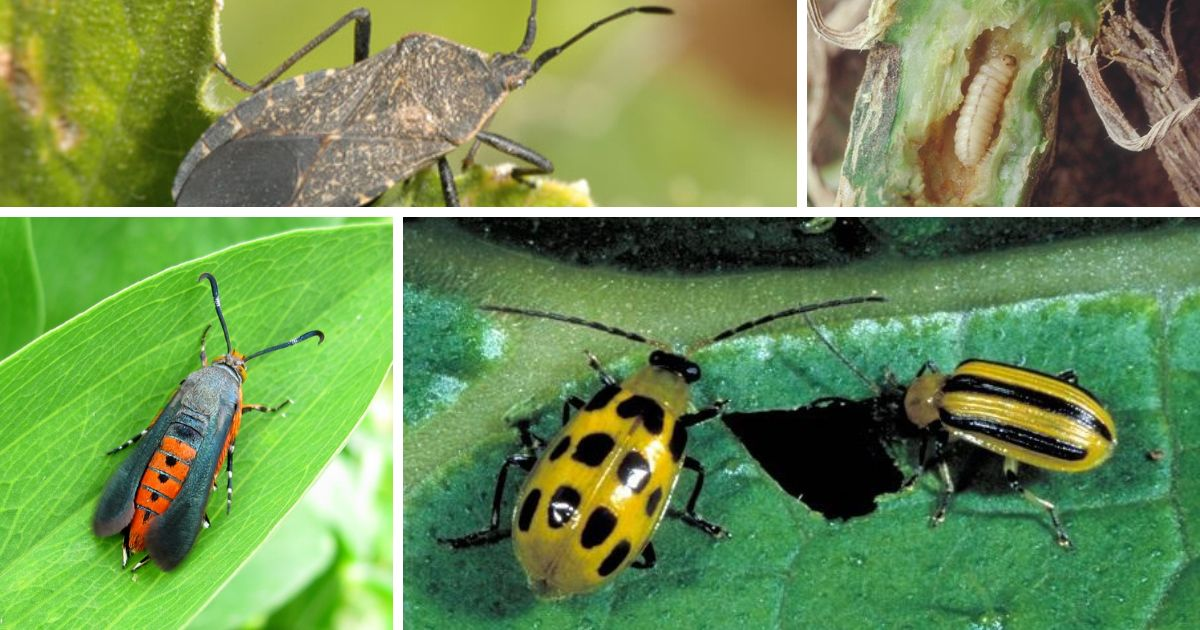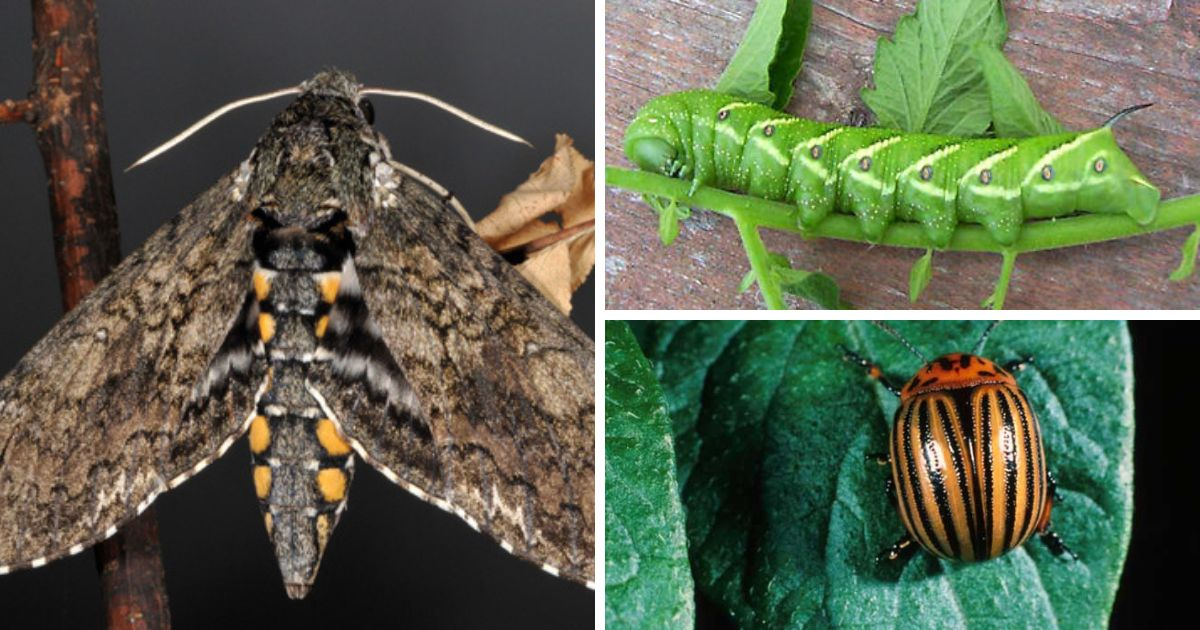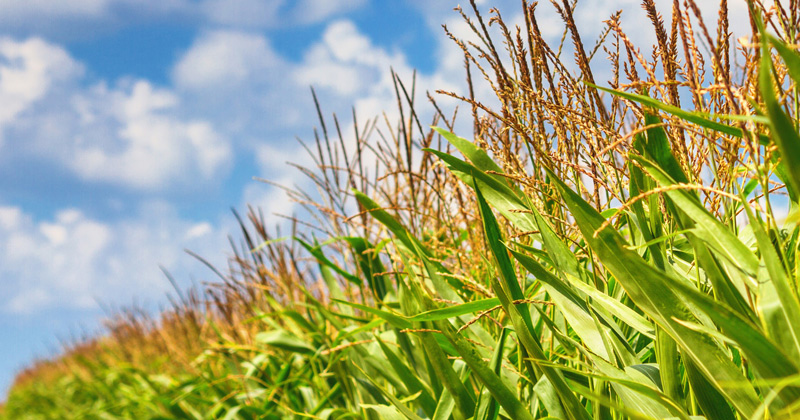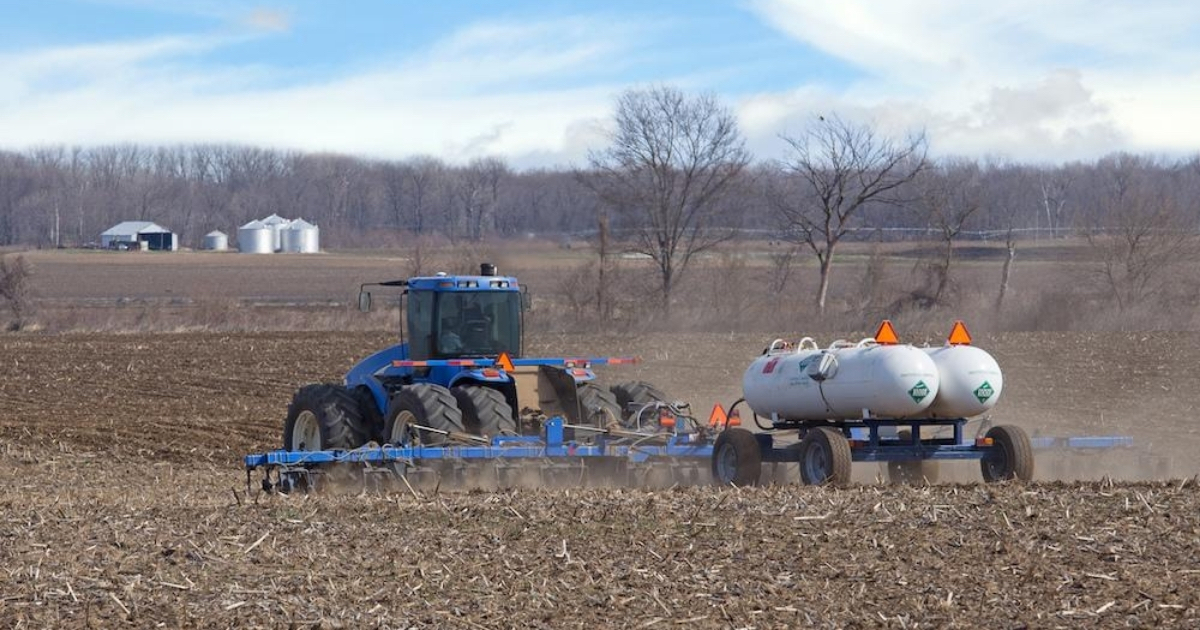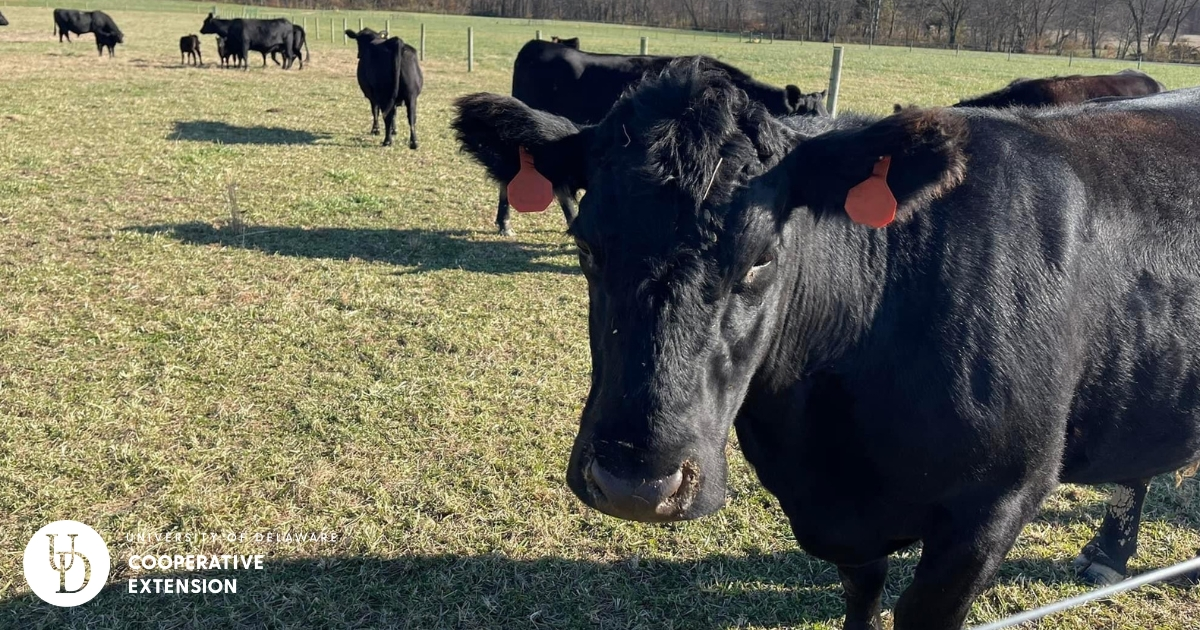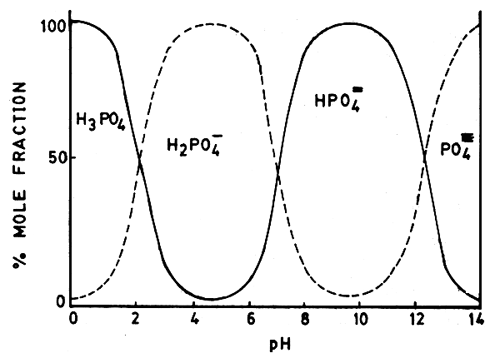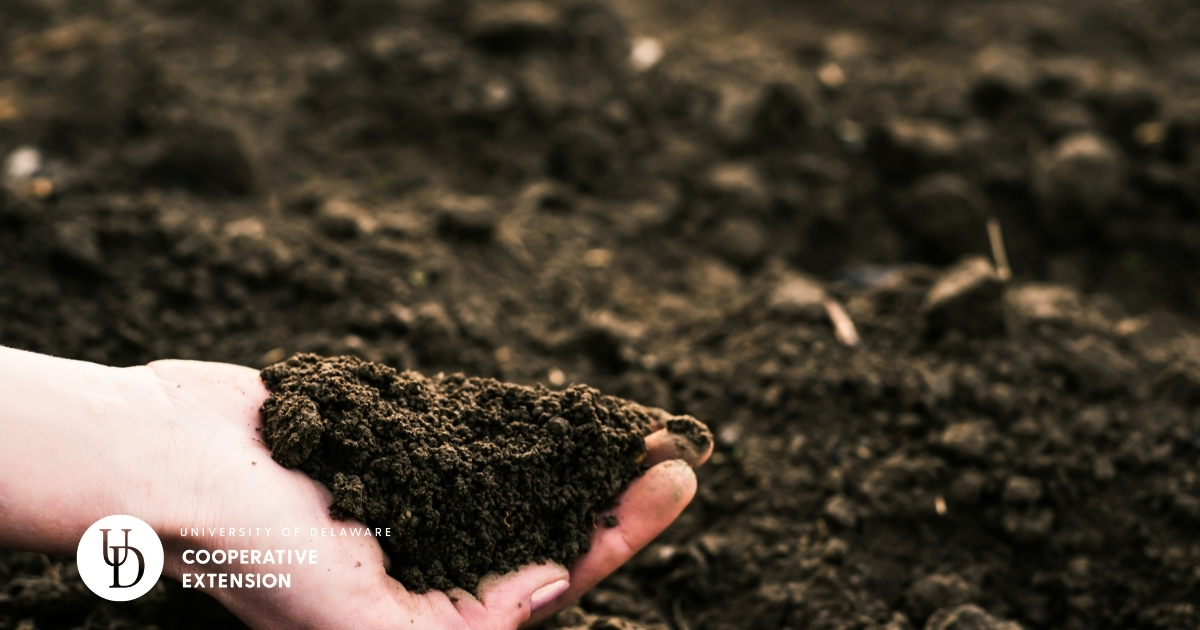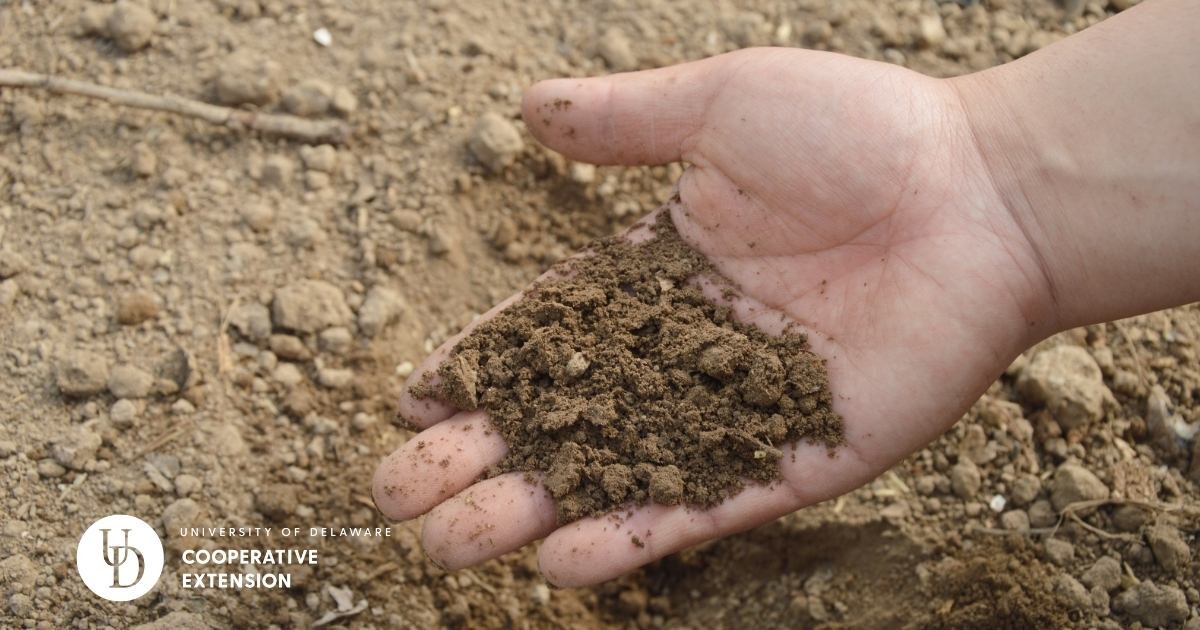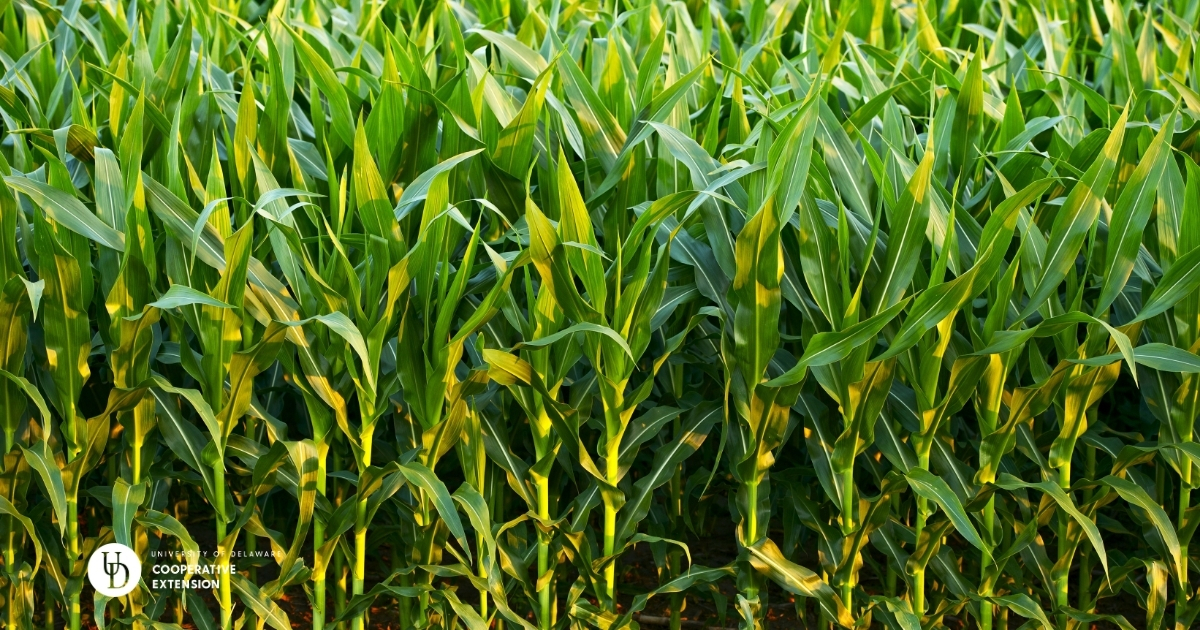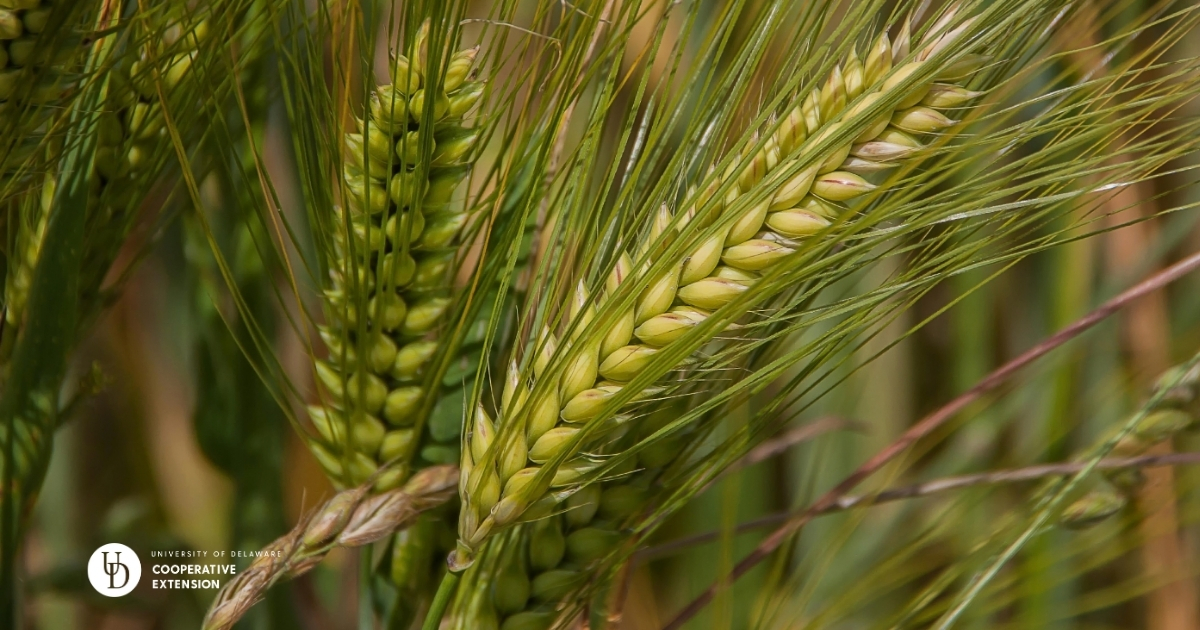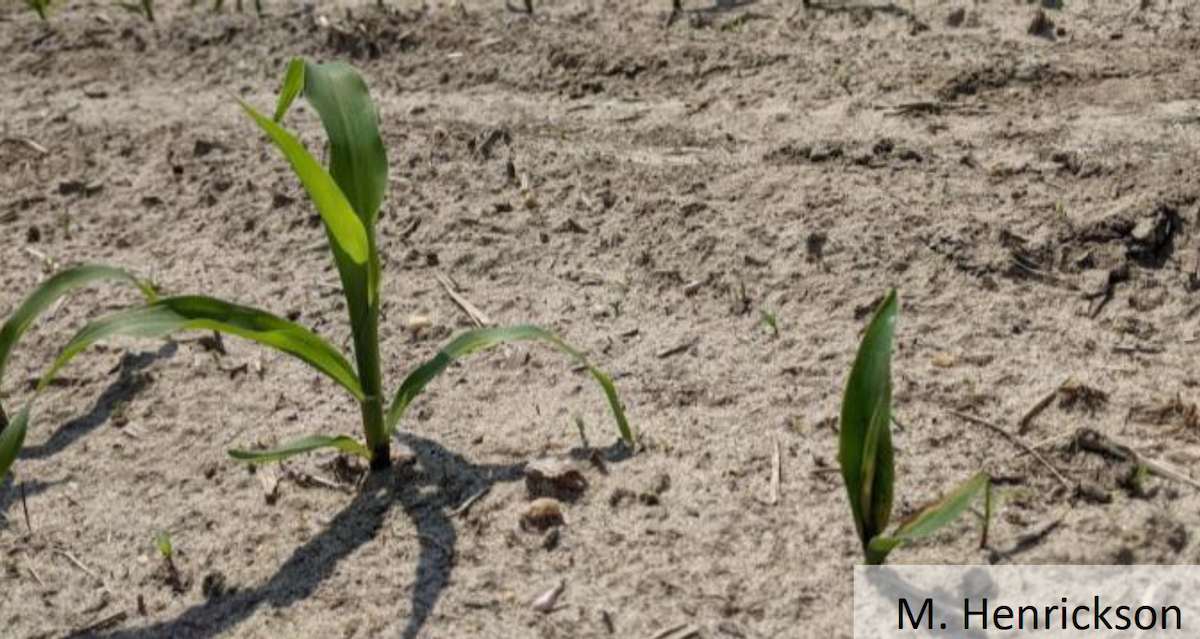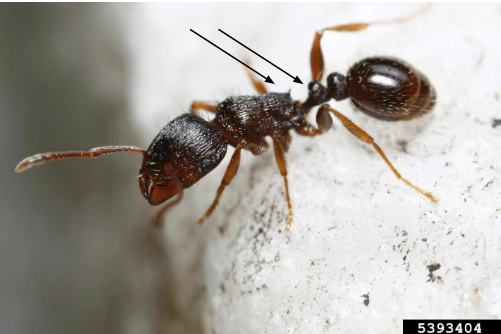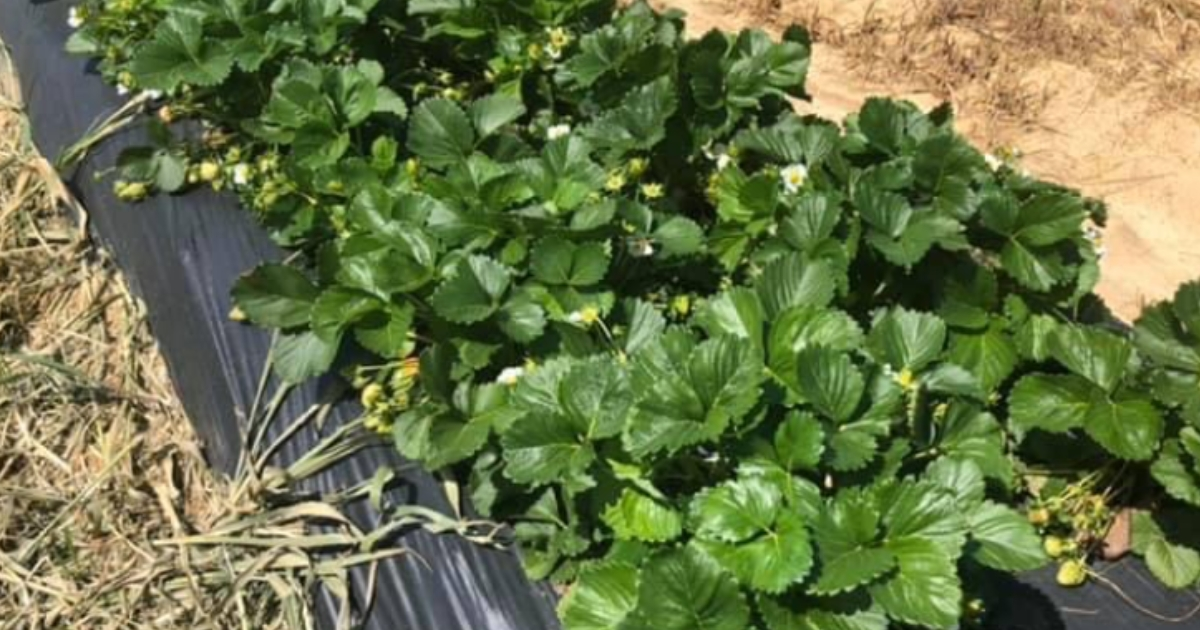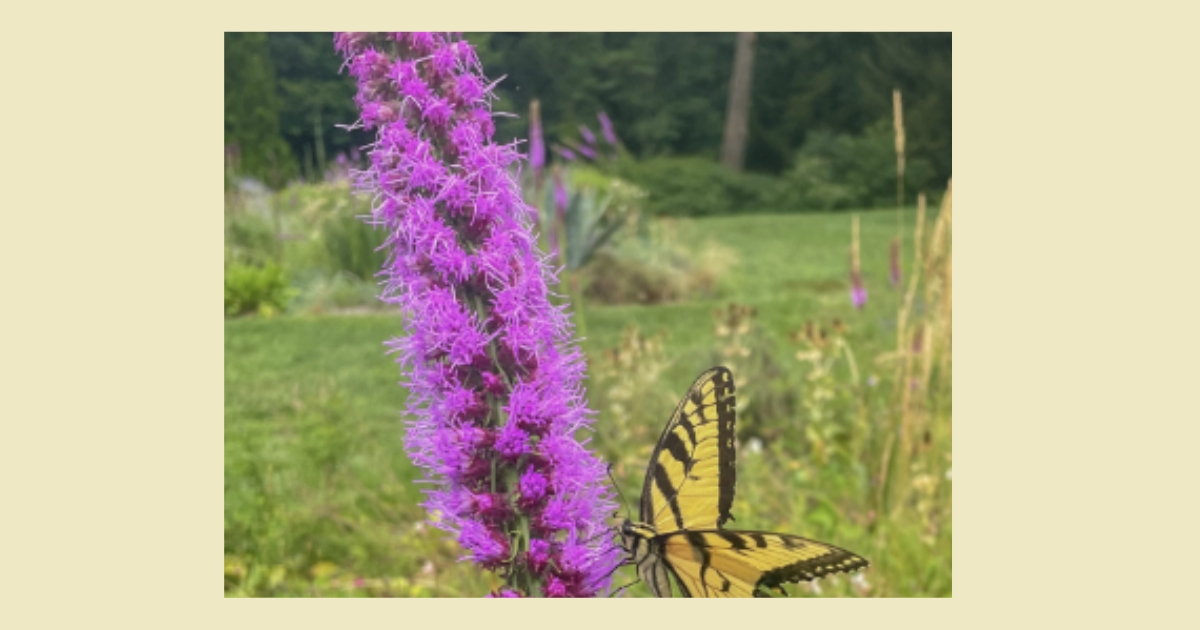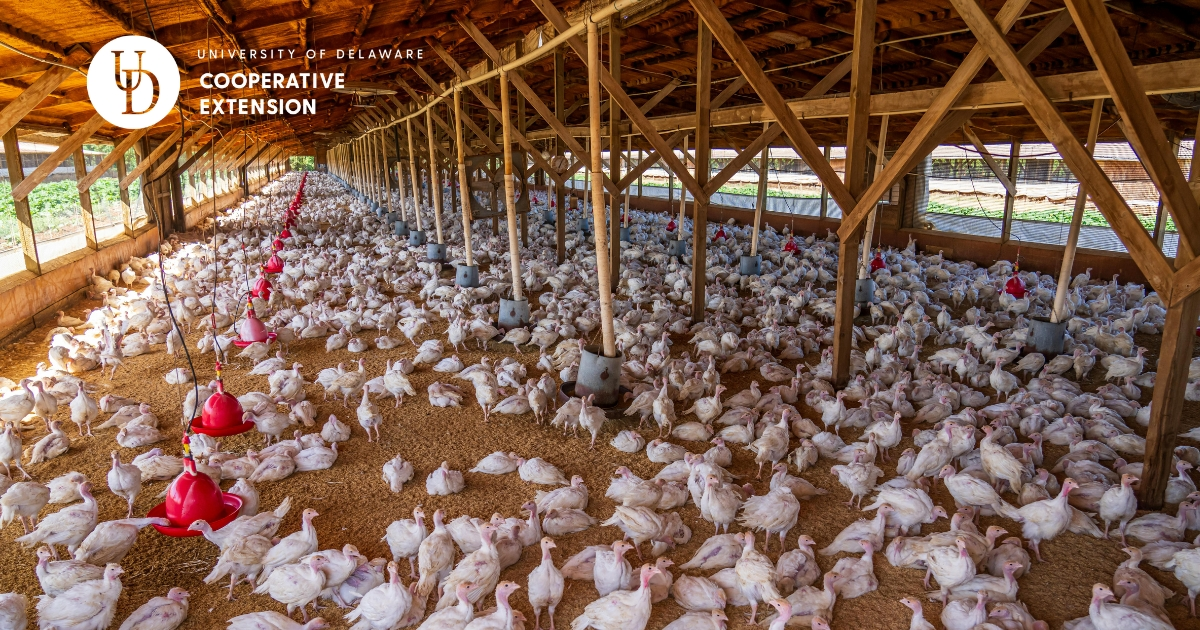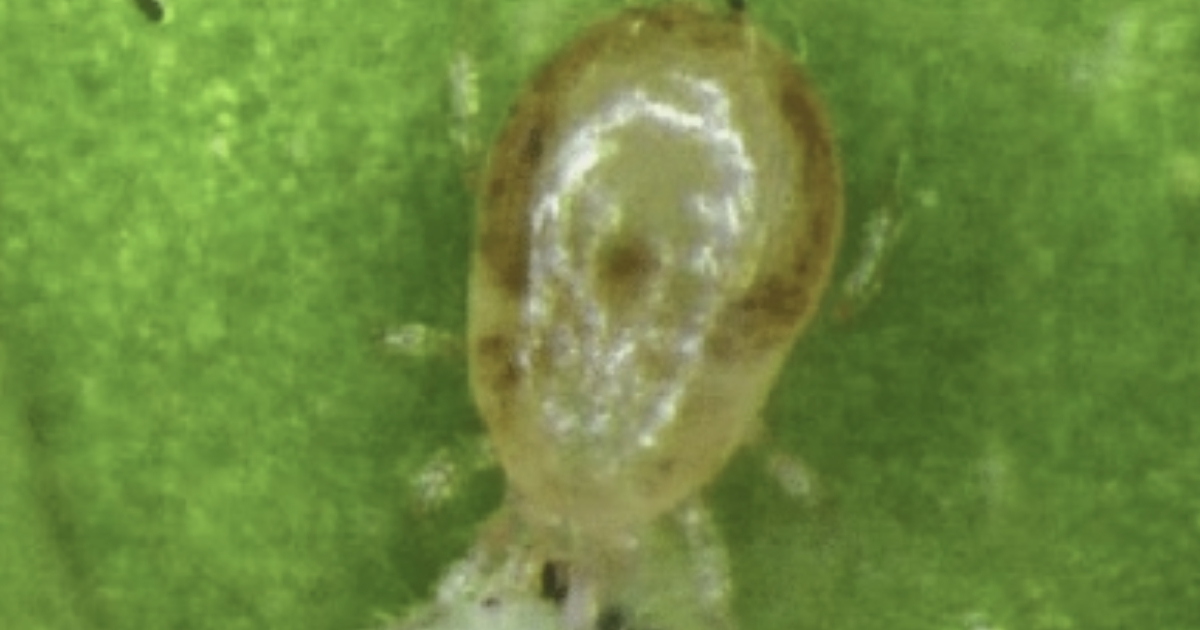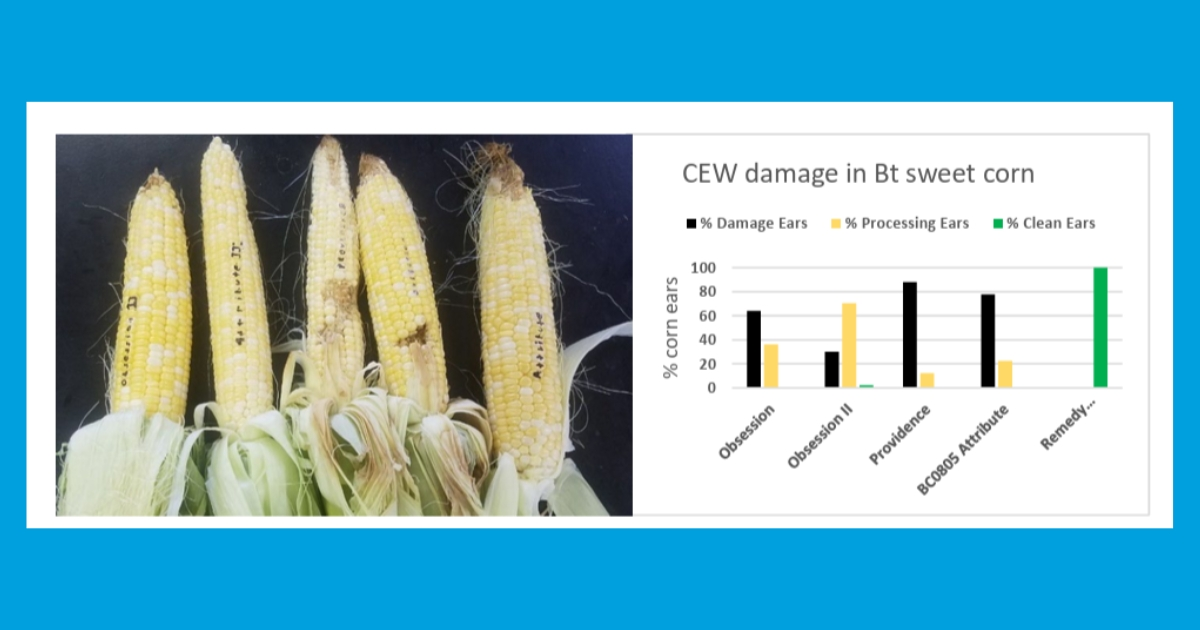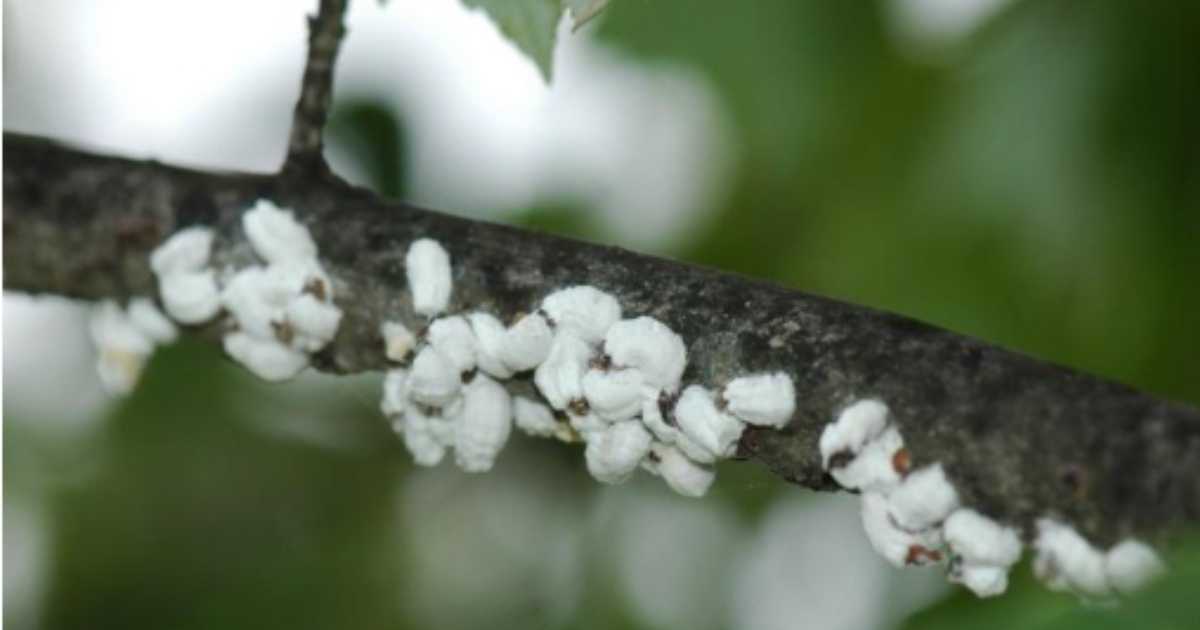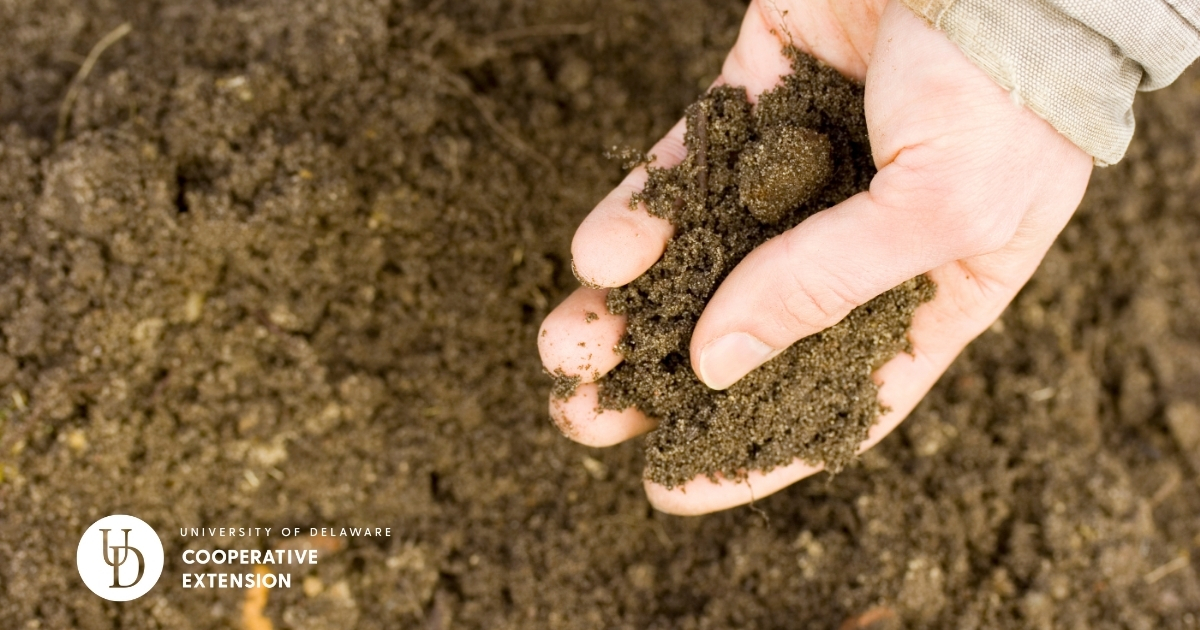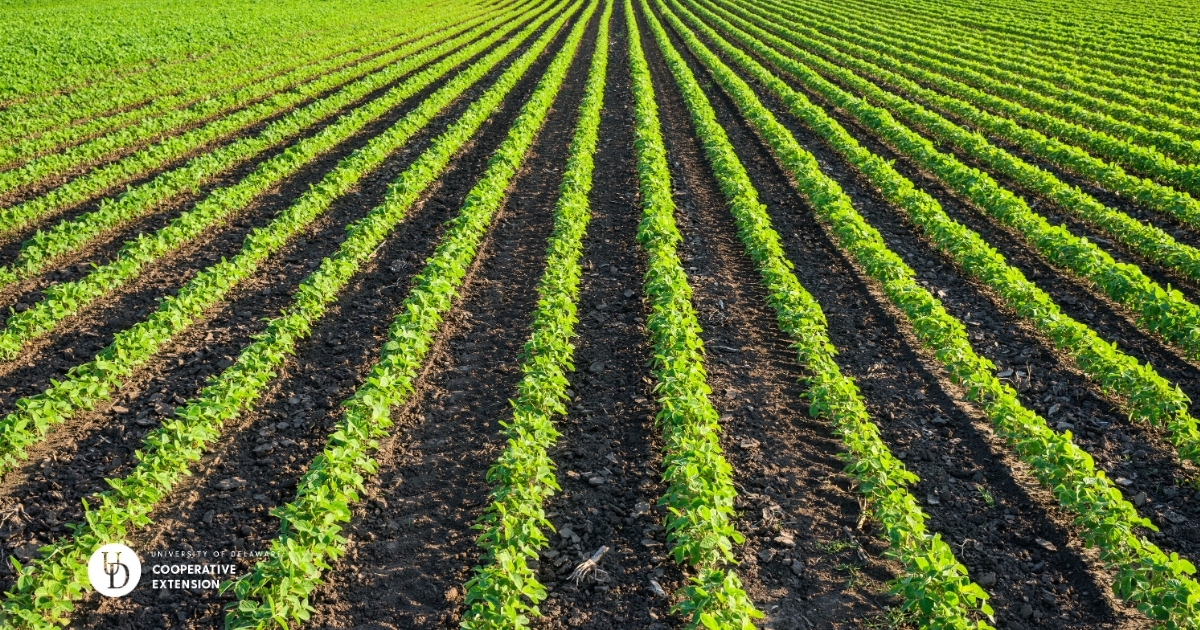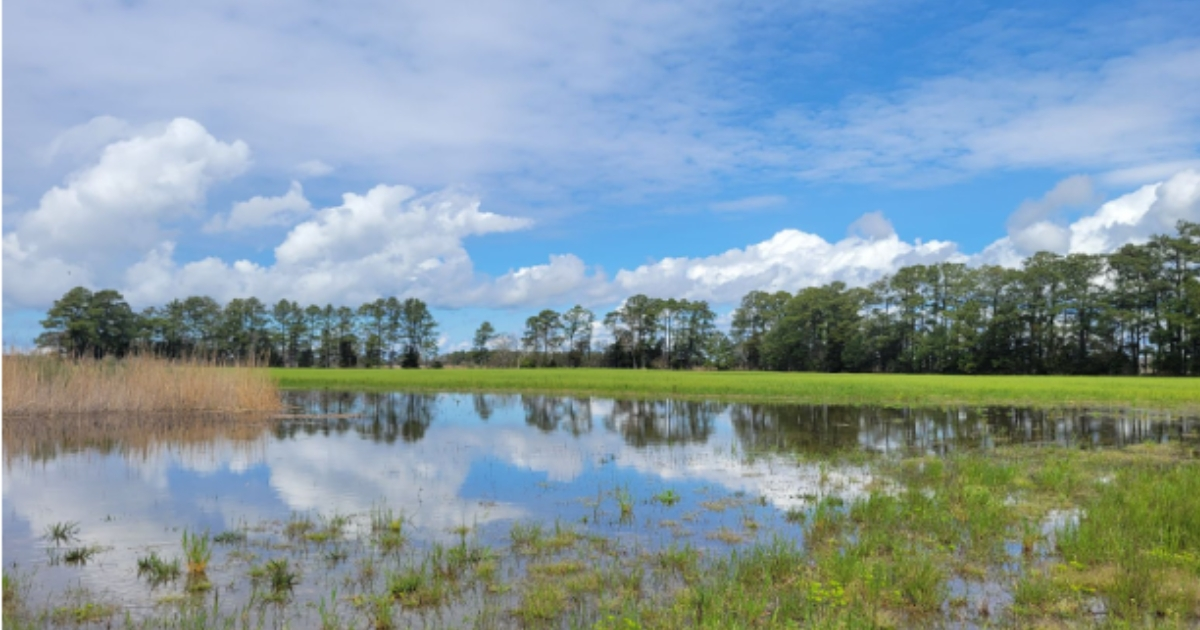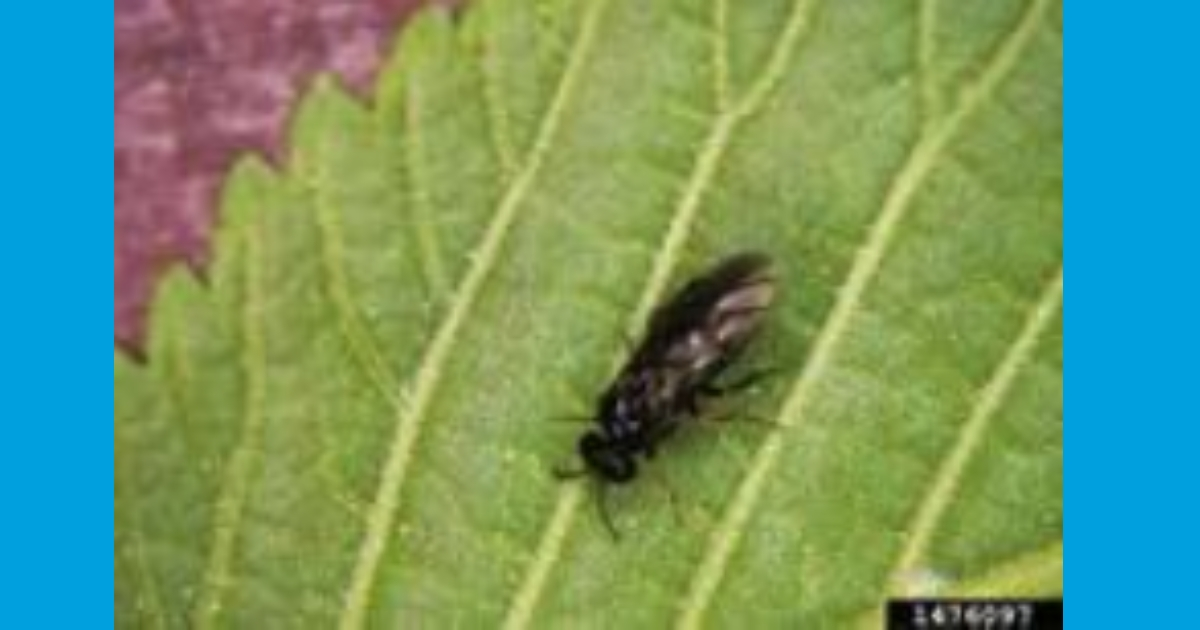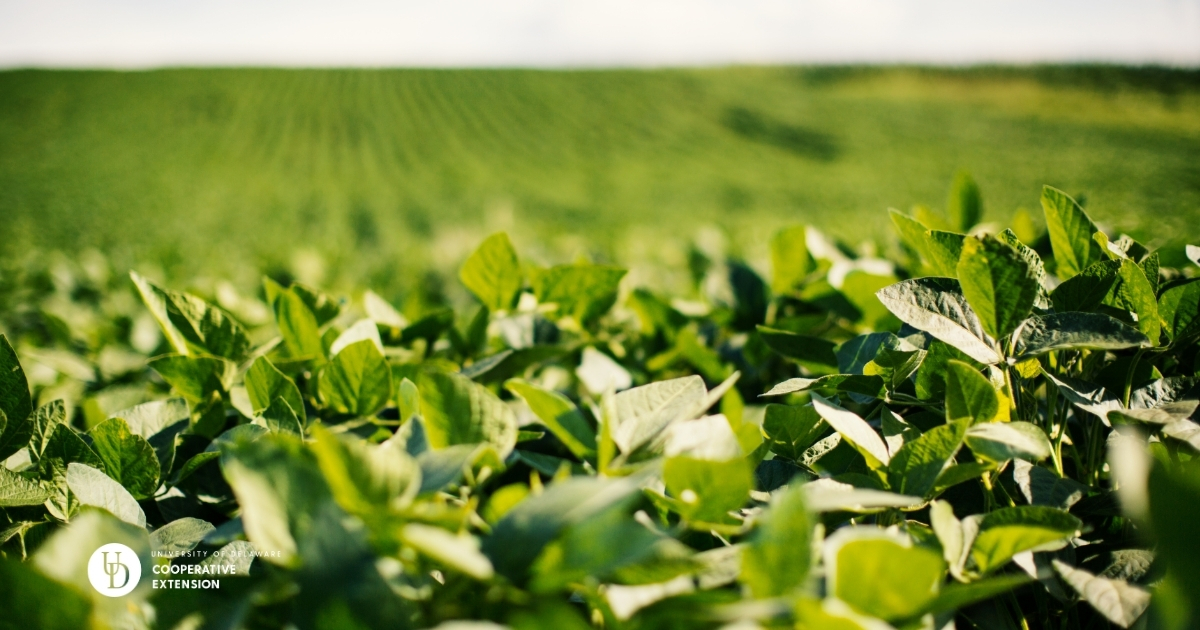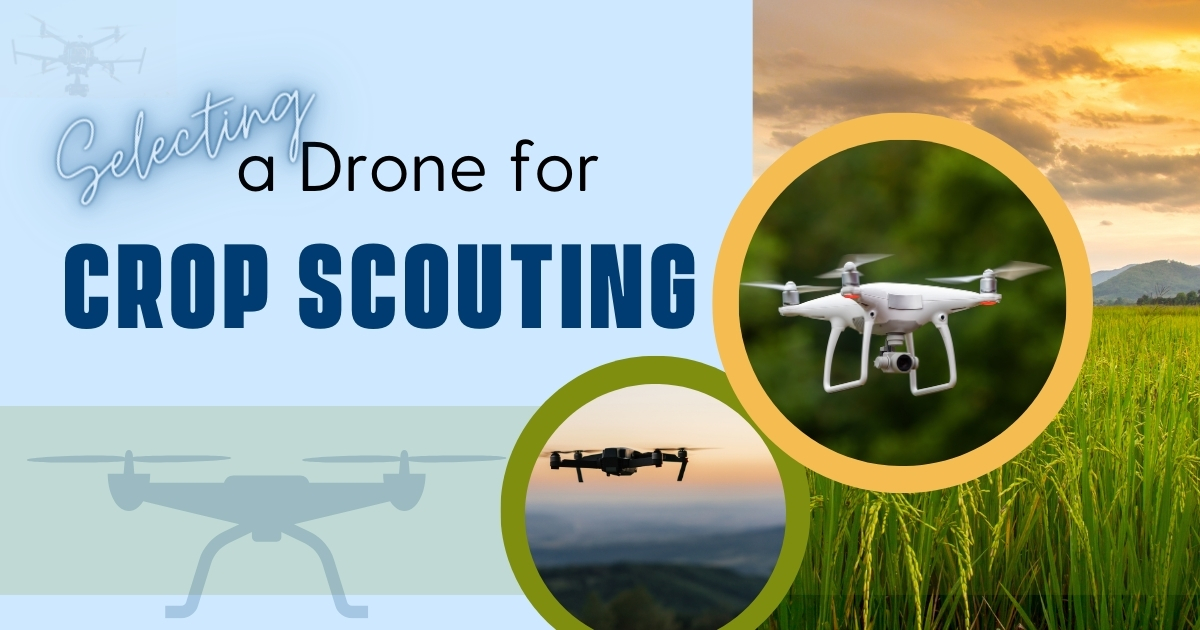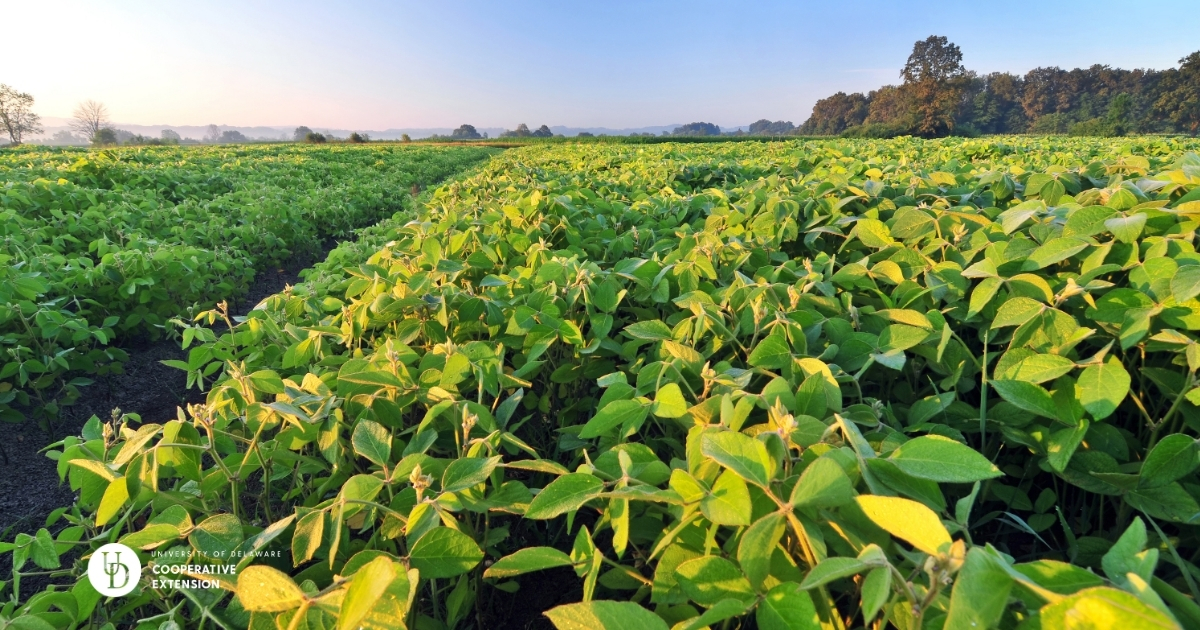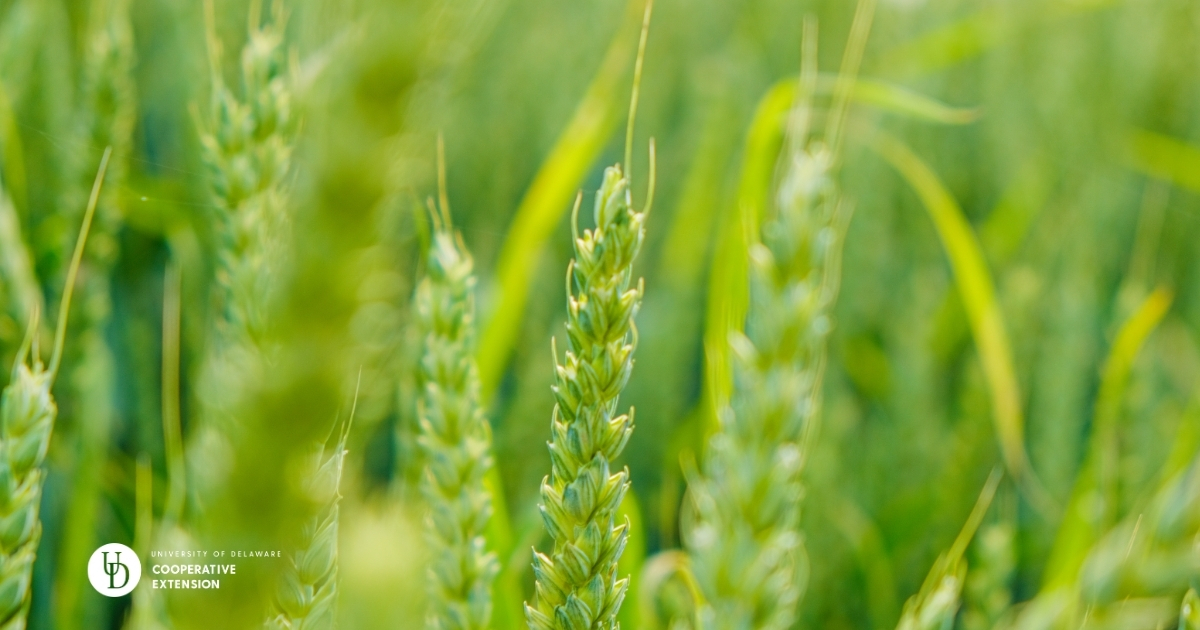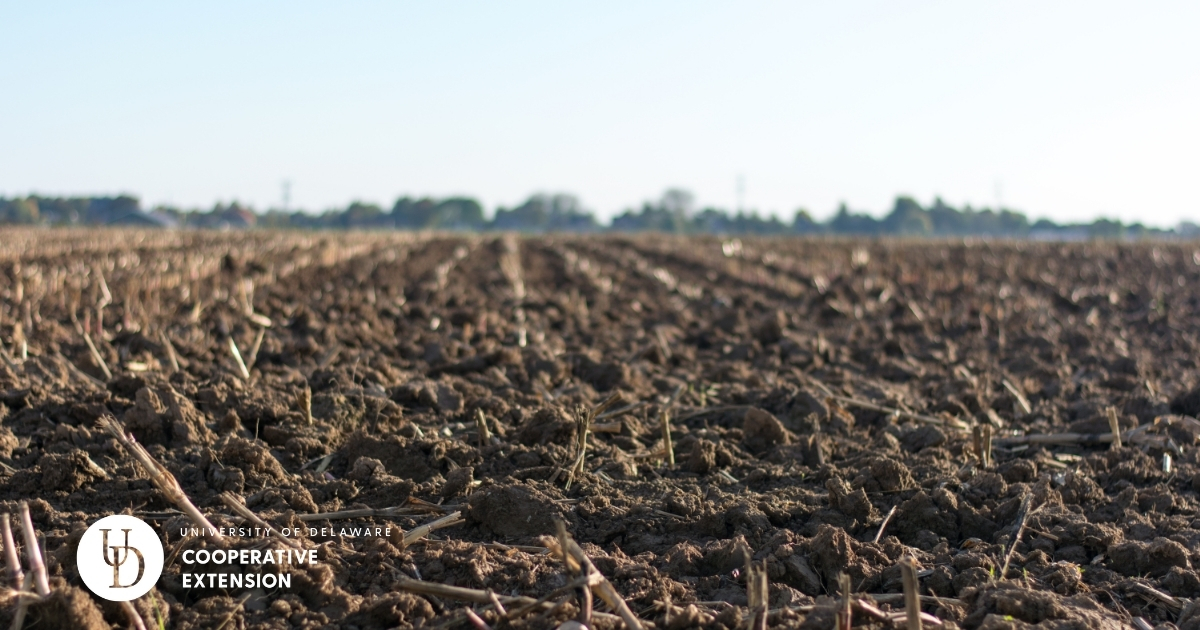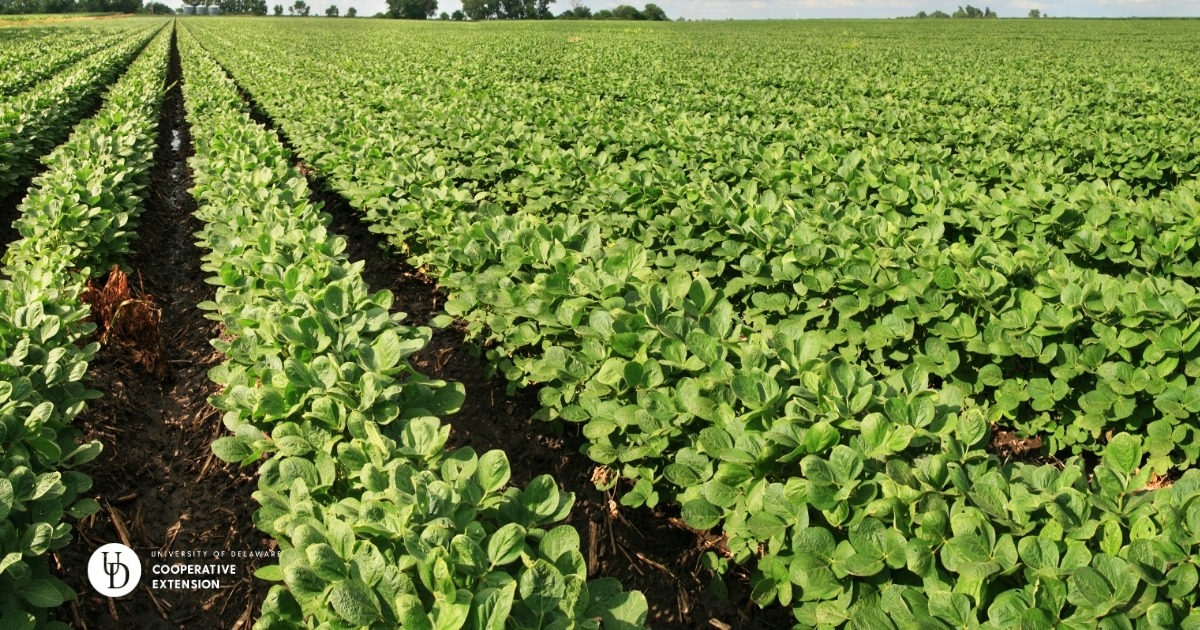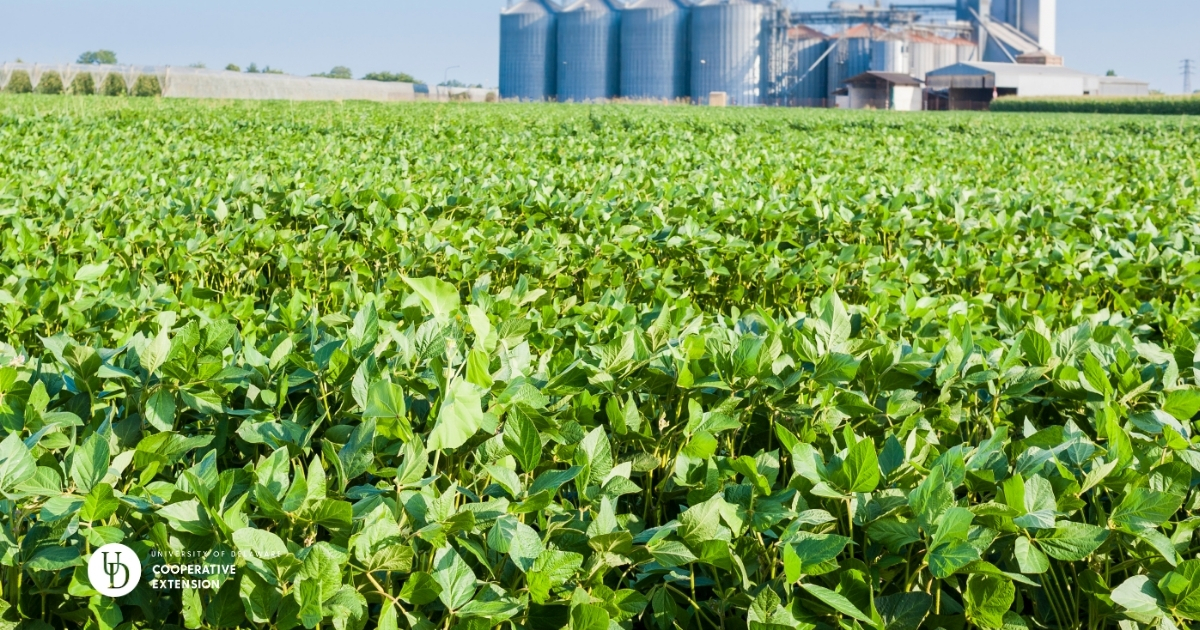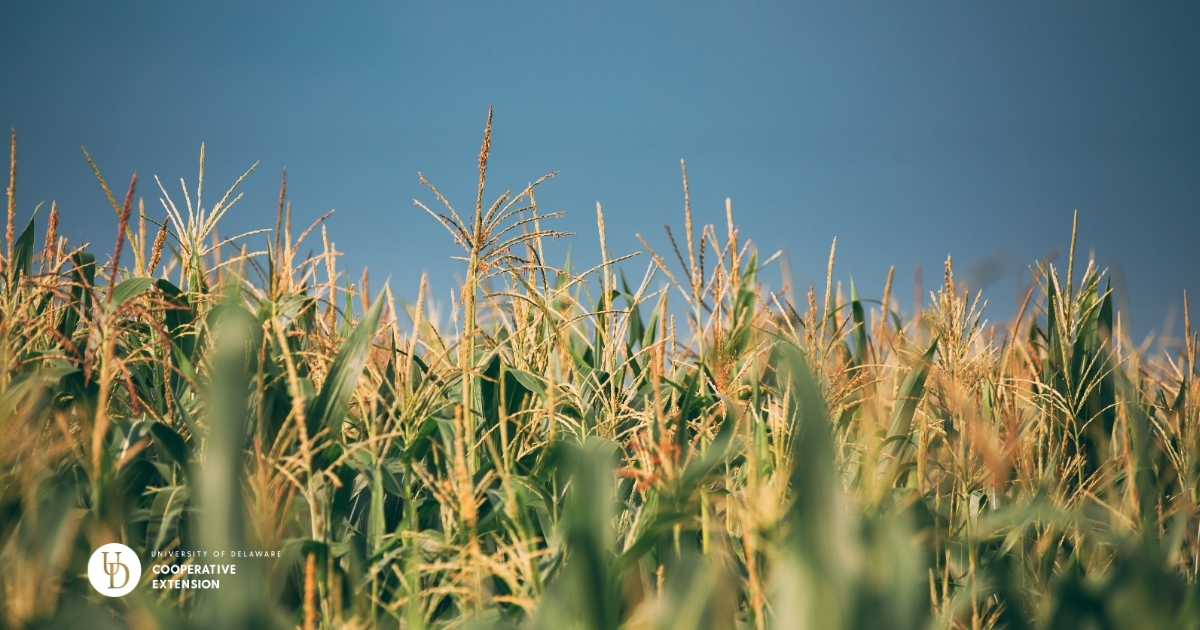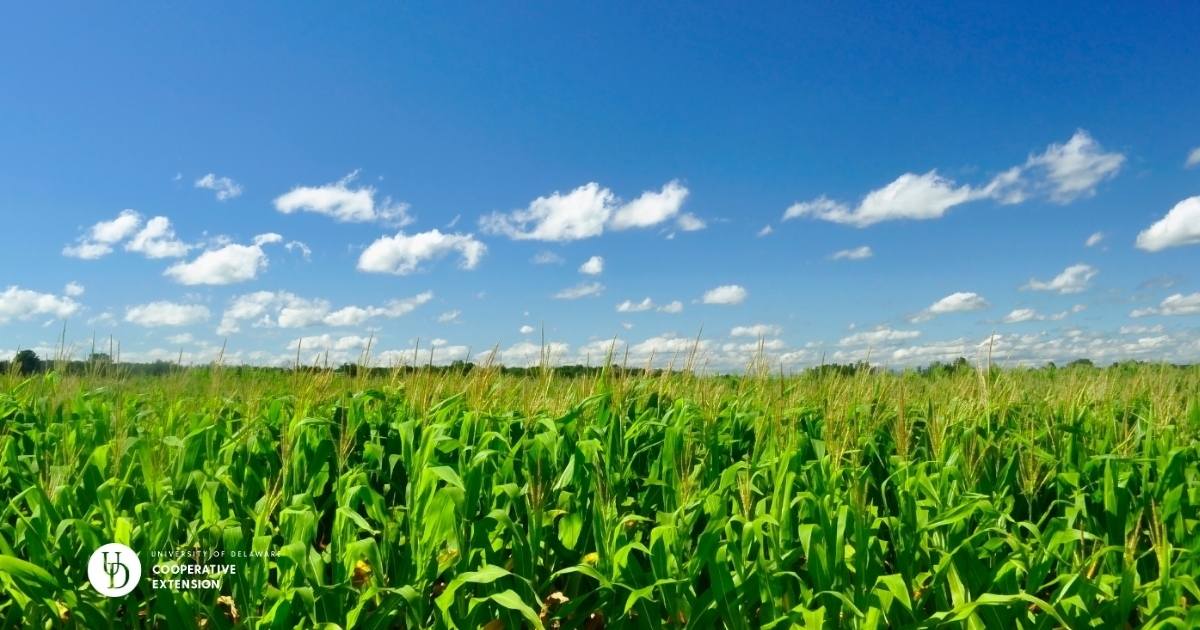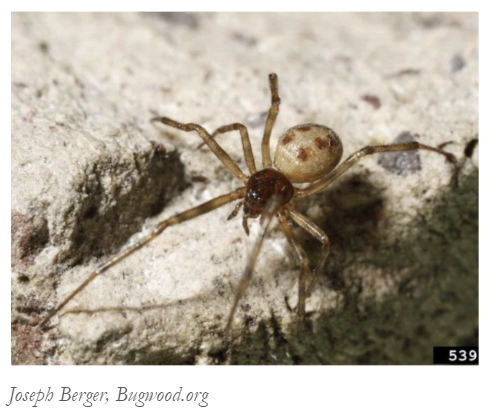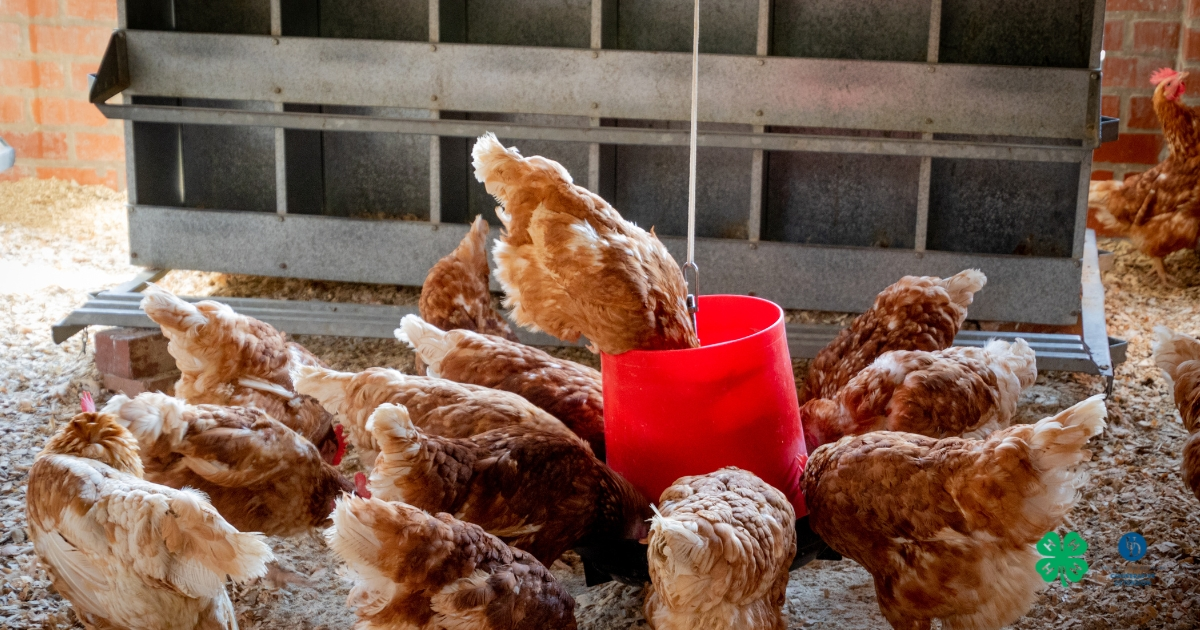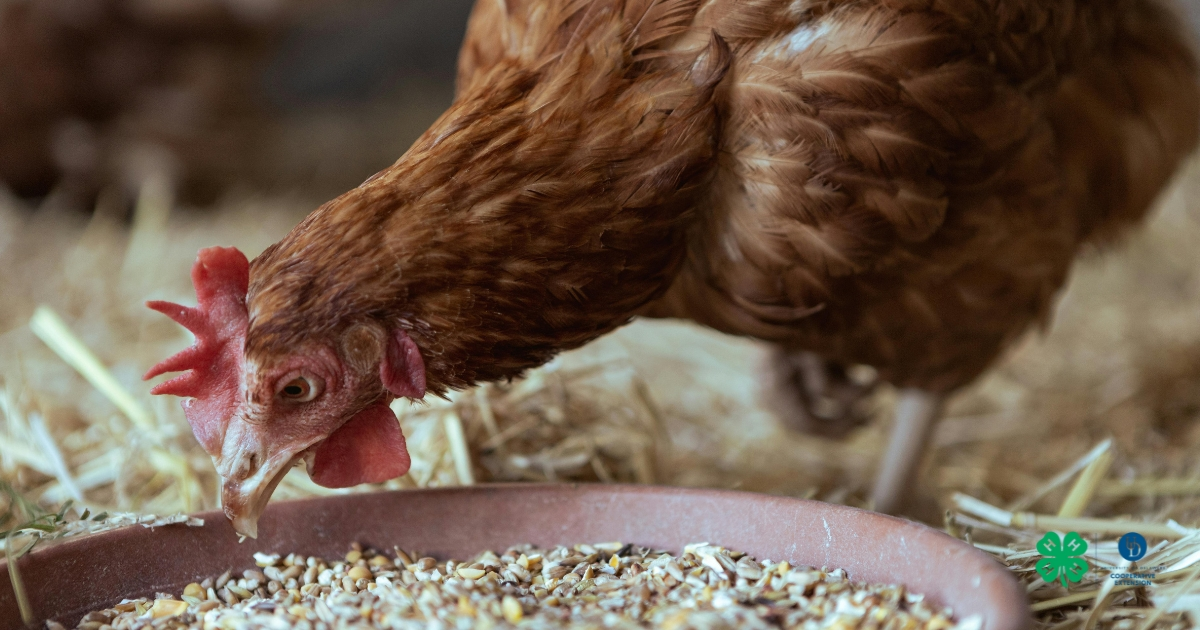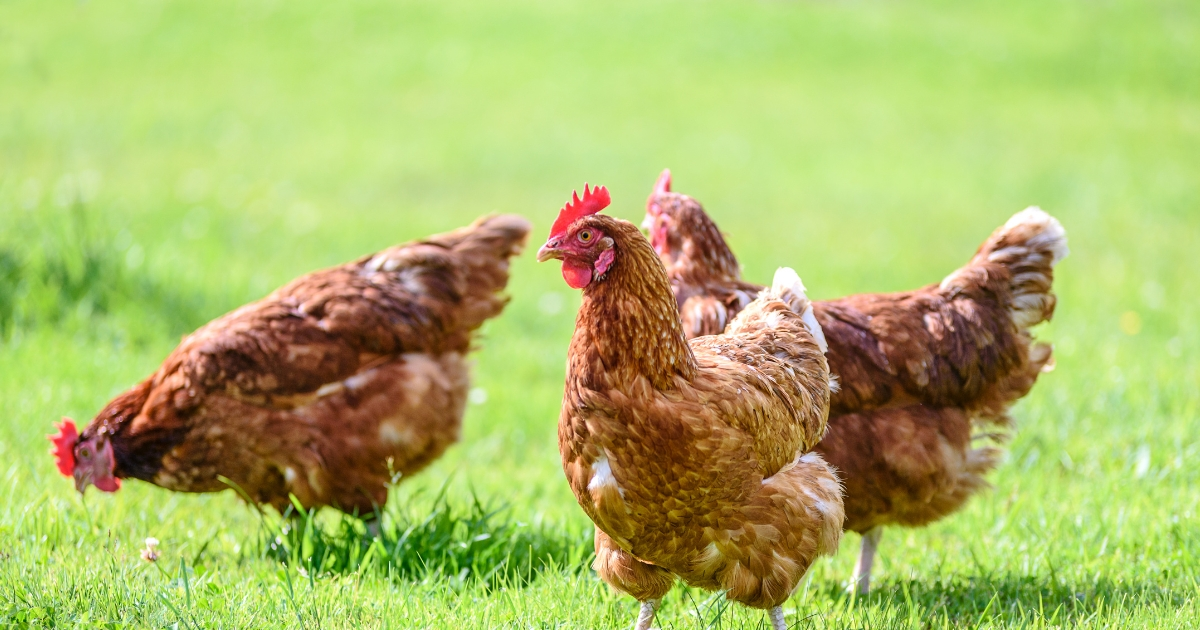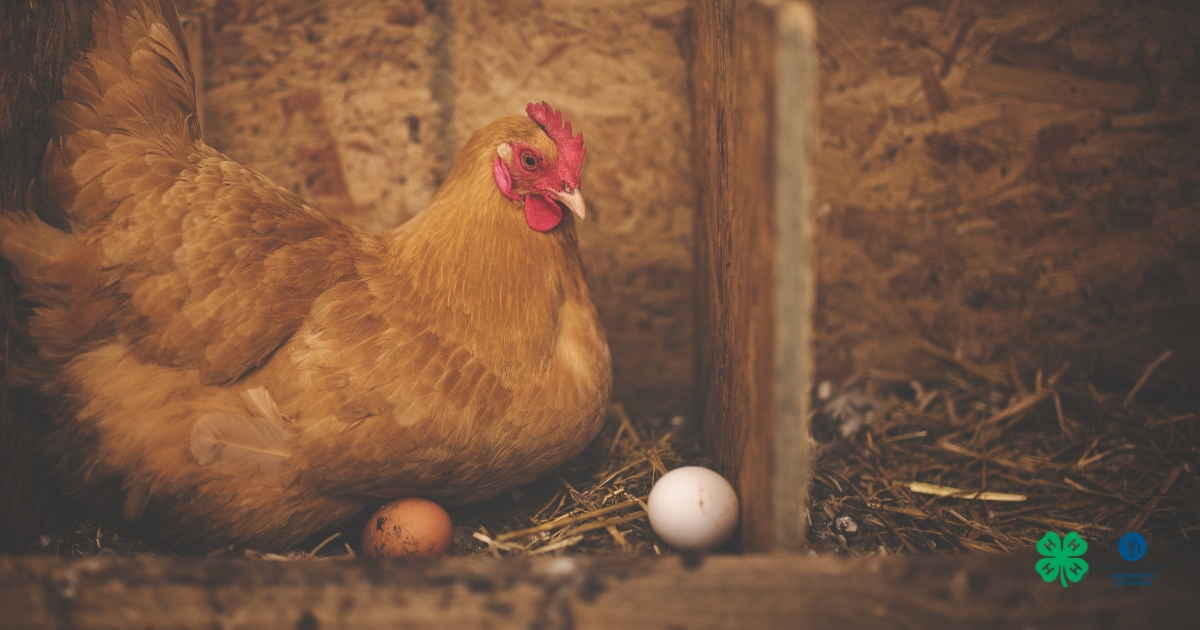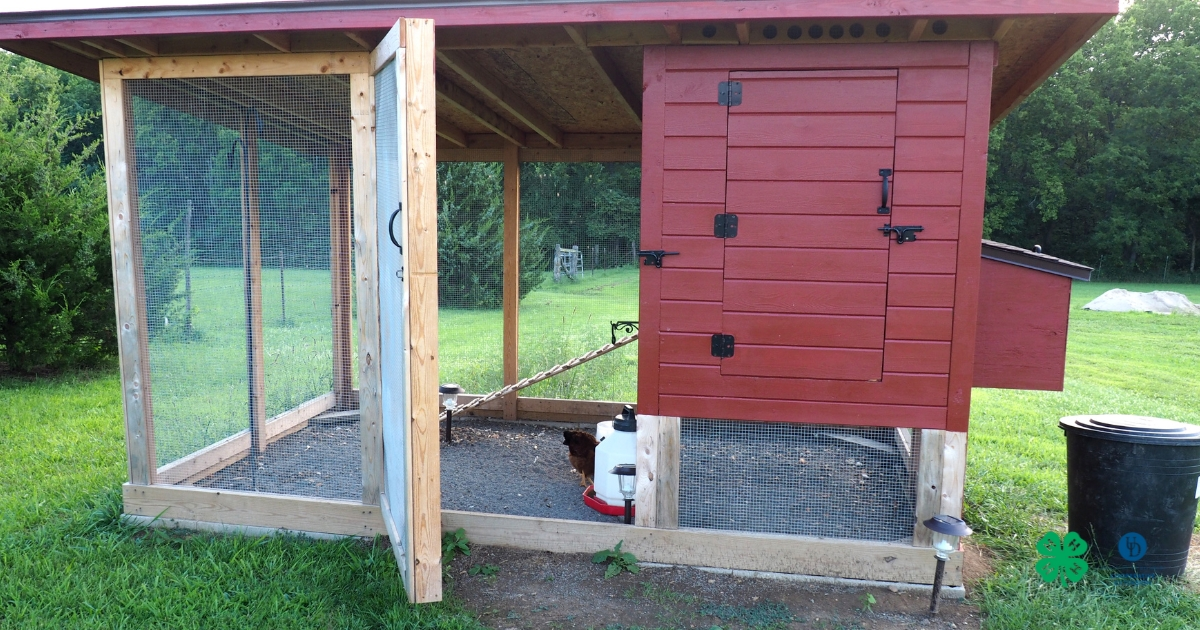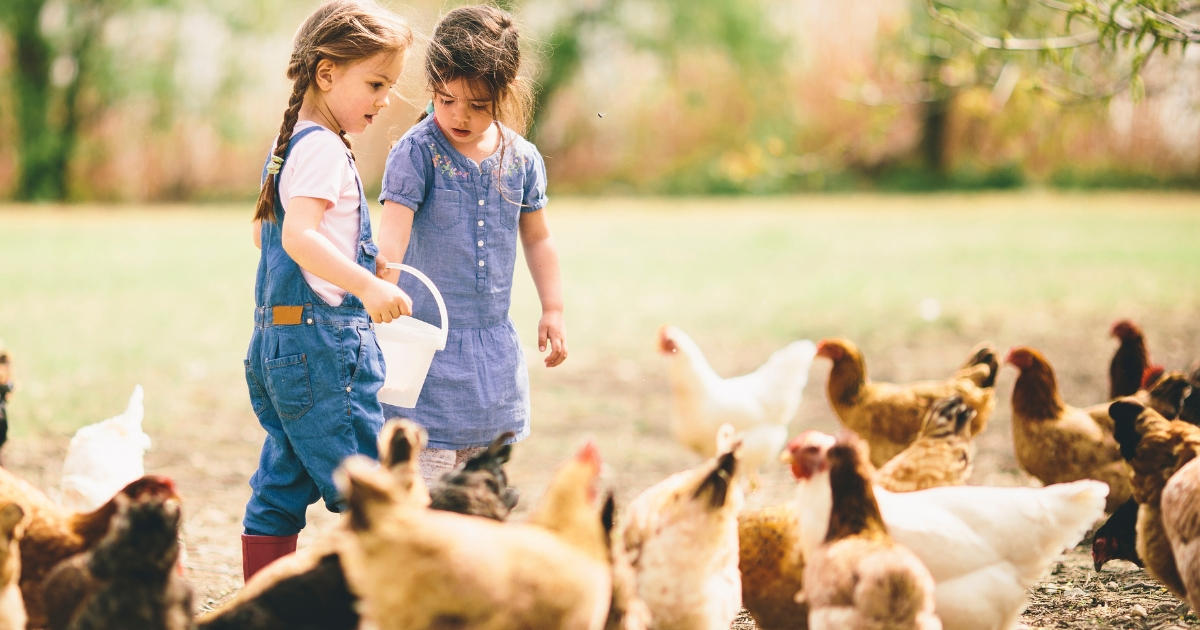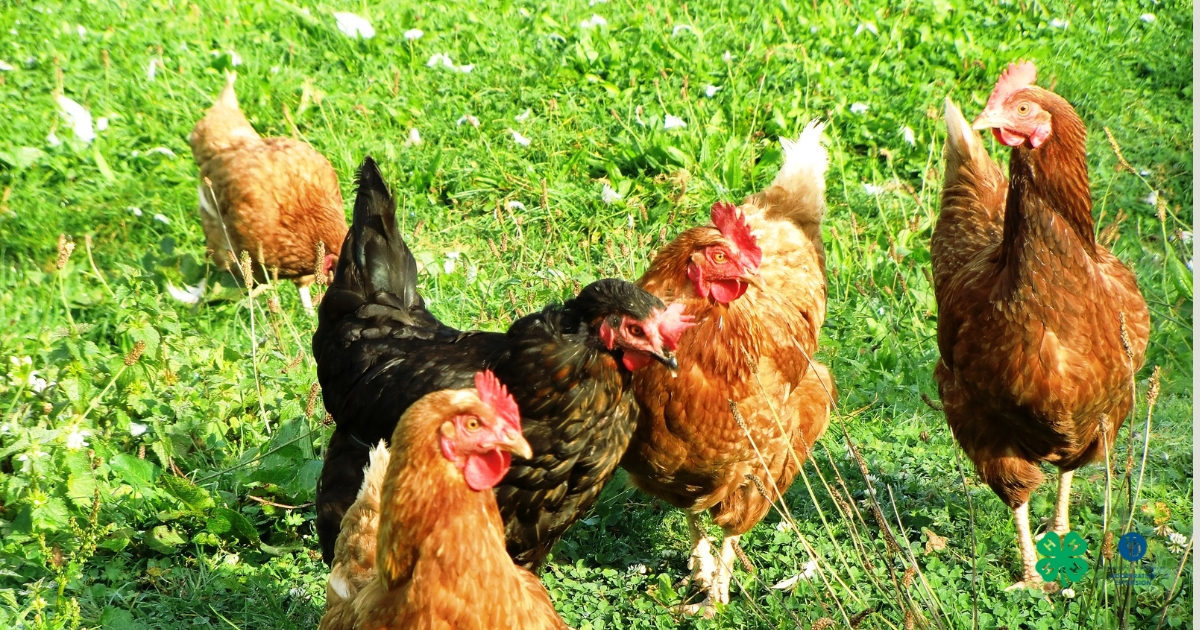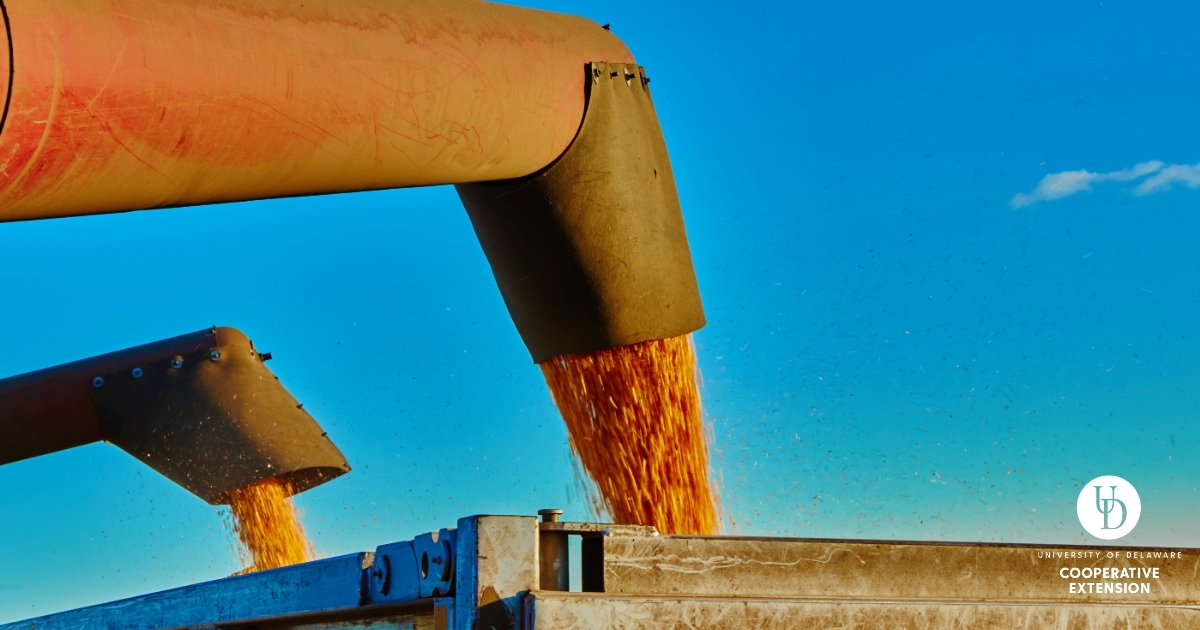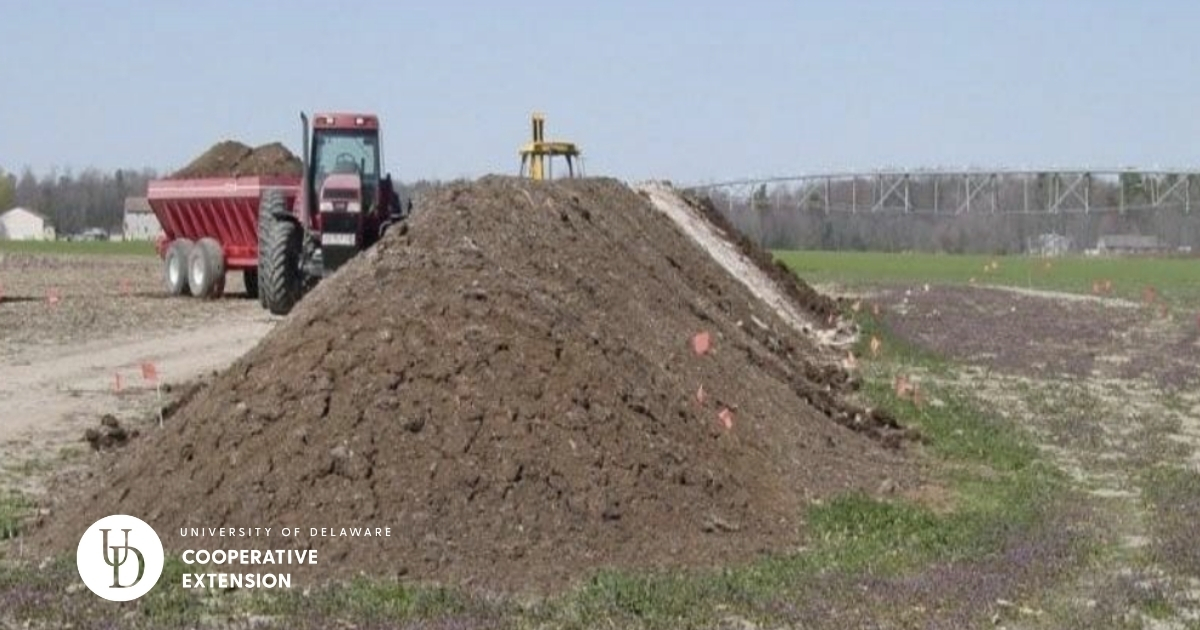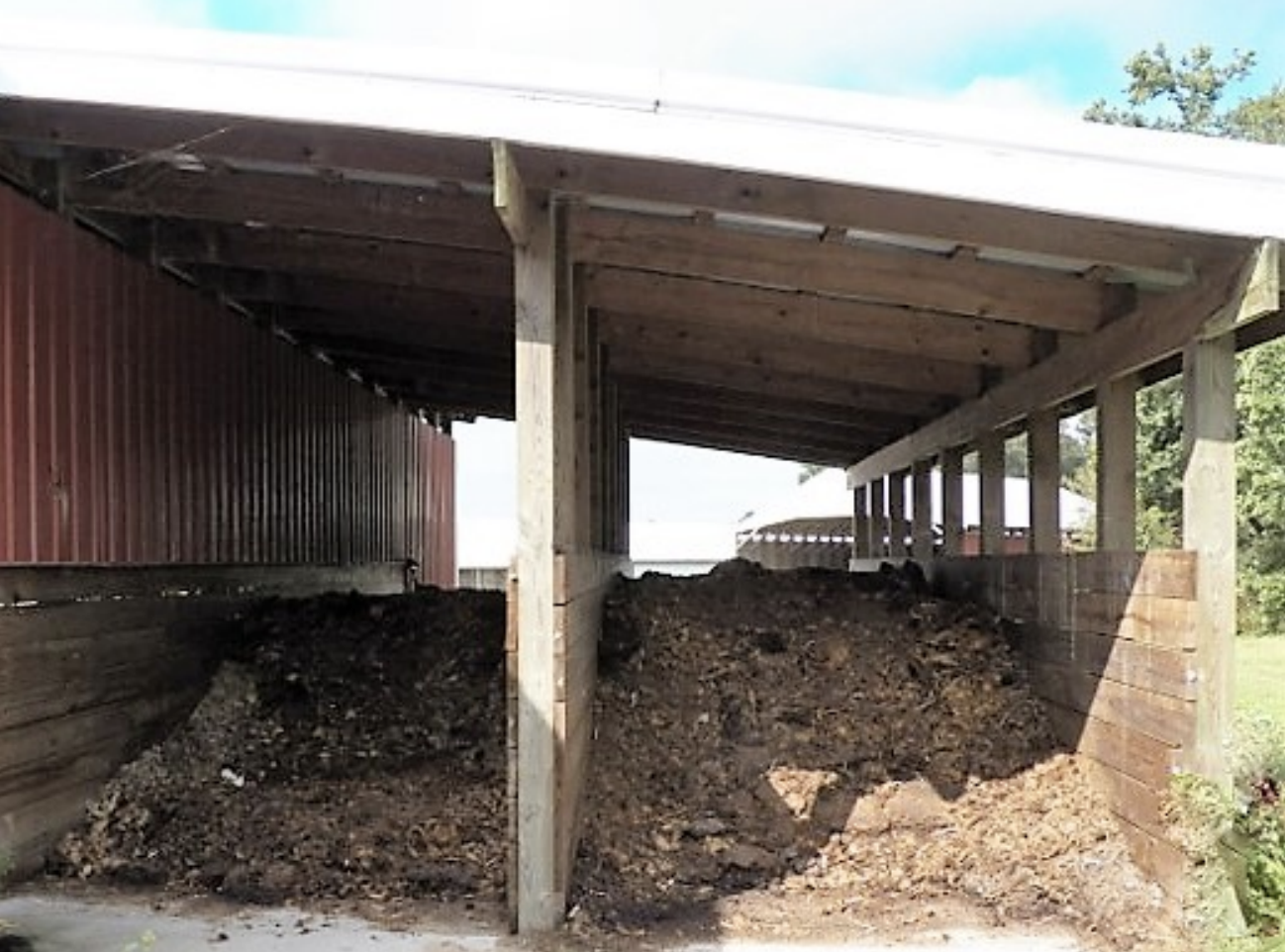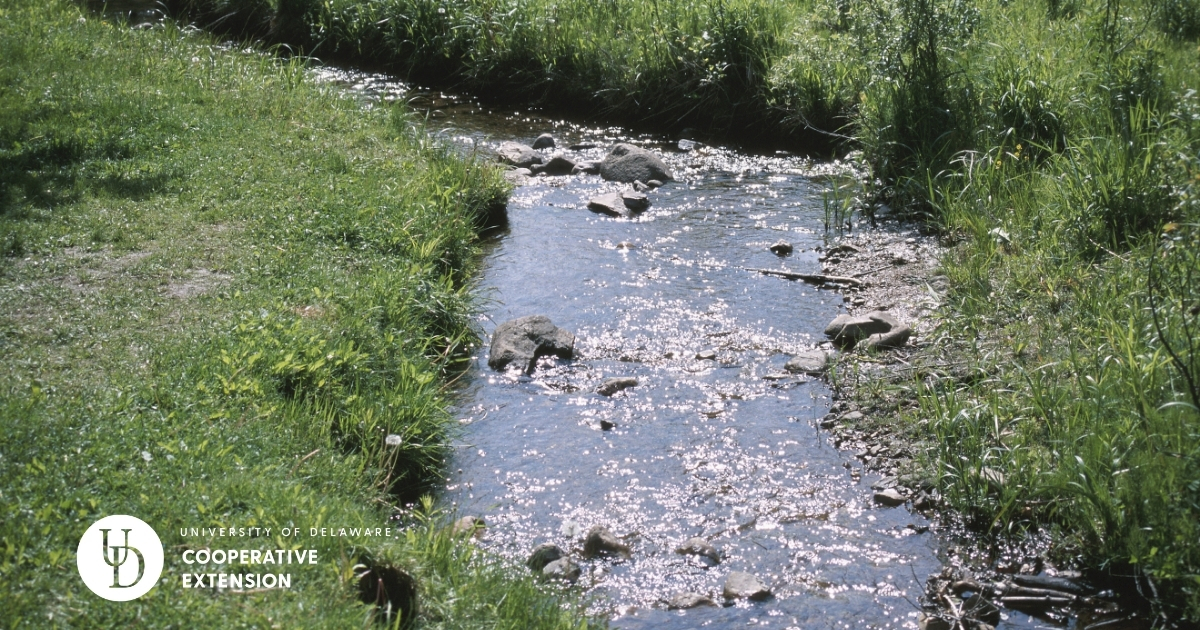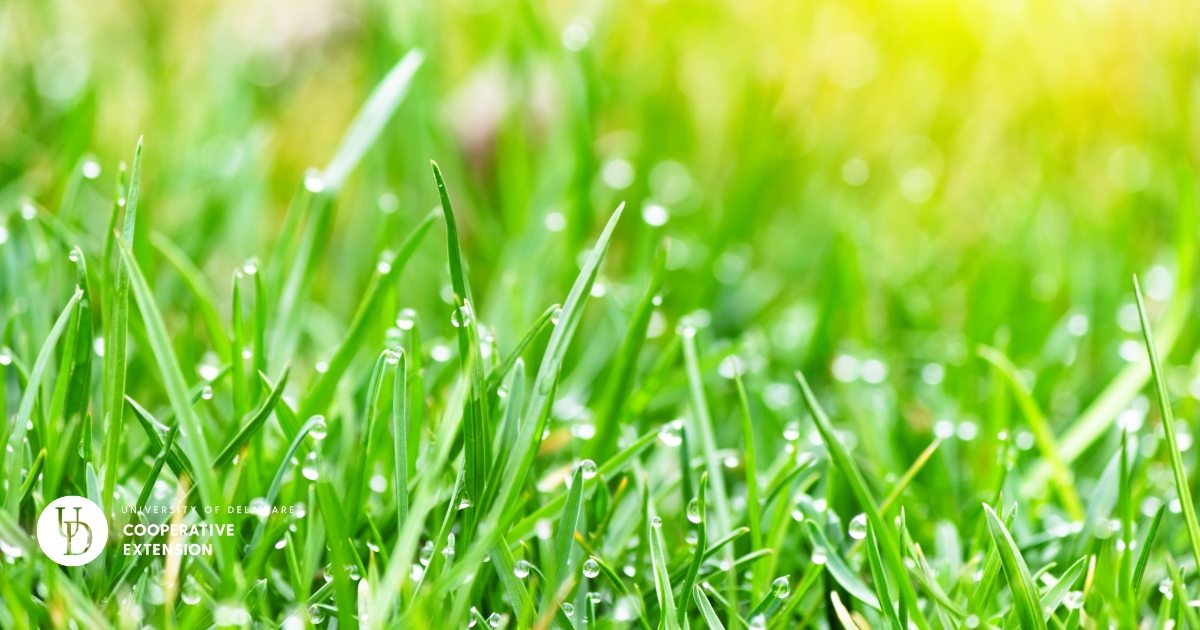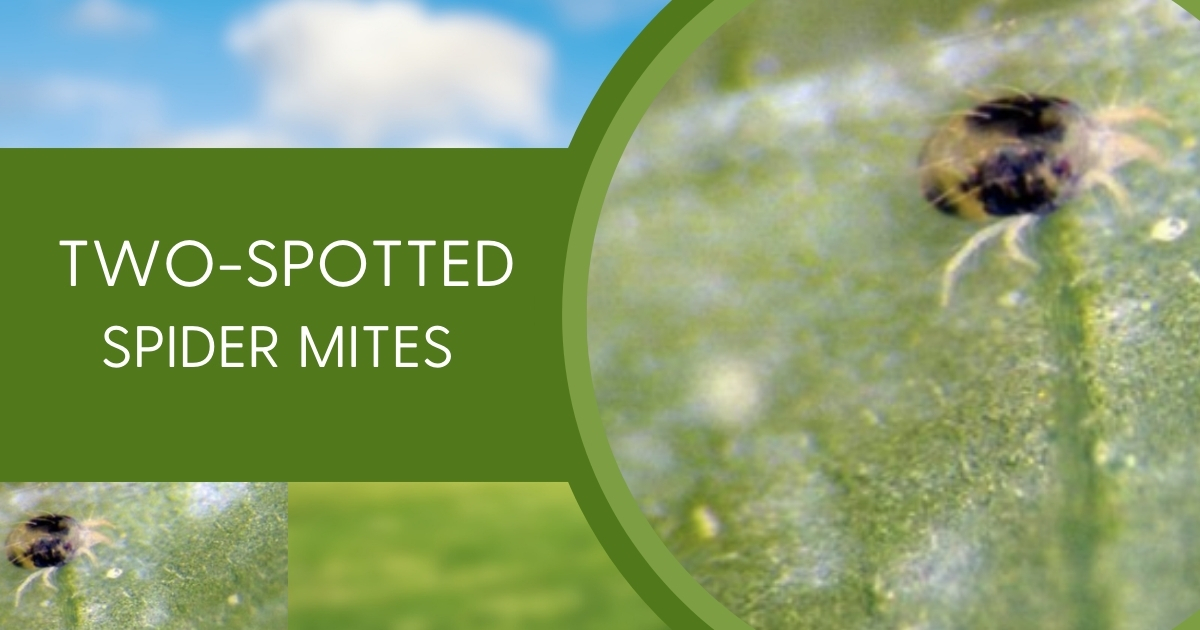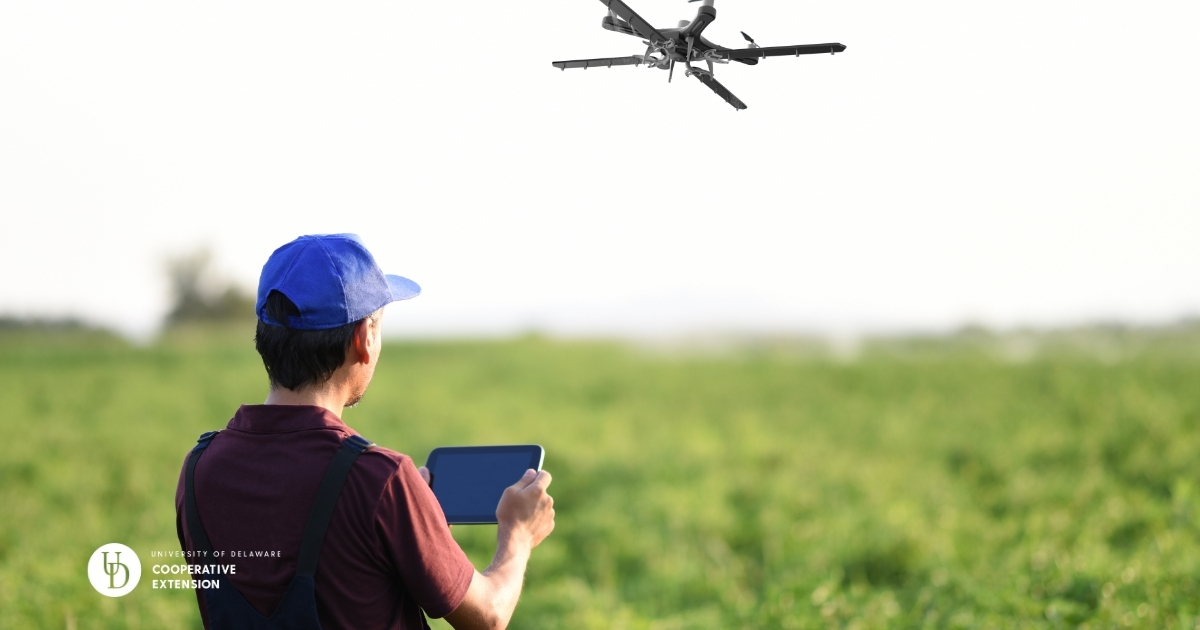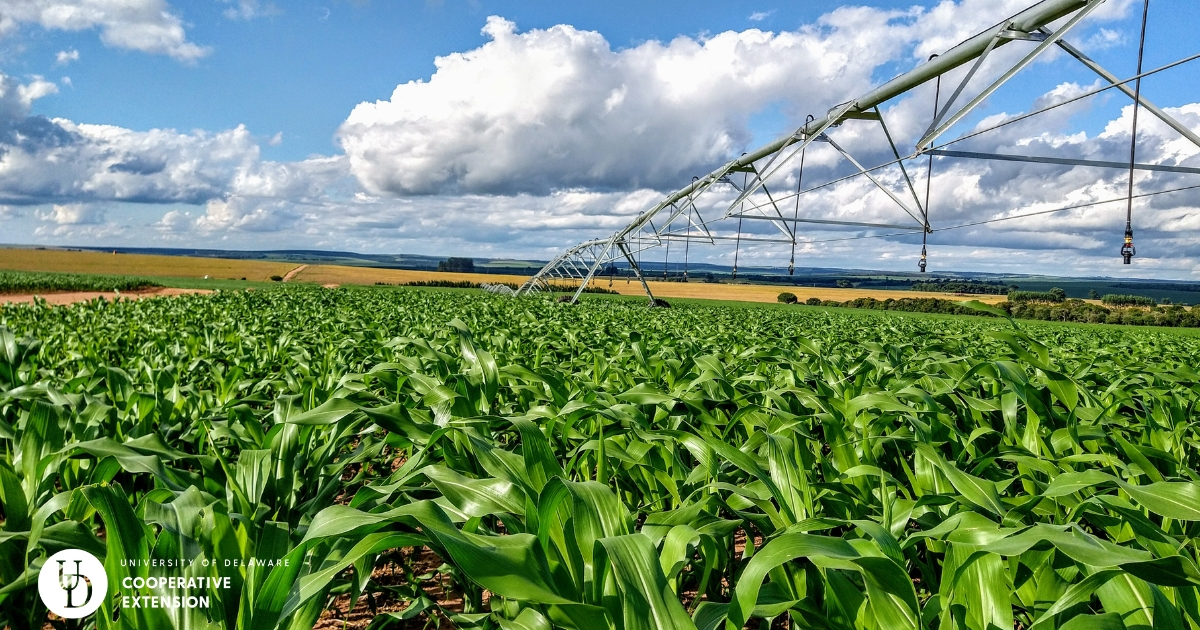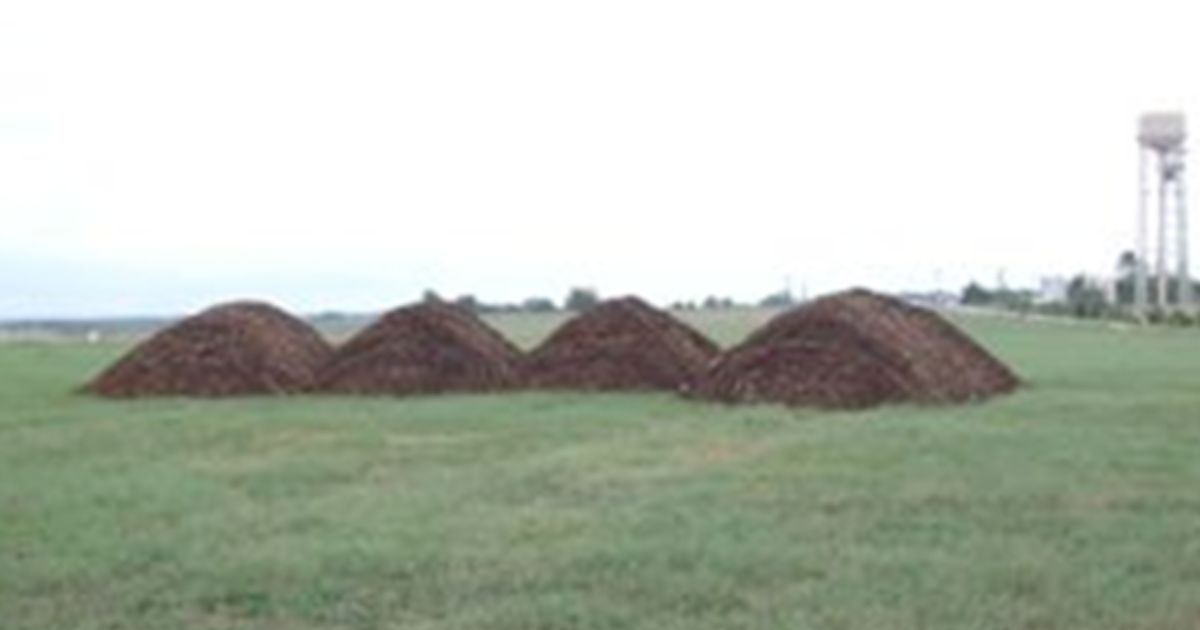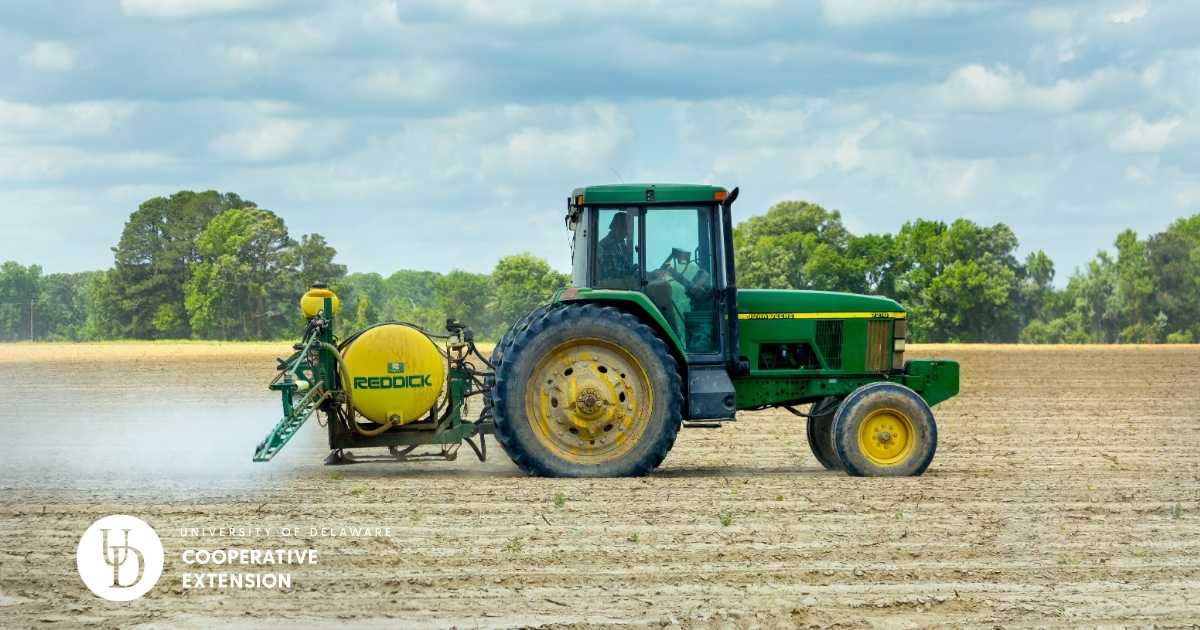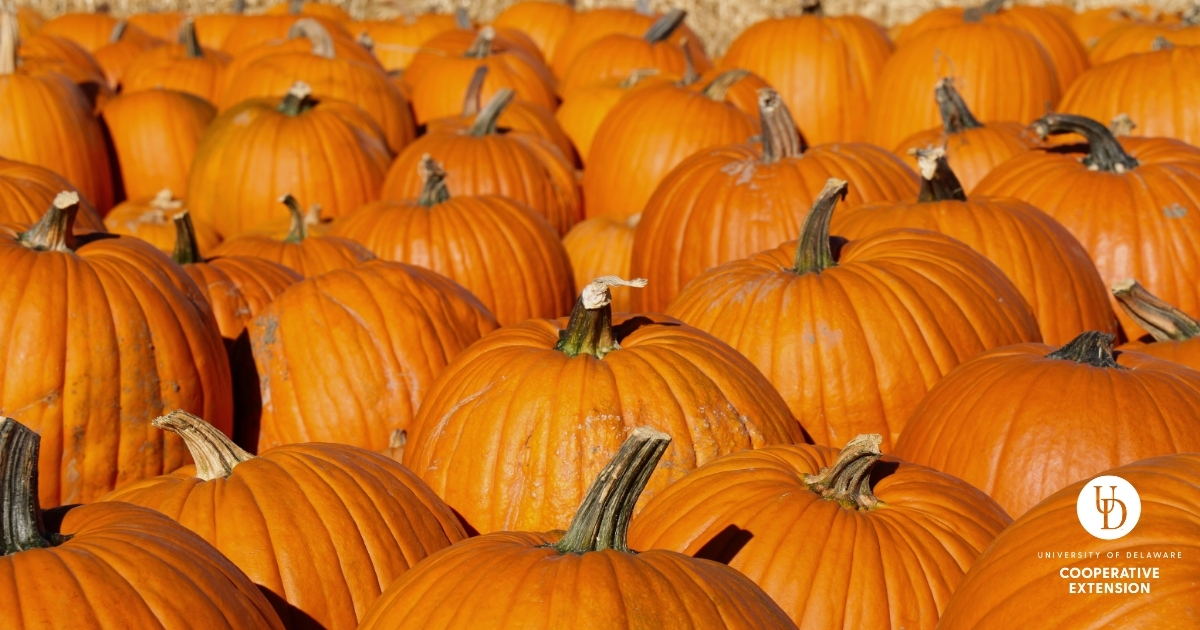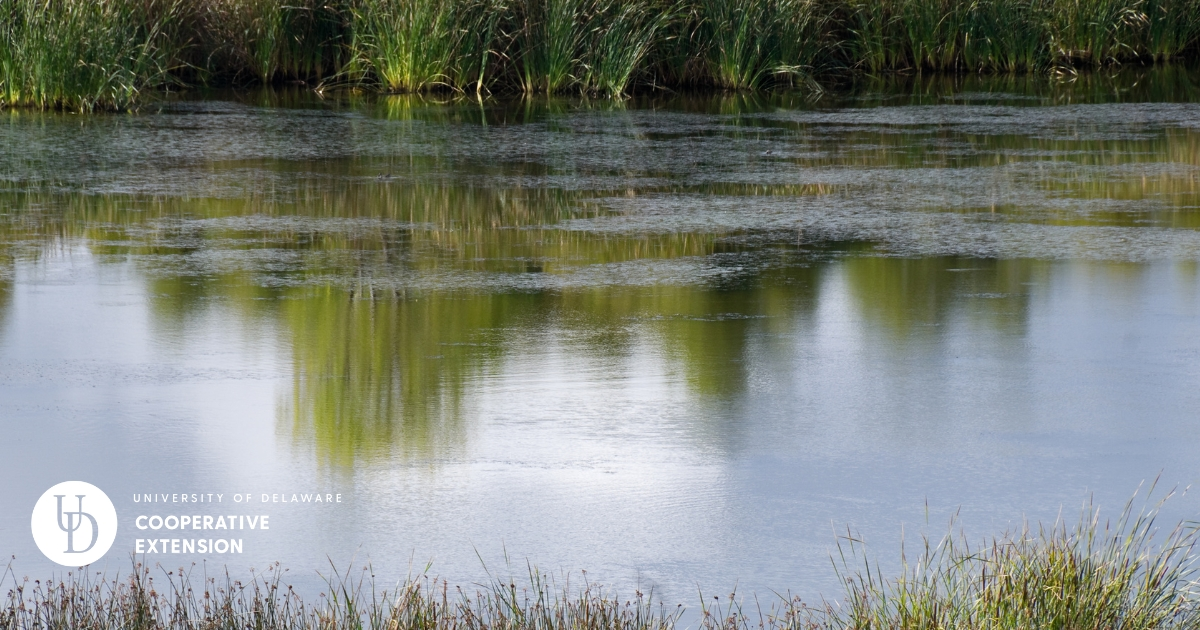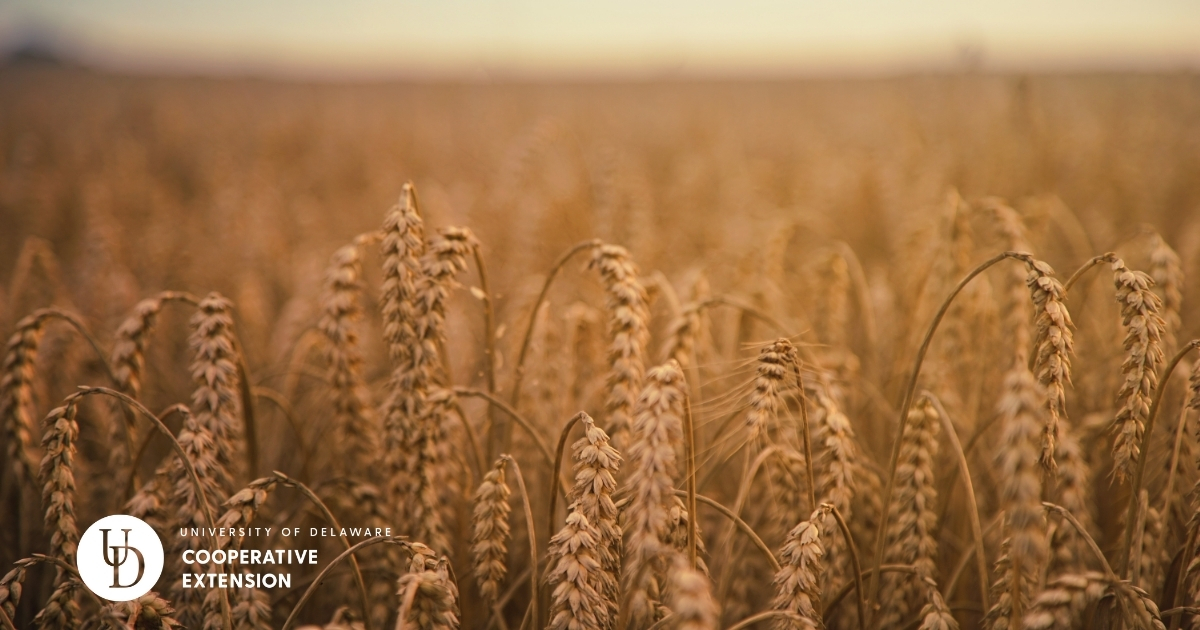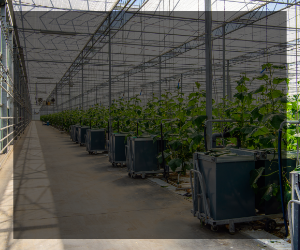
Commercial Horticulture
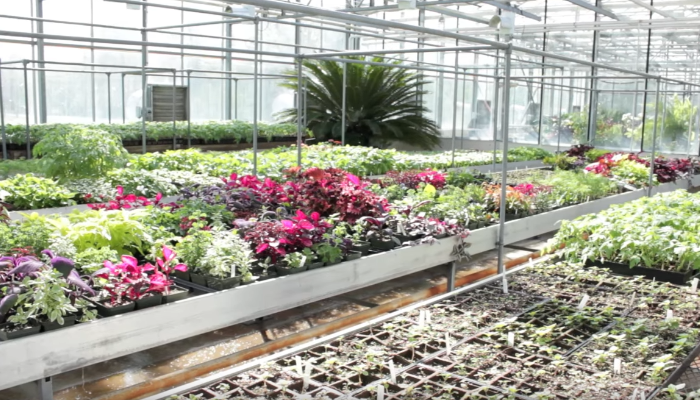
The University of Delaware Cooperative Extension Commercial Horticulture Program provides non-biased, research based information for growers, retailers, greenhouse operators, landscape contractors, landscape maintenance professionals and other green industry professionals in Delaware, the region, and the nation. Horticulture is the science, art, technology and business involved in intensive plant cultivation for human use. It includes non-food crops such as flowers, trees, shrubs, lawns, etc. and food crops (fruits, vegetables, mushrooms and culinary herbs), which are covered in the UD Vegetable and Small Fruits Program.
The needs of the green industry are addressed with applied research and demonstration projects focusing on sustainable landscape installation and management as well as pest control. The information and knowledge is disseminated through a range of venues in collaboration with the Delaware Nursery and Landscape Association (DNLA), including educational meetings, short courses, tours, publications, newsletters, direct contact and this website.
A certified nursery professional program is administered through the DNLA to help industry professionals learn technical information and demonstrate their professional standing.
DNLA (Delaware Nursery and Landscape Association)
2025 UD Cooperative Extension Horticulture Short Courses
Cost: $20.00
Pest and Beneficial Insect Walk, UD Paradee Center
June 10, 4-6:30 pm, 1 CNP, 2 Pest., 2 ISA credits
Kent County Extension Office, Paradee Center, 69 Transportation Circle, Dover, DE
Learn to identify insect and disease pests, as well as beneficial insects in the landscape at the Paradee Center. Find out what signs and symptoms are used to identify pests and diseases. Instructors: Jill Pollok, Brian Kunkel, and Blake Moore
Pest and Beneficial Insect Walk, Carvel Center
June 16, 4-6:30 pm, 1 CNP, 2 Pest., 2 ISA credits
Sussex County Extension Office, 16483 County Seat Highway, Georgetown, DE
Learn to identify insect and disease pests, as well as beneficial insects in the landscape at the Sussex County Extension Office. Find out what signs and symptoms are used to identify pests and diseases. Instructors: Jill Pollok, Brian Kunkel, and Tracy Wootten
Pest and Beneficial Insect Walk in the UDBG
June 25, 4-6:30 pm, 1 CNP, 2 pest., 2 ISA credits, 1 NM
University of Delaware Botanic Gardens, 531 S College Avenue, Newark, DE. Meet at the entrance to Fischer Greenhouse
Learn to identify insect and disease pests, as well as beneficial insects in the landscape at the University of Delaware Botanic Gardens. Find out what signs and symptoms are used to identify pests and diseases. We will also learn how to properly identify common turfgrasses found in typical Delaware urban landscapes. Instructors: Jill Pollok, Brian Kunkel, John Emerson, and Carrie Murphy
Hands-On Disease and Insect ID Workshop
Carvel Center, July 8, 4 – 6 PM, 1 CNP, 2 pest., 2 ISA credits
Sussex County Extension Office, 16483 County Seat Highway, Georgetown, DE
Learn what signs and symptoms the Extension Specialists use to identify pests and diseases! Tips and techniques will be shared. Fresh and preserved specimens will be available to look at using hand lenses and microscopes. Instructors: Jill Pollok, Brian Kunkel, and Tracy Wootten
Hands-On Disease and Insect ID Workshop, College of Agriculture and Natural Resources Campus
July 16, 4 – 6 PM, 1 CNP, 2 pest., 2 ISA credits
College of Agriculture and Natural Resources, Room 012 Townsend Hall, 531 S College Avenue, Newark, DE
Learn what signs and symptoms the Extension Specialists use to identify pests and diseases! Tips and techniques will be shared. Fresh and preserved specimens will be available to look at using hand lenses and microscopes. Instructors: Jill Pollok, Brian Kunkel, and Carrie Murphy
Turfgrass Plot Walks/Field Day
September 26th from 9am-11am, NM and Pest will be available
226 Farm Ln. Newark, DE 19716
As a group, we will tour the current and ongoing research and demonstration plots at 2 locations on the farm. Attendees should expect to learn about the advantages of the latest improved cool and warm-season grass cultivars, how soil pH and phosphorus affect weed encroachment and turfgrass quality, and management considerations for the use of fine fescues as a meadow. We will also look at the impacts of methiozolin (Poacure) on fine fescues. Instructor: John Emerson
Sod Farm Tour
October 8 at 2 pm, NM and Pest will be available
Apgar Sod Farm, 1400 Smyrna Leipsic Rd, Smyrna, DE 19977
Have you ever been curious about how sod is cultured? Come join us for an in-depth tour of the day-to-day operations of a local sod farm. This will be a fantastic trip to understand exactly how sod is grown from start to finish and all the challenges and considerations that arise during the growing season. Instructors: John Emerson, John and Taylor Apgar
Check workshop description for meeting location. Questions? Contact your County Agent:
Carrie Murphy, New Castle County Short Courses (302) 831-1426 or cjmurphy@udel.edu
John Emerson, Turfgrass Plot Walks (302) 831- 4977 or jremer@udel.edu
Blake Moore, Kent County Short Courses (302) 730-4000 or rbmoore@udel.edu
Tracy Wootten, Sussex County Short Courses (302) 856-7303 or wootten@udel.edu
Plant of the Year
- Plant of the Year Blog - Each year the Delaware Nursery and Landscape Association selects a woody and herbaceous plant that thrives in Delaware and should receive more attention in the trade. Plants are suggested by a team of loca professionals and the DNLA board votes on the winners. A one-page colorful flyer is developed to promote the winners each year.
Native Plant Nurseries serving Delaware and the region
- The DNLA, Delaware Department of Agriculture, and the University of Delaware Cooperative Extension have worked together to develop a list of nurseries who provide native plant material to Delawareans.
- Click Native Plants – Wholesale Only Nurseries for a list of Nurseries serving Wholesale customers only.
- Click Native Plants – Retail / Wholesale for a list of Nurseries serving retail/wholesale customers.
The Greenhouse and Nursery industry thrives on the Eastern Shore. Delaware has several large greenhouse operations and nurseries. There are also major nurseries in our neighboring state of Maryland. The Green Industry Consortium is a national group of horticulturists and Ag Economists who have been addressing the needs of the Green Industry for over 25 years. The Green Industry Consortium has developed many publications for this industry. The Greenhouse publication is for start-up or existing greenhouses and was part authored in Delaware. The Specialty crops initiative has provided funding for a number of specialty crops projects in the United States. A project conducted in Delaware to help nurseries explore growing more native species is listed below.
The Livable Lawns Program certifies lawn care companies that follow environmentally-friendly practices in fertilizer application while educating property owners.
- A brochure is available to print and leave with customers to explain proper lawn management
- Plants for a Livable Delaware
- Videos on the Delaware Livable Lawns website provide resources to show homeowners how to take and interpret a soil sample; and how to properly apply fertilizer to their lawns.
- A brochure entitled Livable Lawns: Managing a Healthy Lawn is now available.
Green Industry Training at your Site
Delaware Cooperative Extension will work with you to conduct a workshop at your site, for your employees. A menu of available topics is included below.
For a one-hour talk from the prepared menu, the cost will be $300 for a minimum of 10 people. If you have more than 10 people, it will be an additional $5/person. For talks that exceed one hour and/or include nutrient management or pesticide credits, there will be an additional cost determined by the County Agent.
Scheduling is based on the availability of the instructor with expertise in the topic you choose. You will need to provide a meeting space to accommodate attendees. Please schedule early to have the best chance of getting the extension professional with the appropriate expertise on your chosen topic in a timely manner.
Available topics:
turf management/maintenance
integrated pest management
insect identification and management
weed identification and management
disease identification and management
plant diagnostics with microscopy
abiotic and cultural plant problems
soil basics - chemical and physical properties
sustainable landscapes
backyard wildlife habitat
basic vegetable production
soil testing for turfgrass systems
pesticide safety and handling
fertilizer management
general mathematics for pesticides/fertilizers
spreader/sprayer calibration
understanding pesticide labels
post-construction stormwater management
water quality in stormwater ponds
invasive plant management
Our team is willing to work with you to offer any other nursery or landscape industry topic for which we have expertise, and that interests you and your employees. Please discuss with your County Agent.
Please contact your County Agent for additional details and to schedule:
Carrie Murphy, Horticulture Agent, New Castle County: (302) 831-2506 or cjmurphy@udel.edu
Blake Moore, Renewable Resources Agent, Kent County: (302) 730-4000 or rbmoore@udel.edu
Tracy Wootten, Horticulture Agent, Sussex County: (302) 856-7303 or wootten@udel.edu
Related Fact Sheets
Filter by Agriculture
Filter by Horticulture
All Results
-
SOYBEAN VEIN NECROSIS VIRUS
Soybean Vein Necrosis Virus is an Orthotospovirus. This virus can be seed borne or vectored by multiple thrips species.
-
TAR SPOT OF CORN
Tar spot is caused by the fungal pathogen Phyllachoramaydis. Under favorable conditions for disease, yield loss on susceptible hybrids can be severe.
-
A Comparison of Methods to Determine Lime Requirement
Maintaining an optimal soil pH is crucial for maximizing crop yields and promoting overall soil health. The optimal soil pH is typically between 5.5 and 7.0 for most crops growing in Delaware. Maintaining an optimal soil pH ensures that essential nutrients are readily available for plant uptake and minimizes the potential for toxicity from elements like aluminum (Al) and manganese (Mn), which can become harmful in overly acidic conditions.
- 1
- 2
- 3
- 4
- 5
- 6
- 7
- >>

